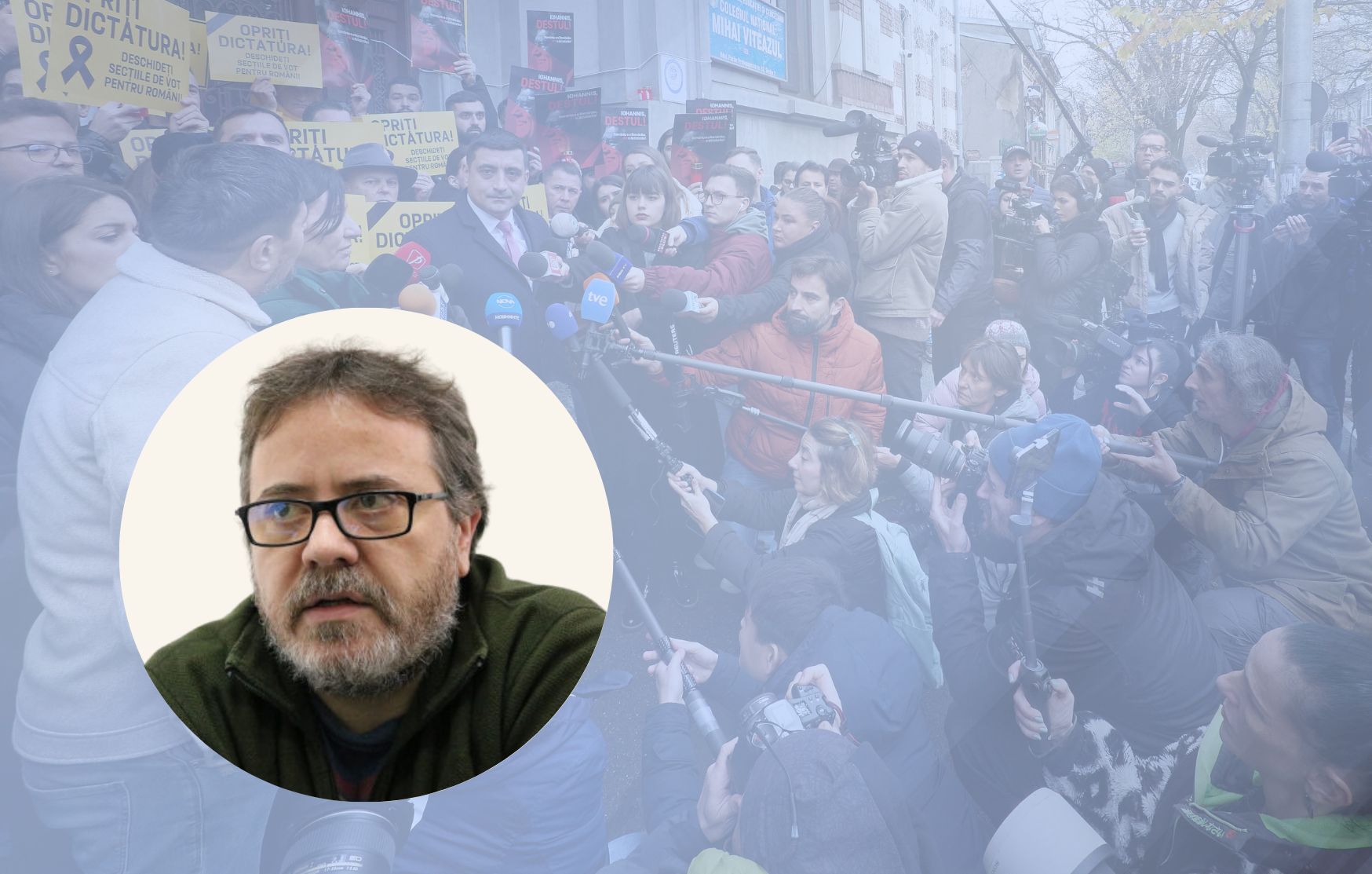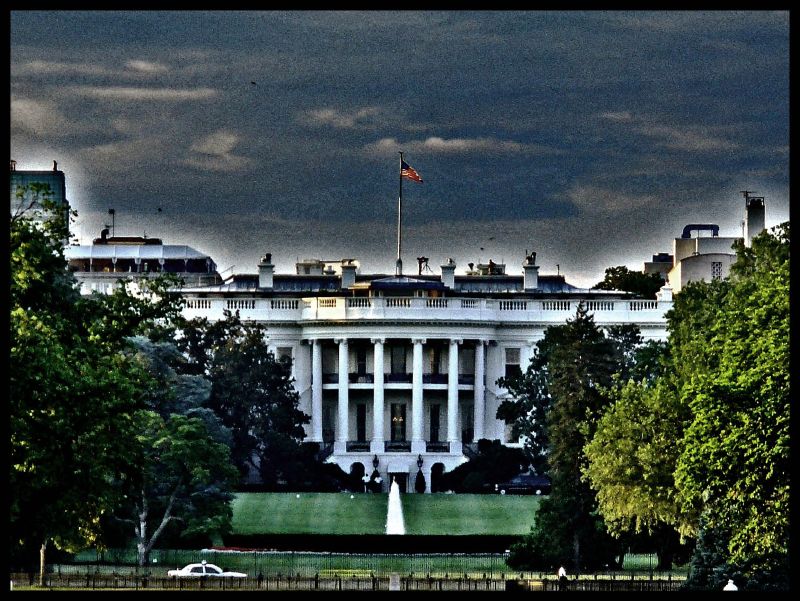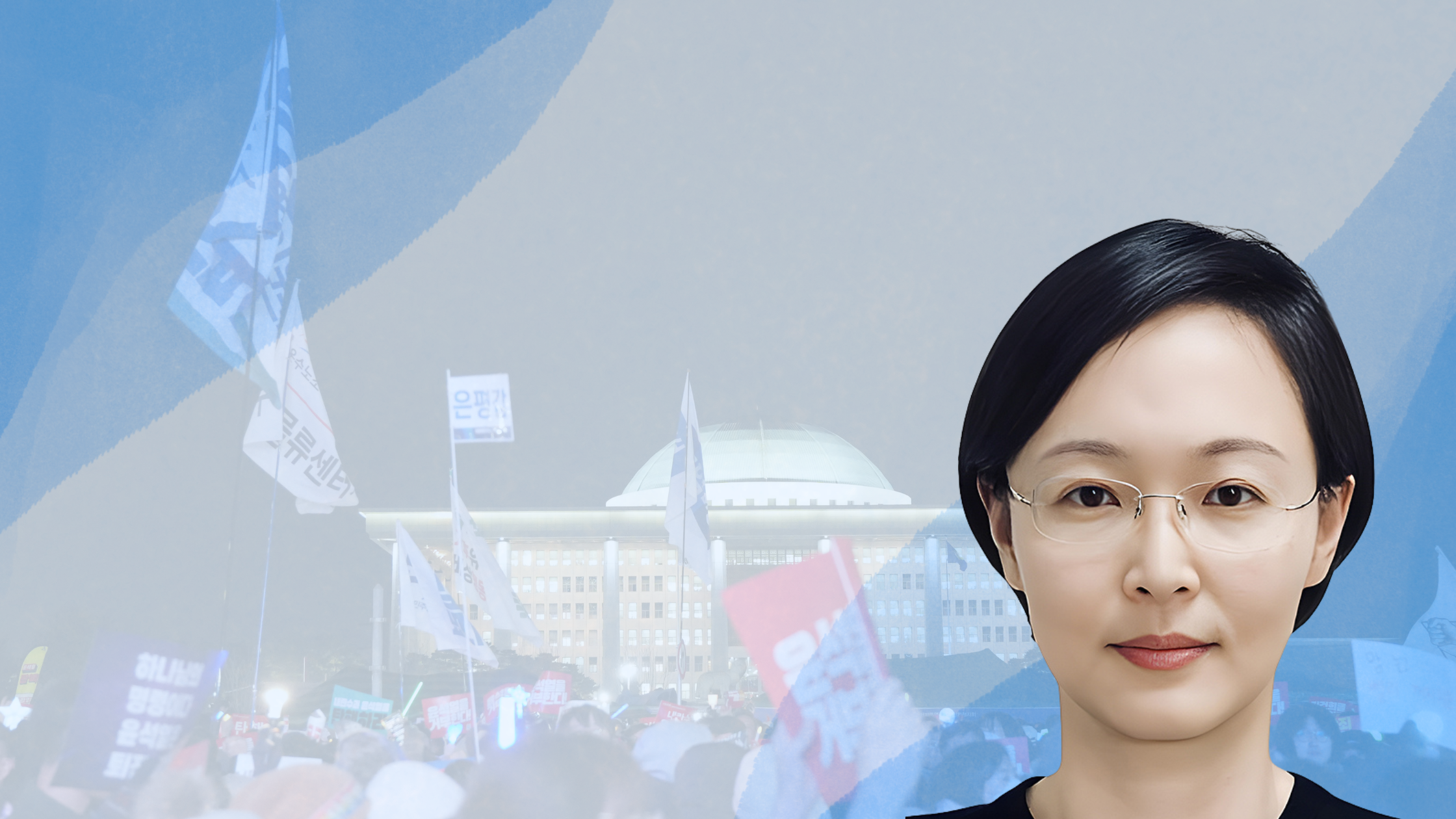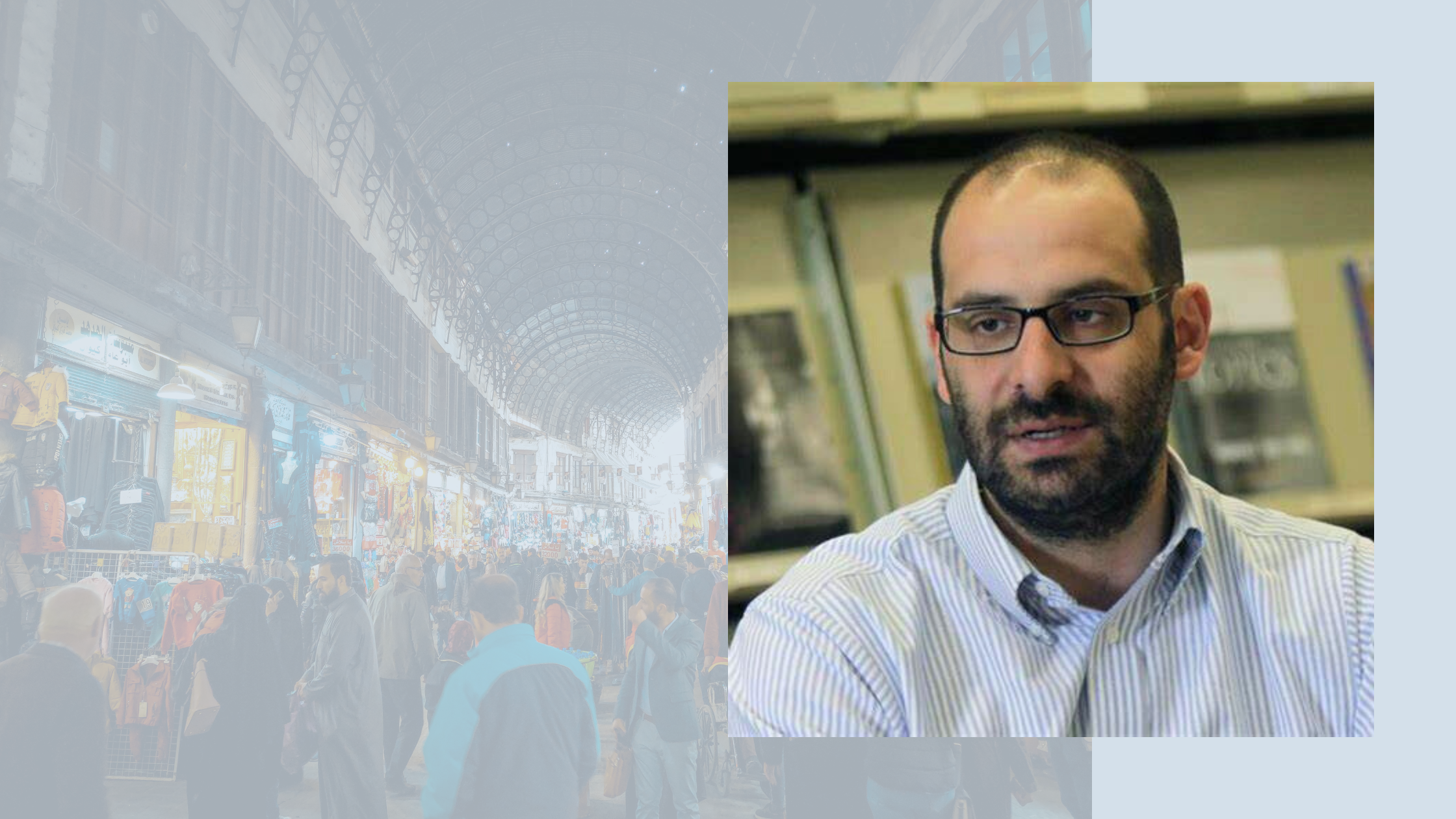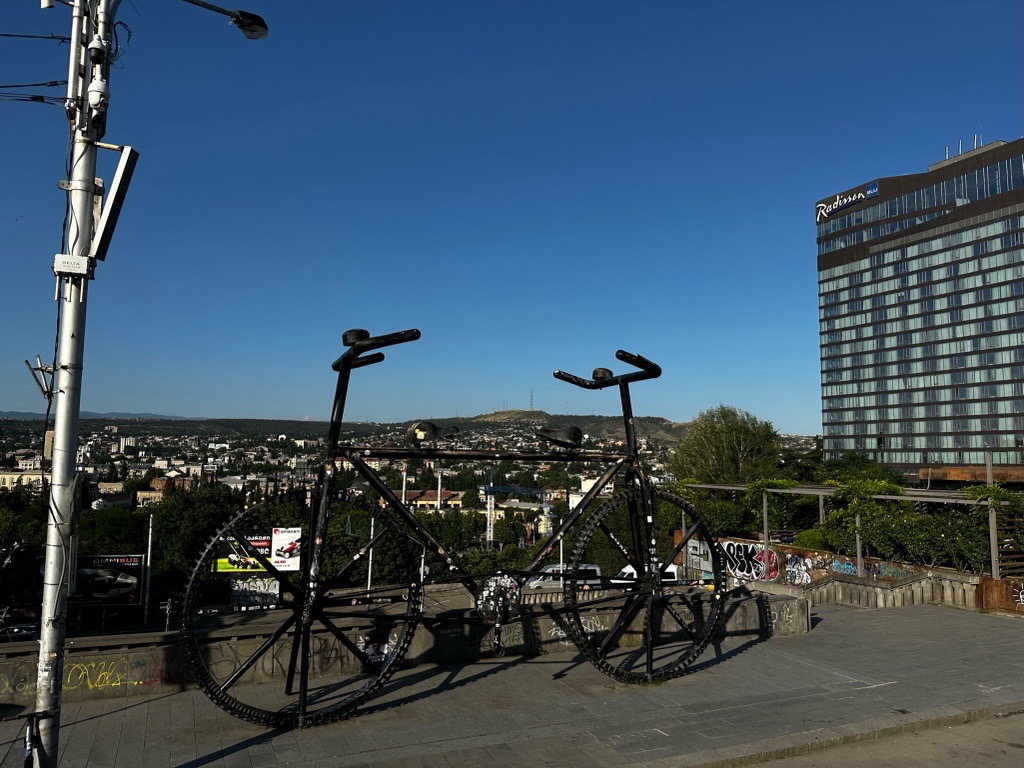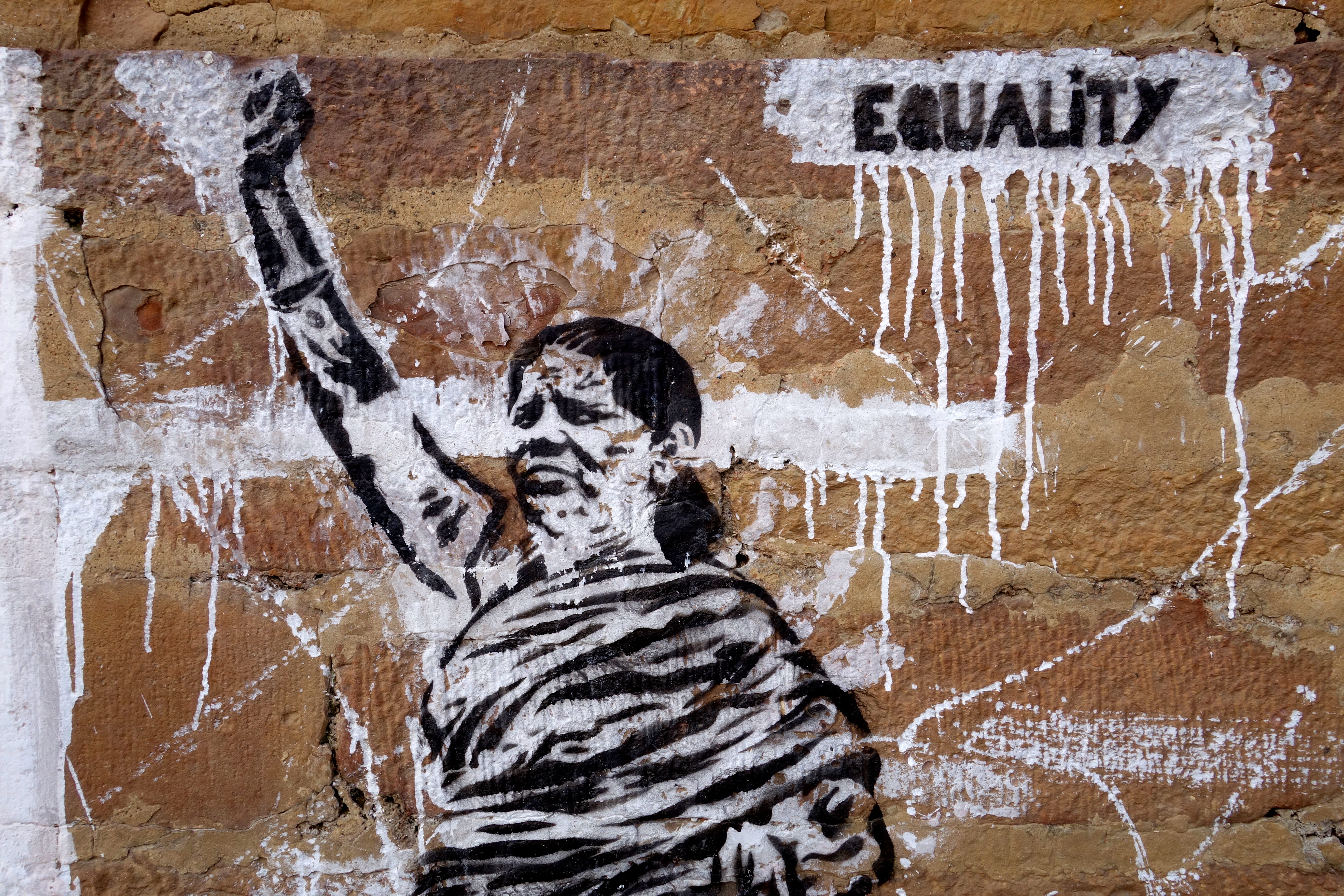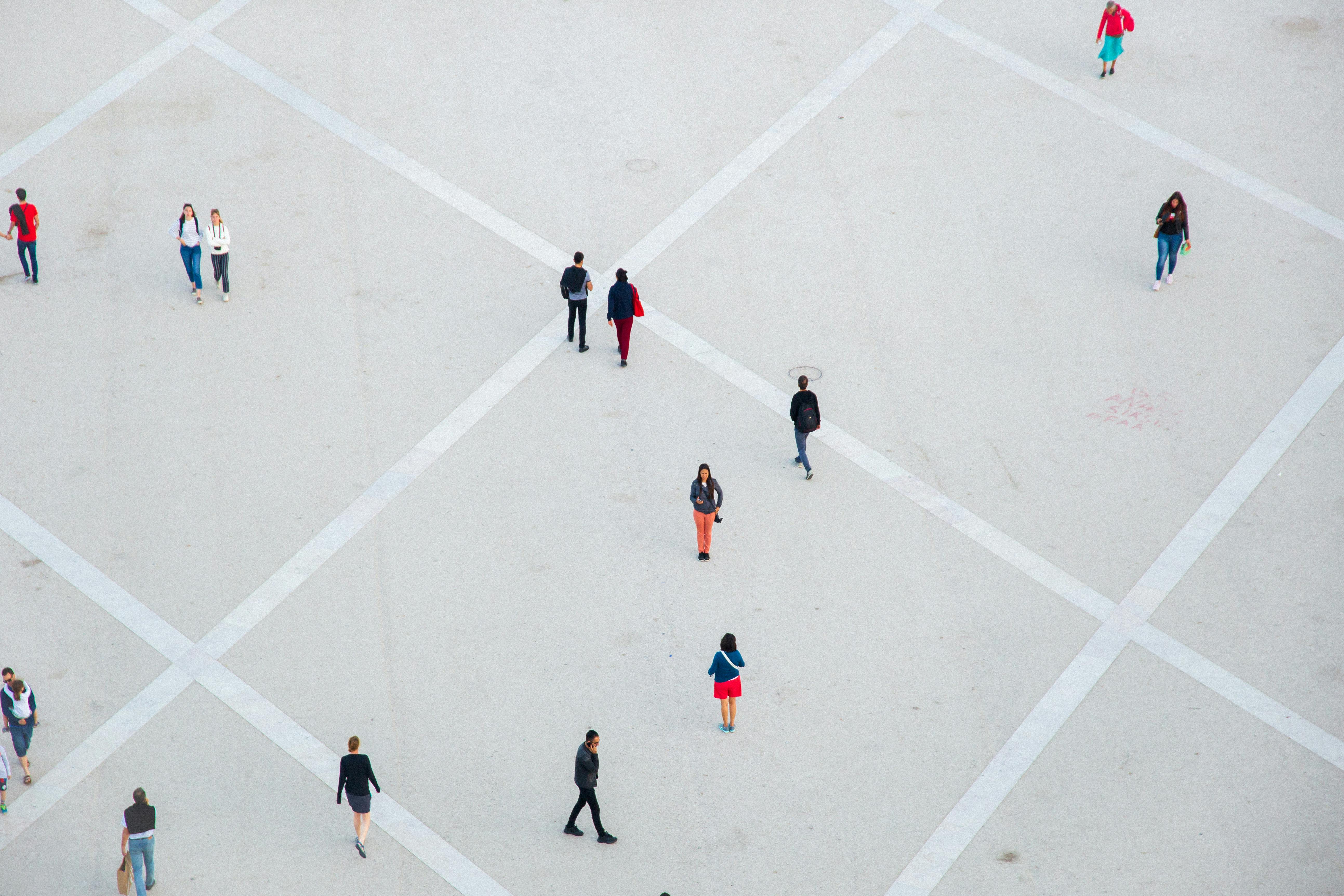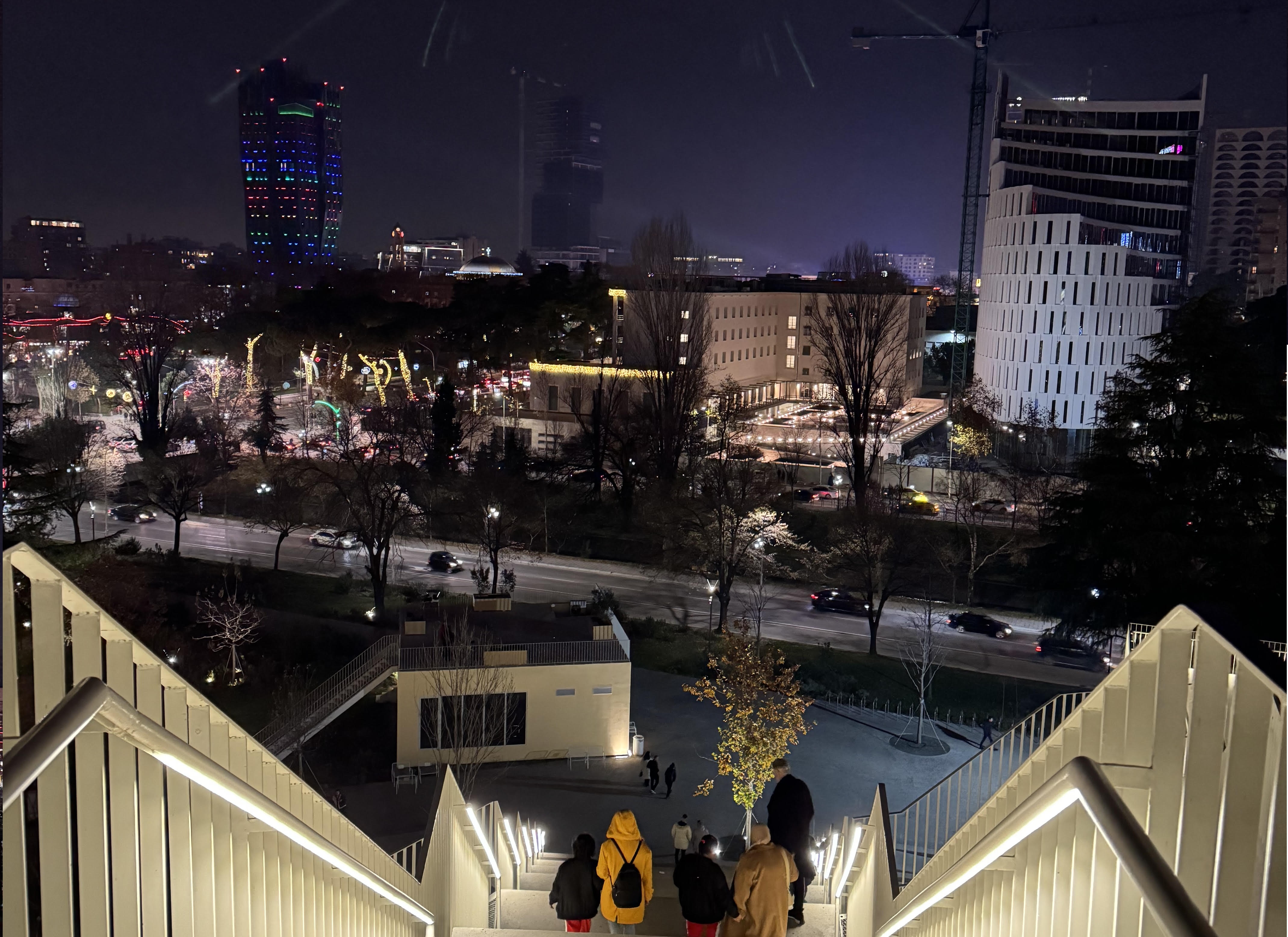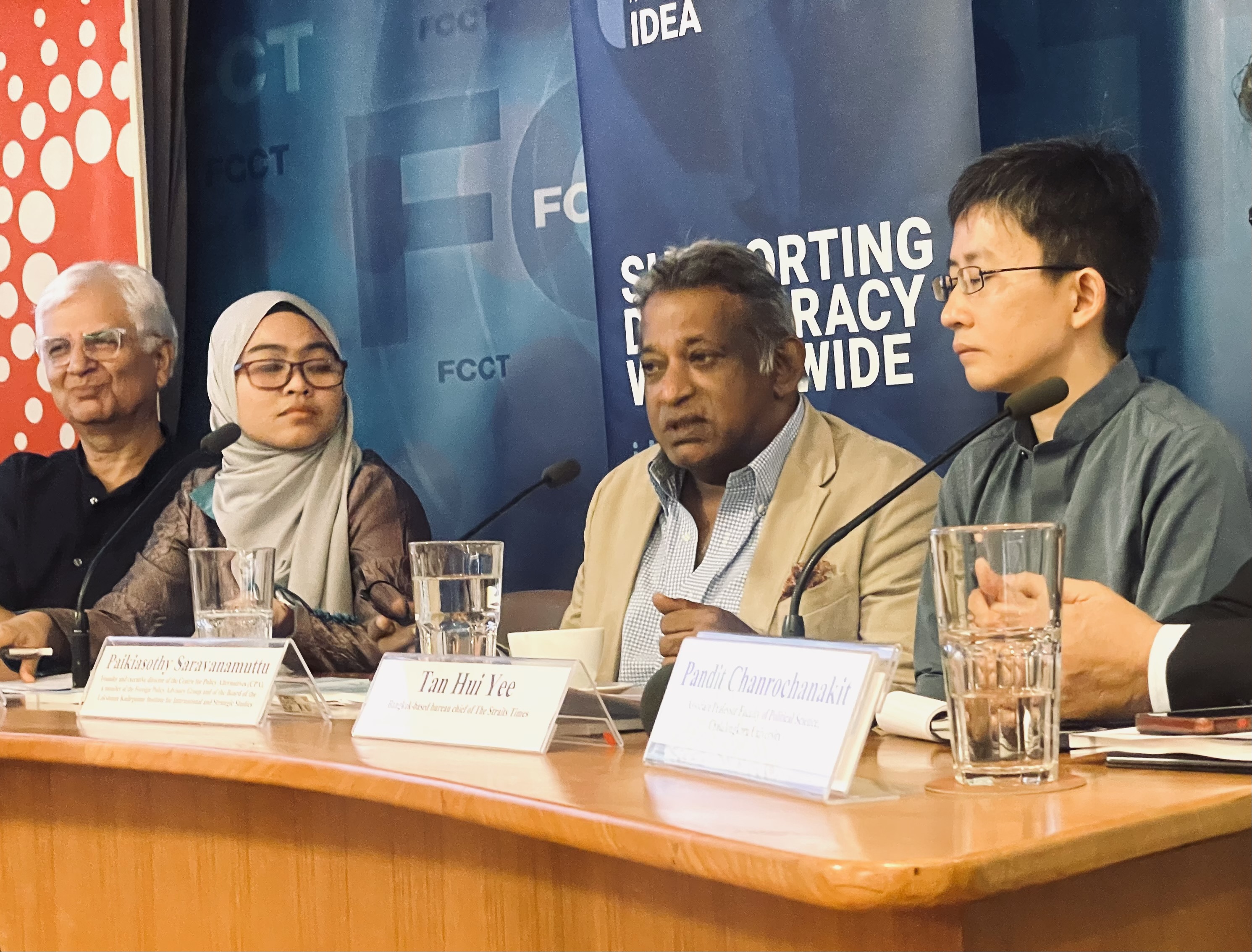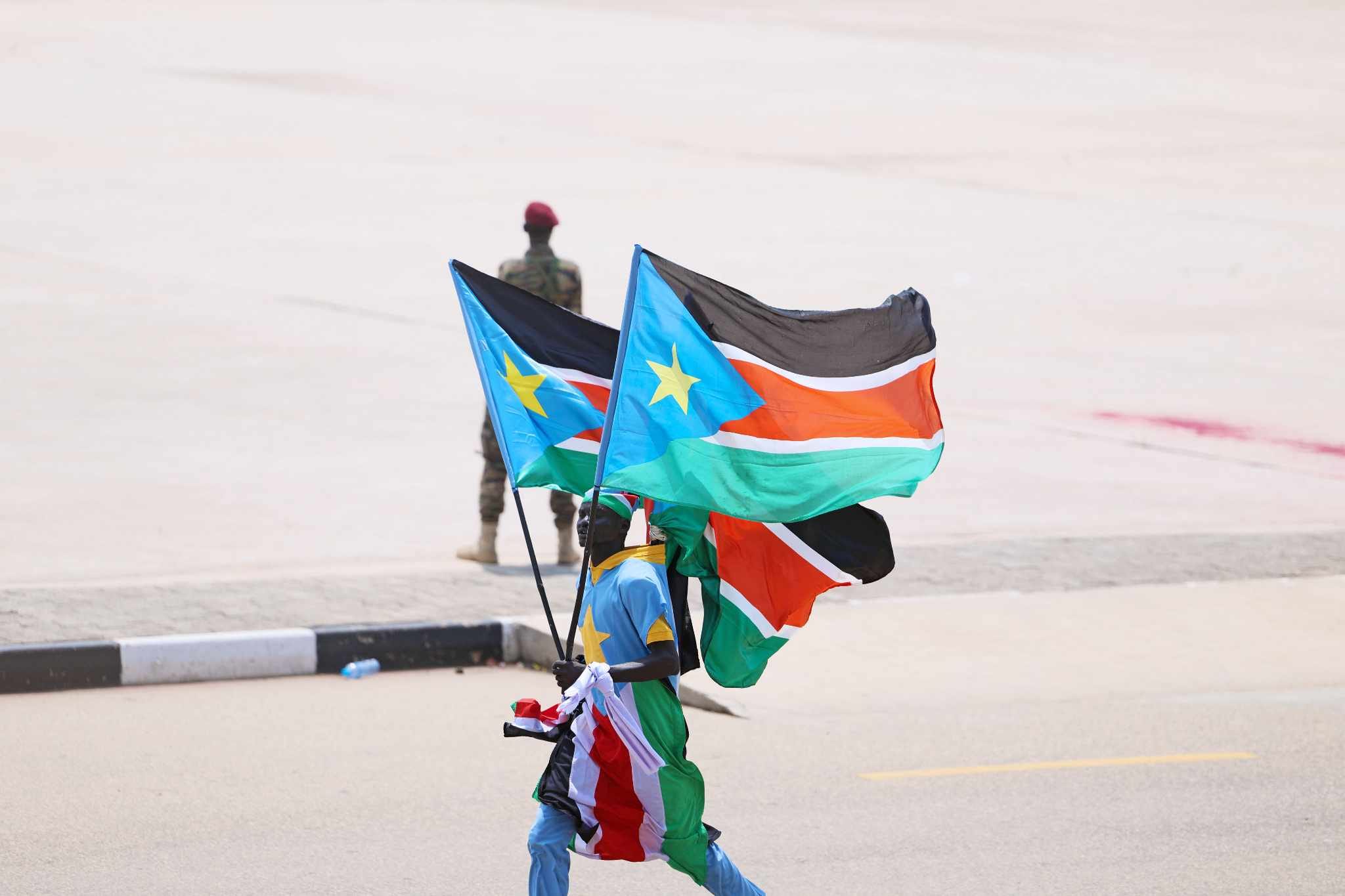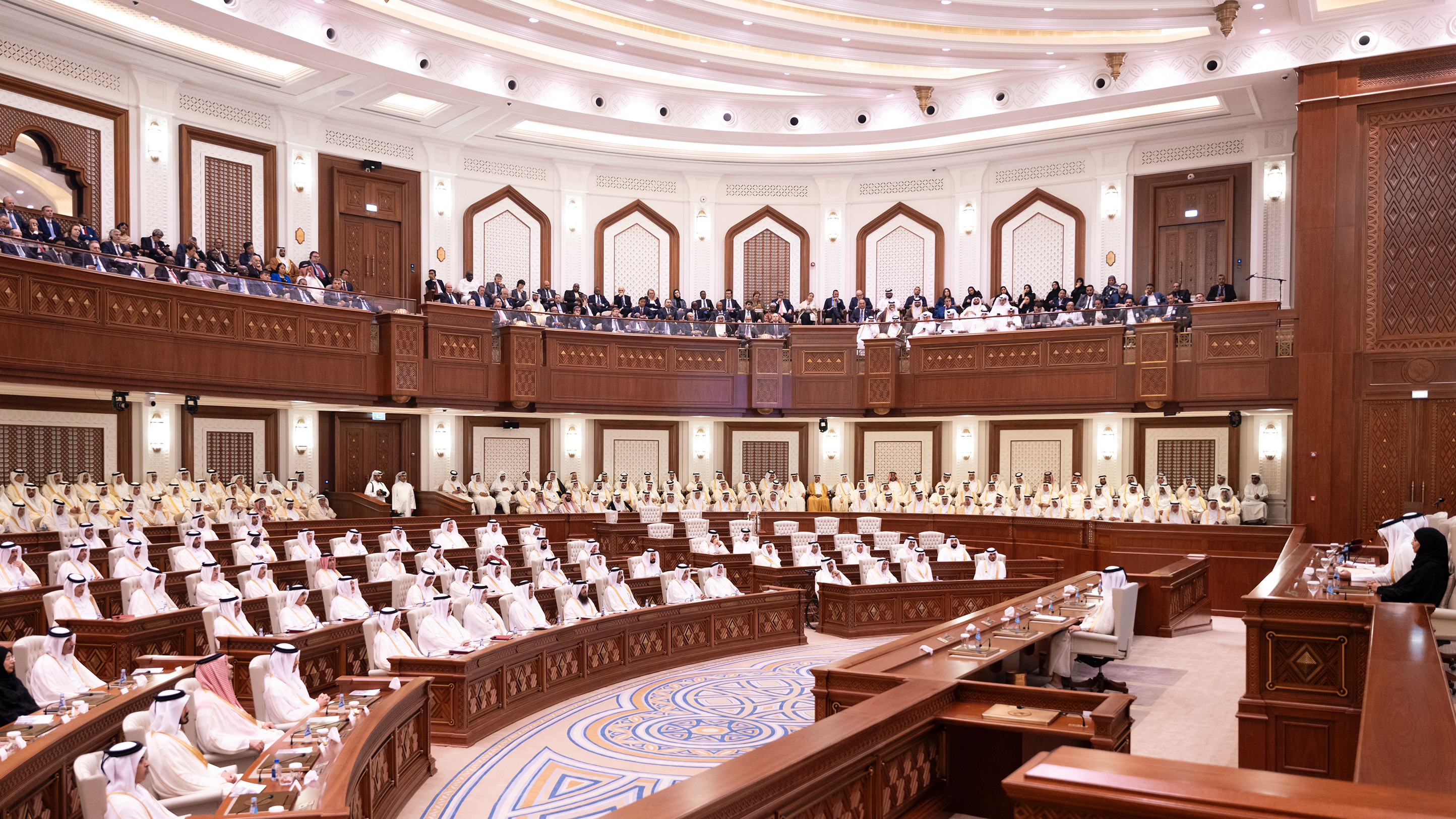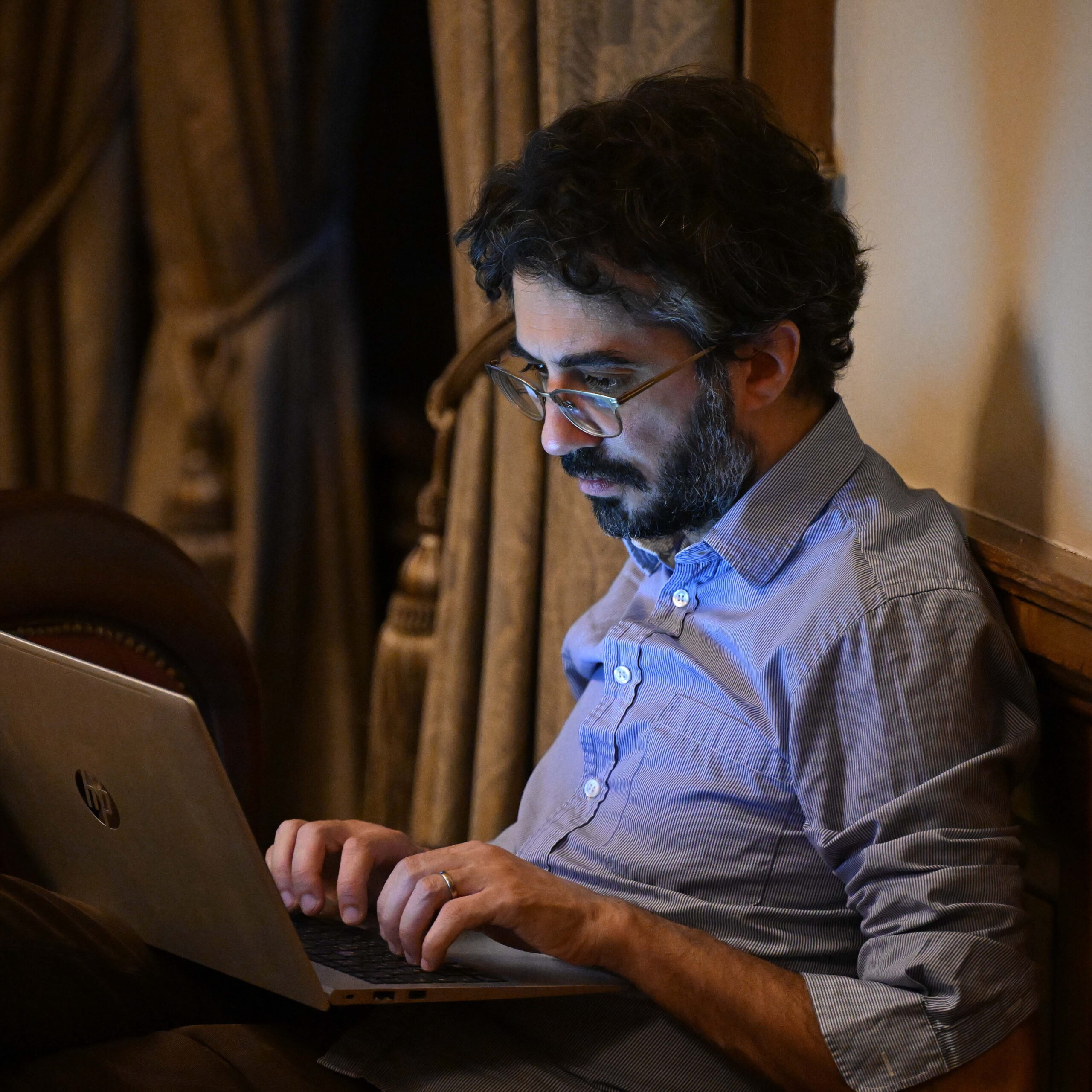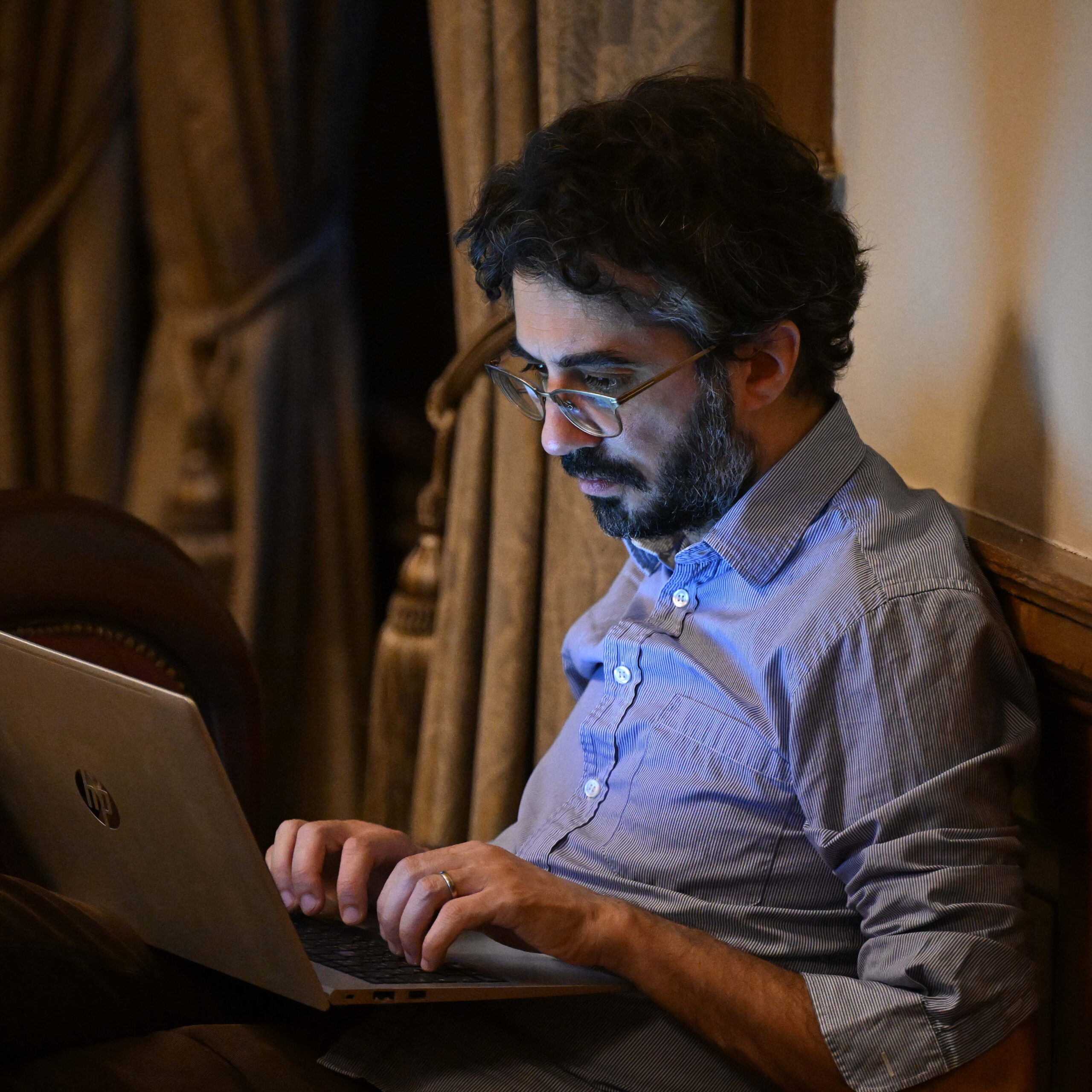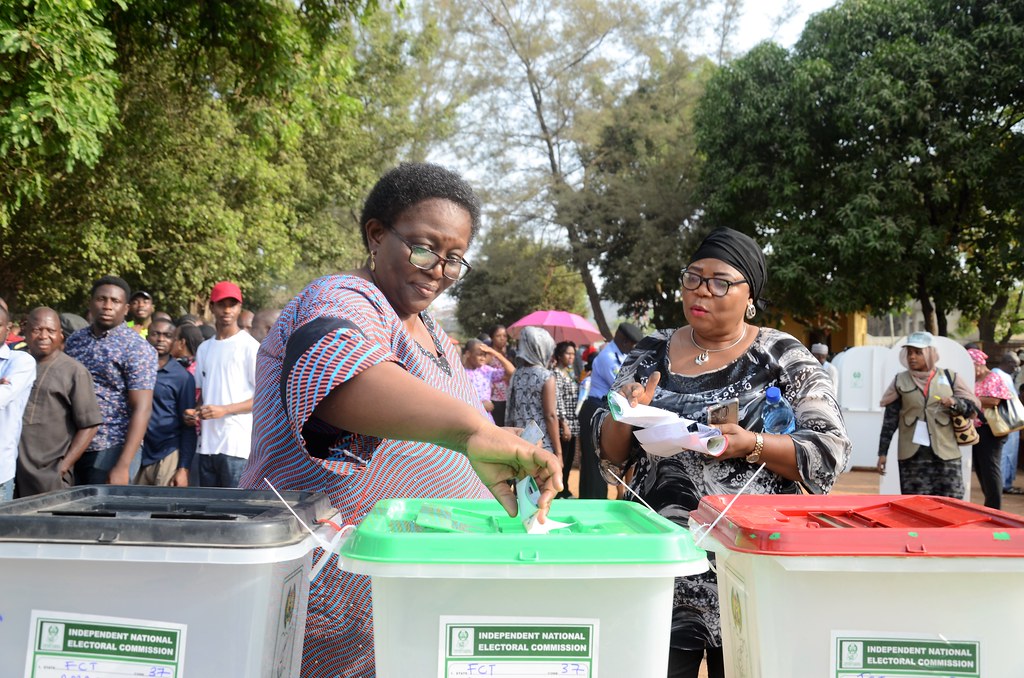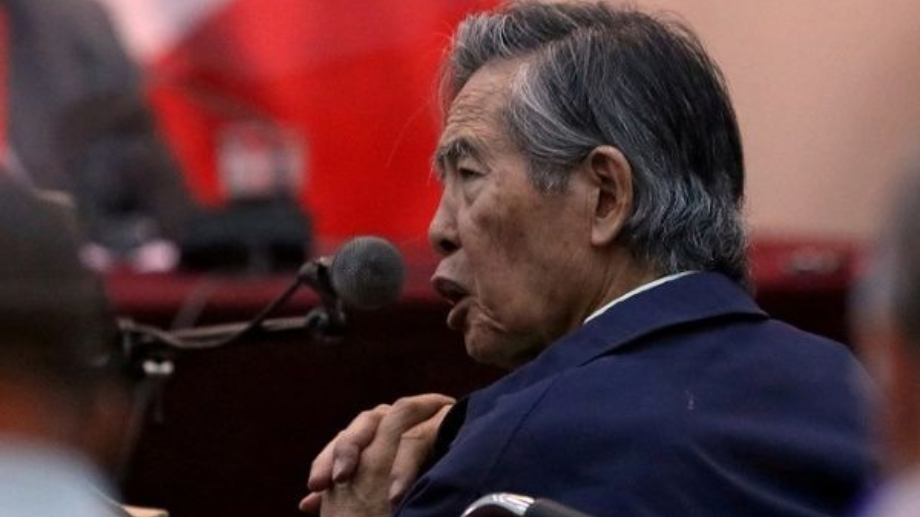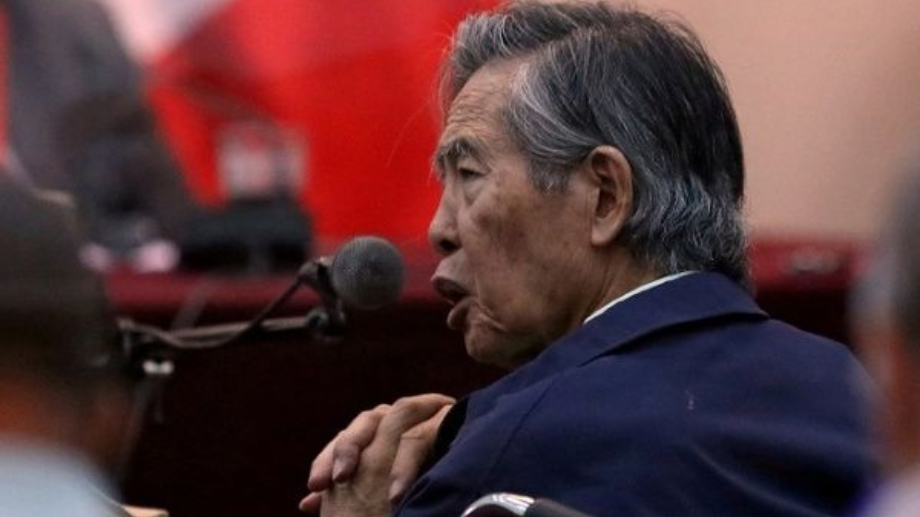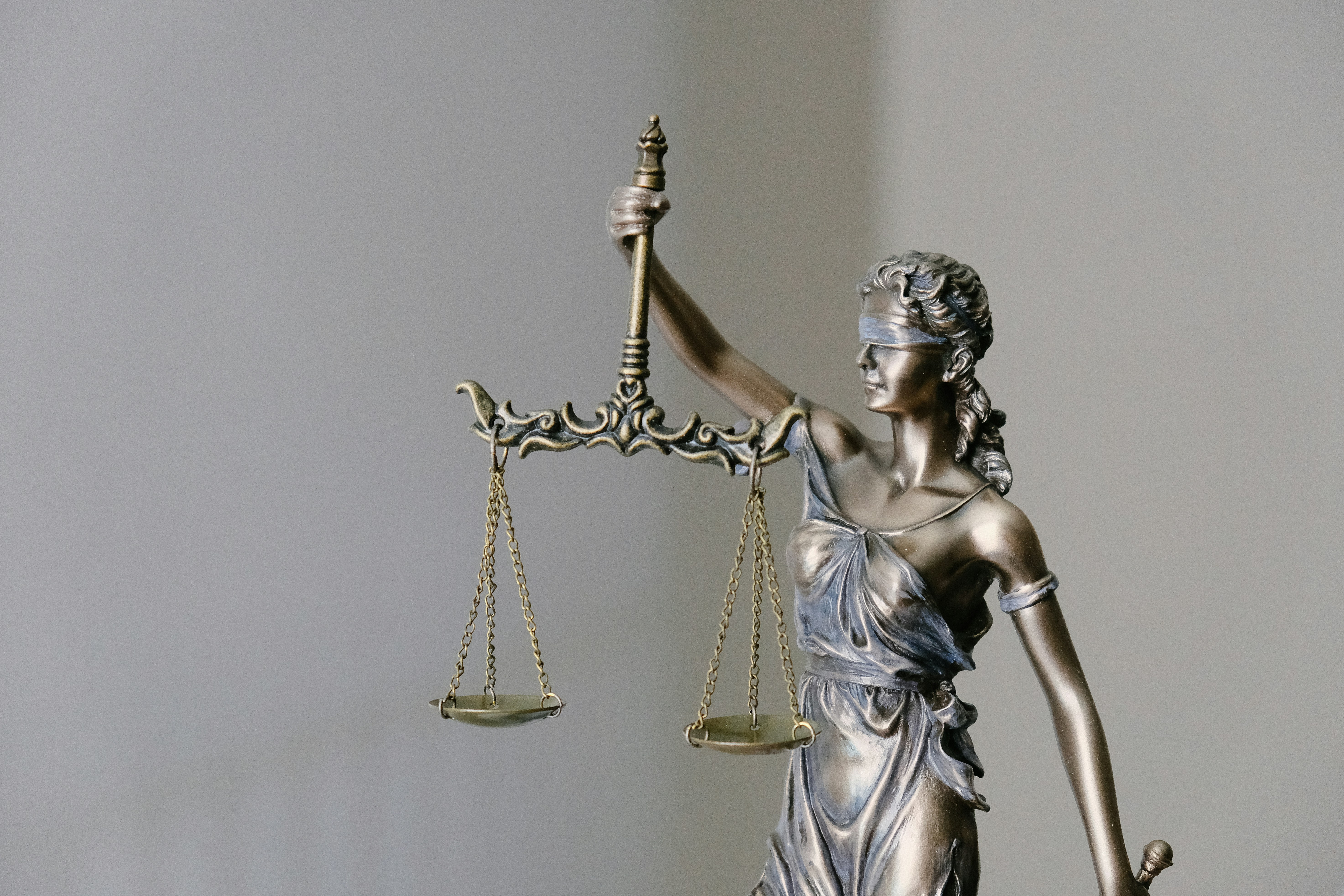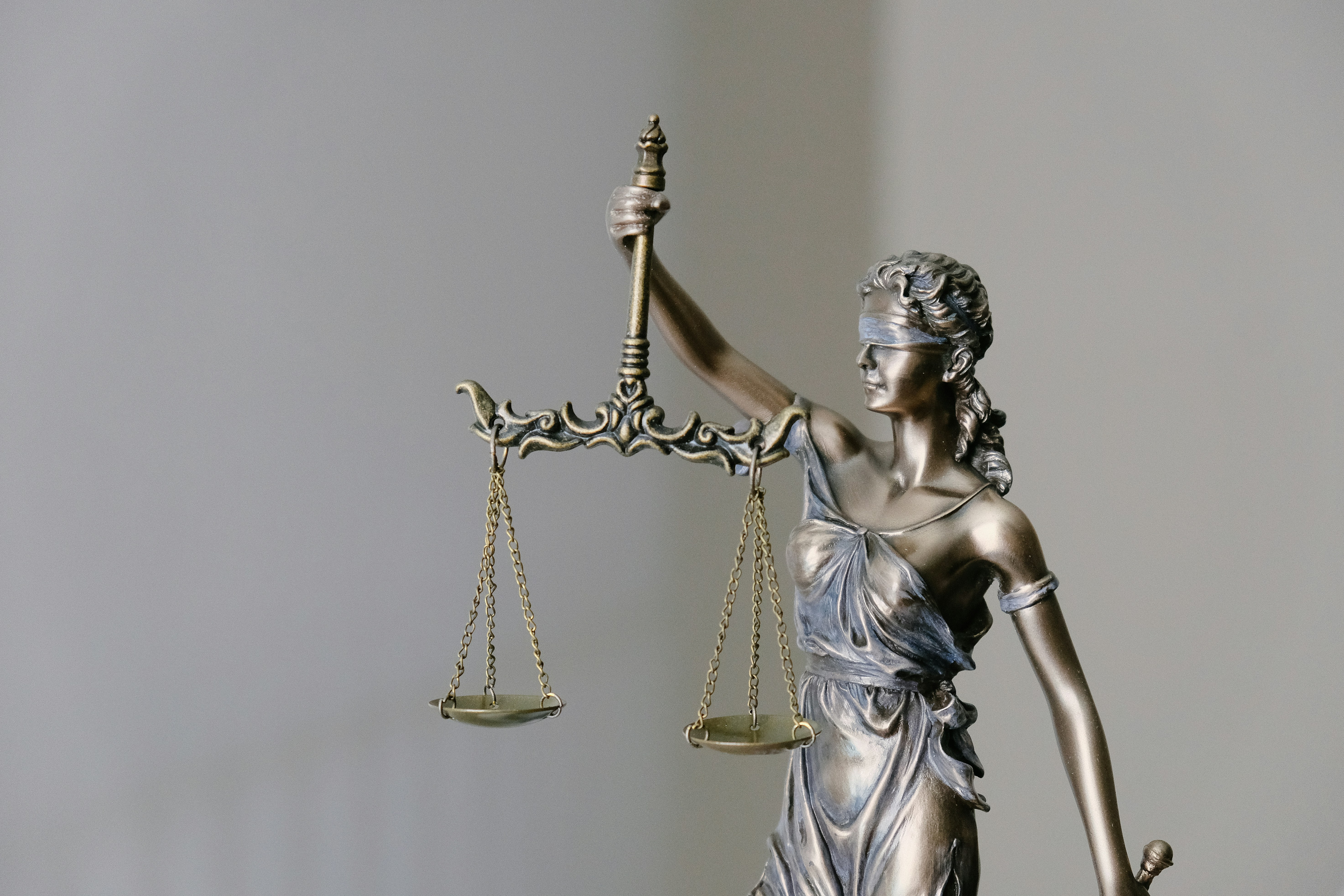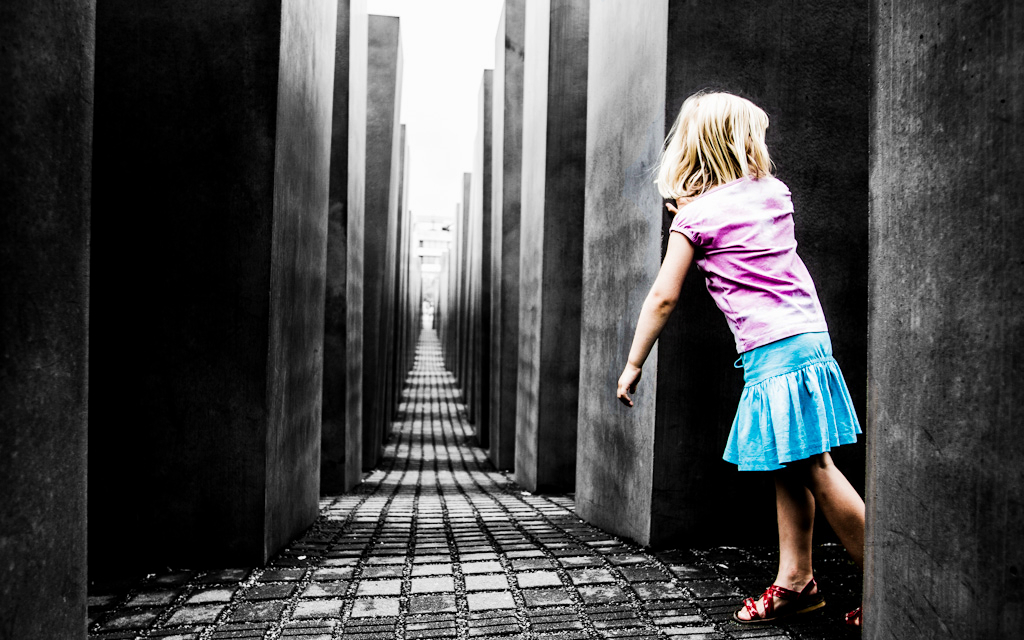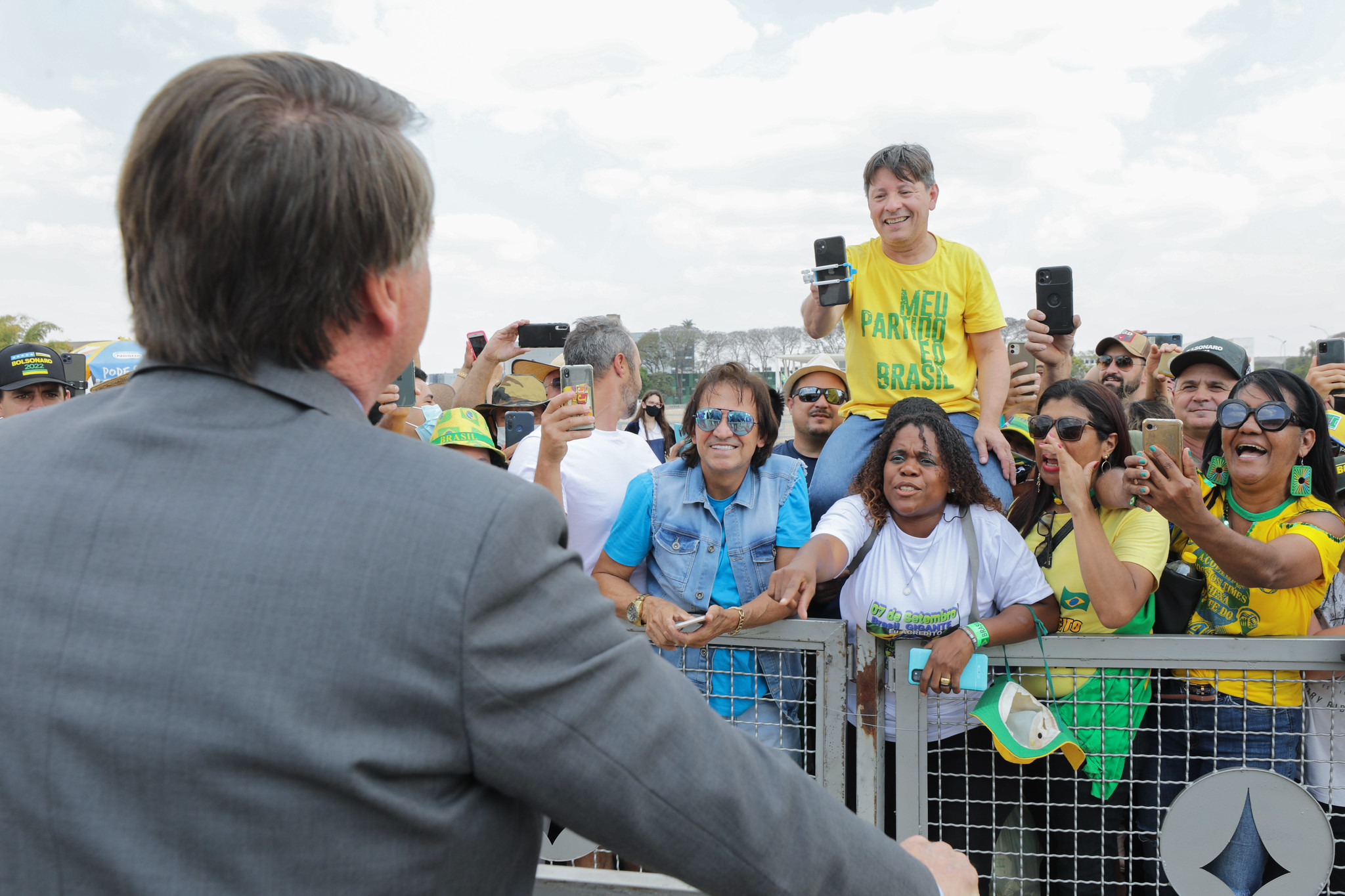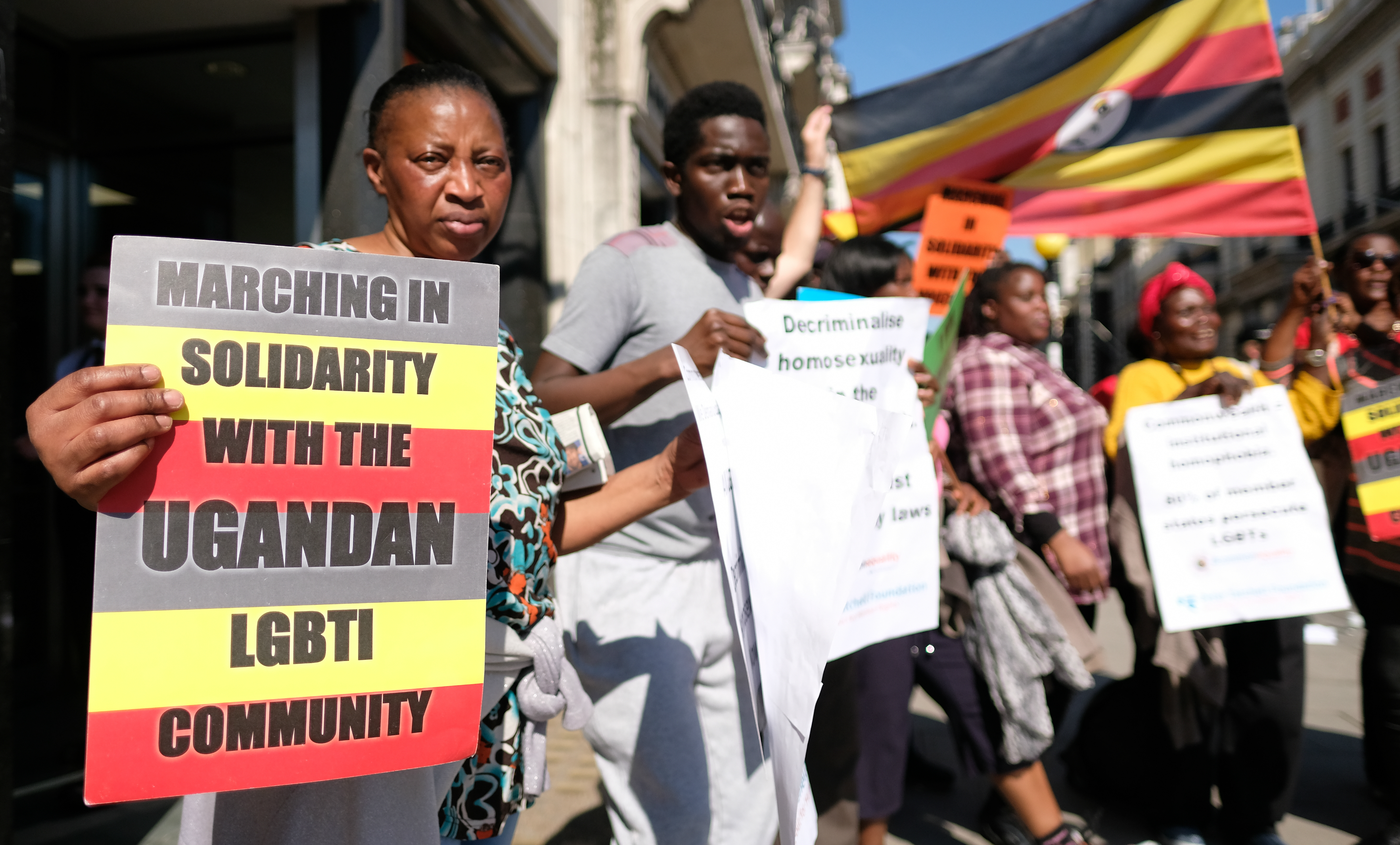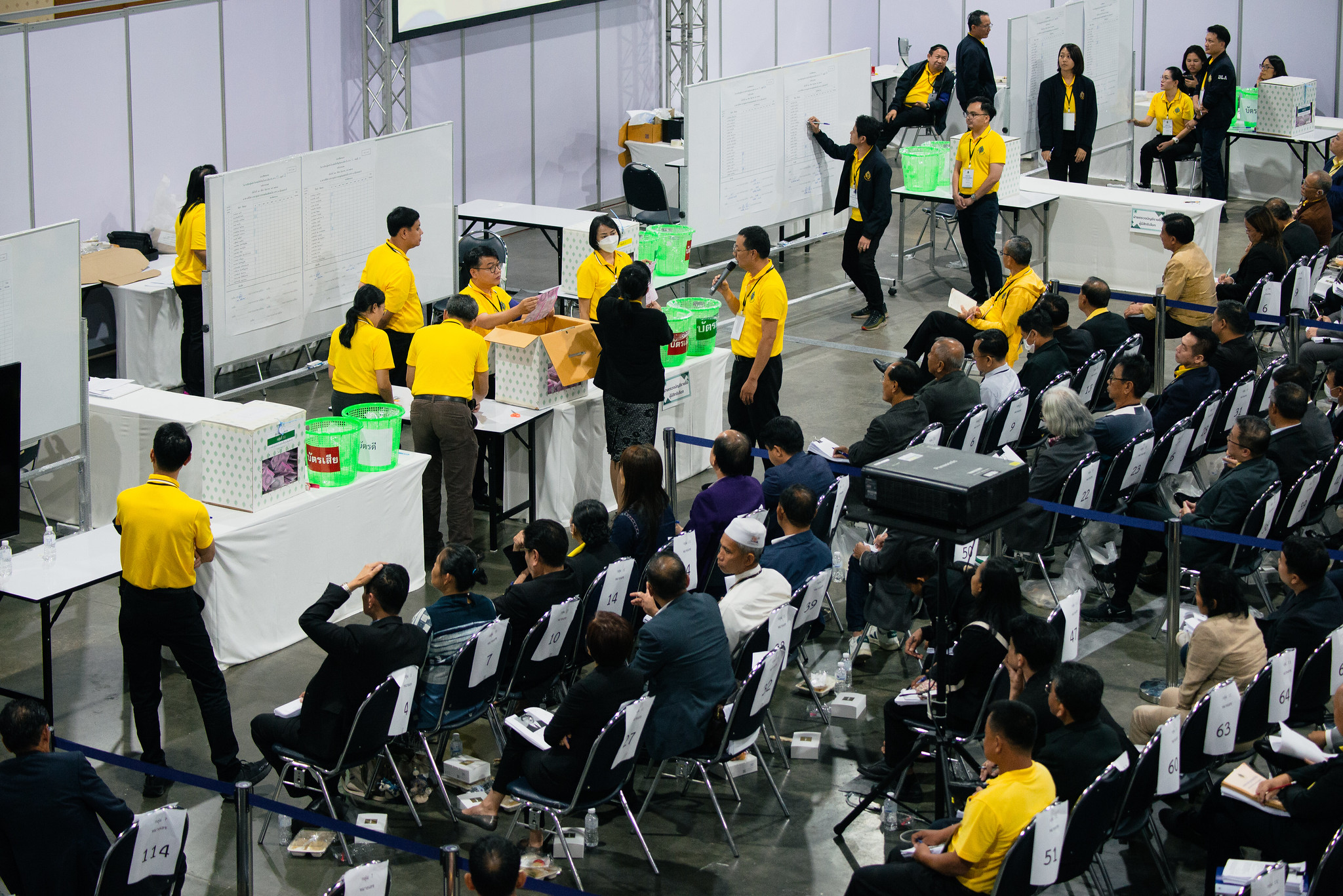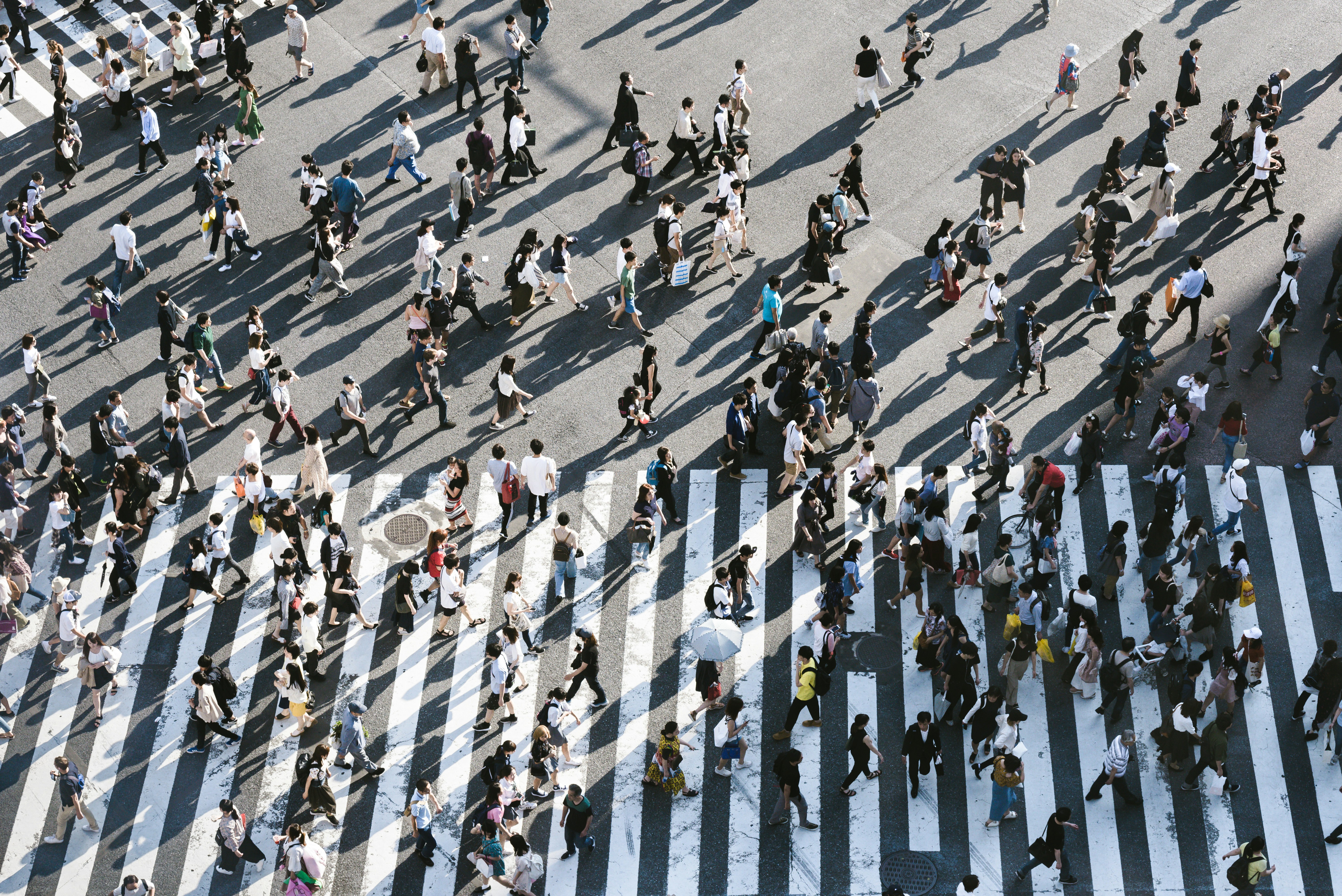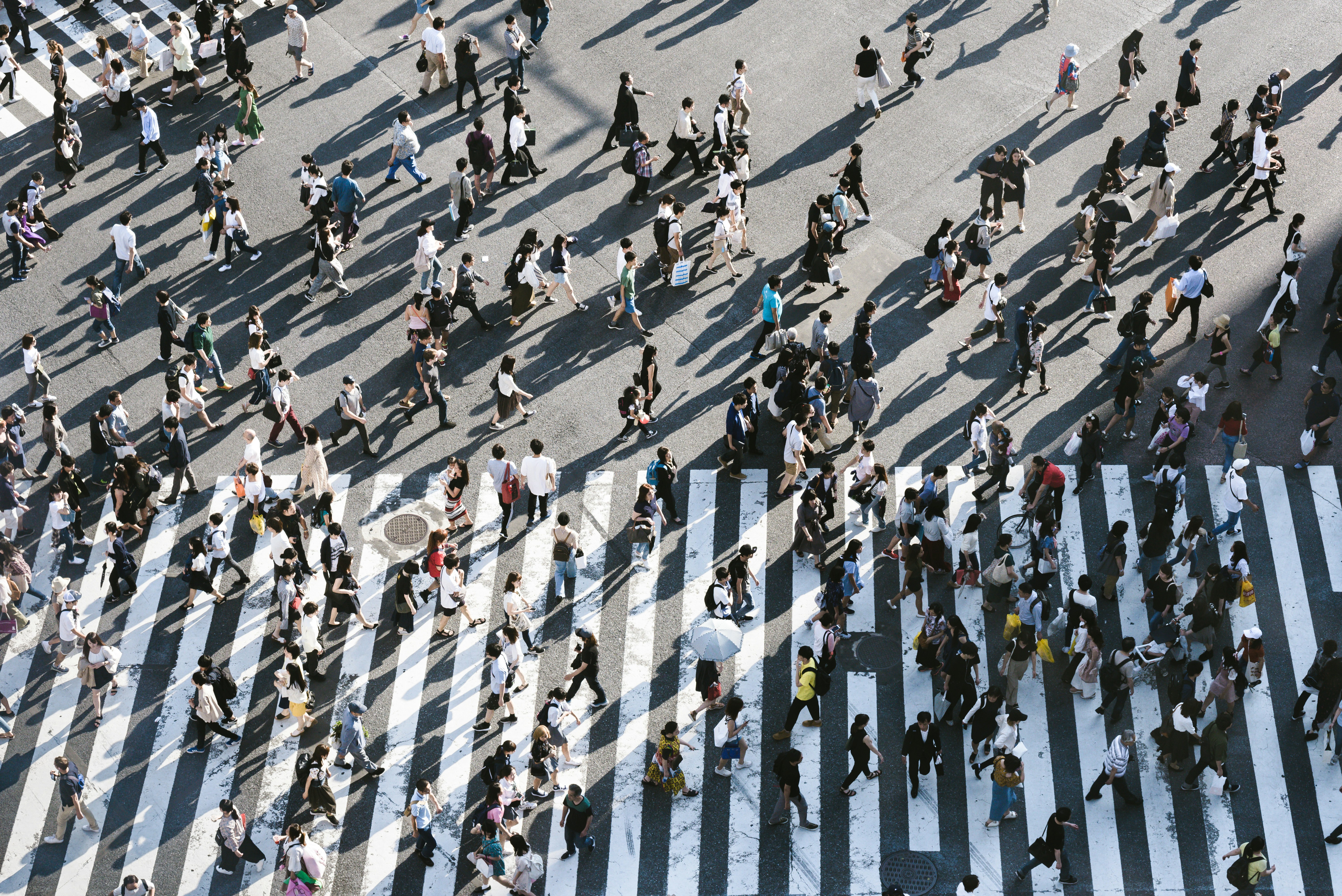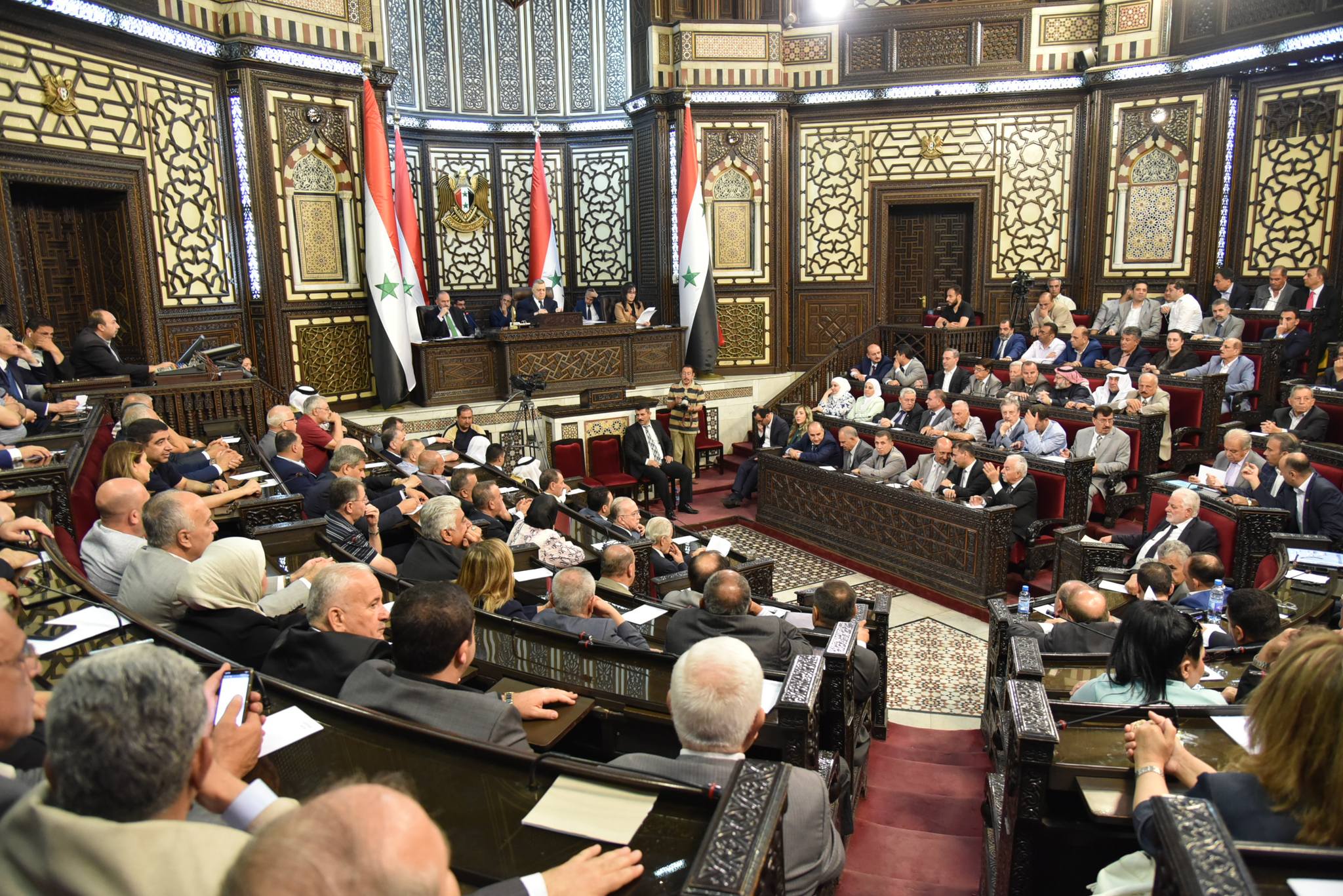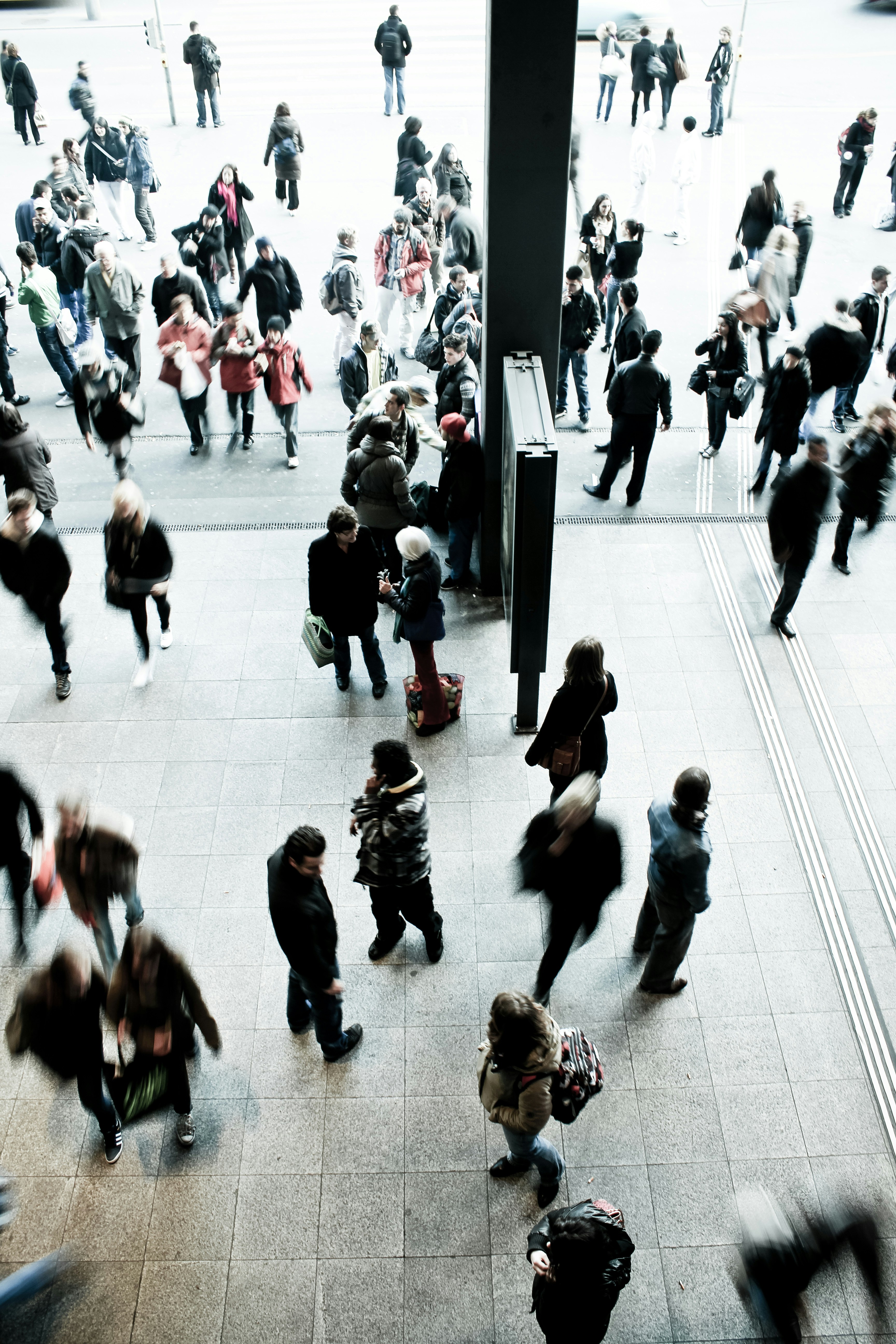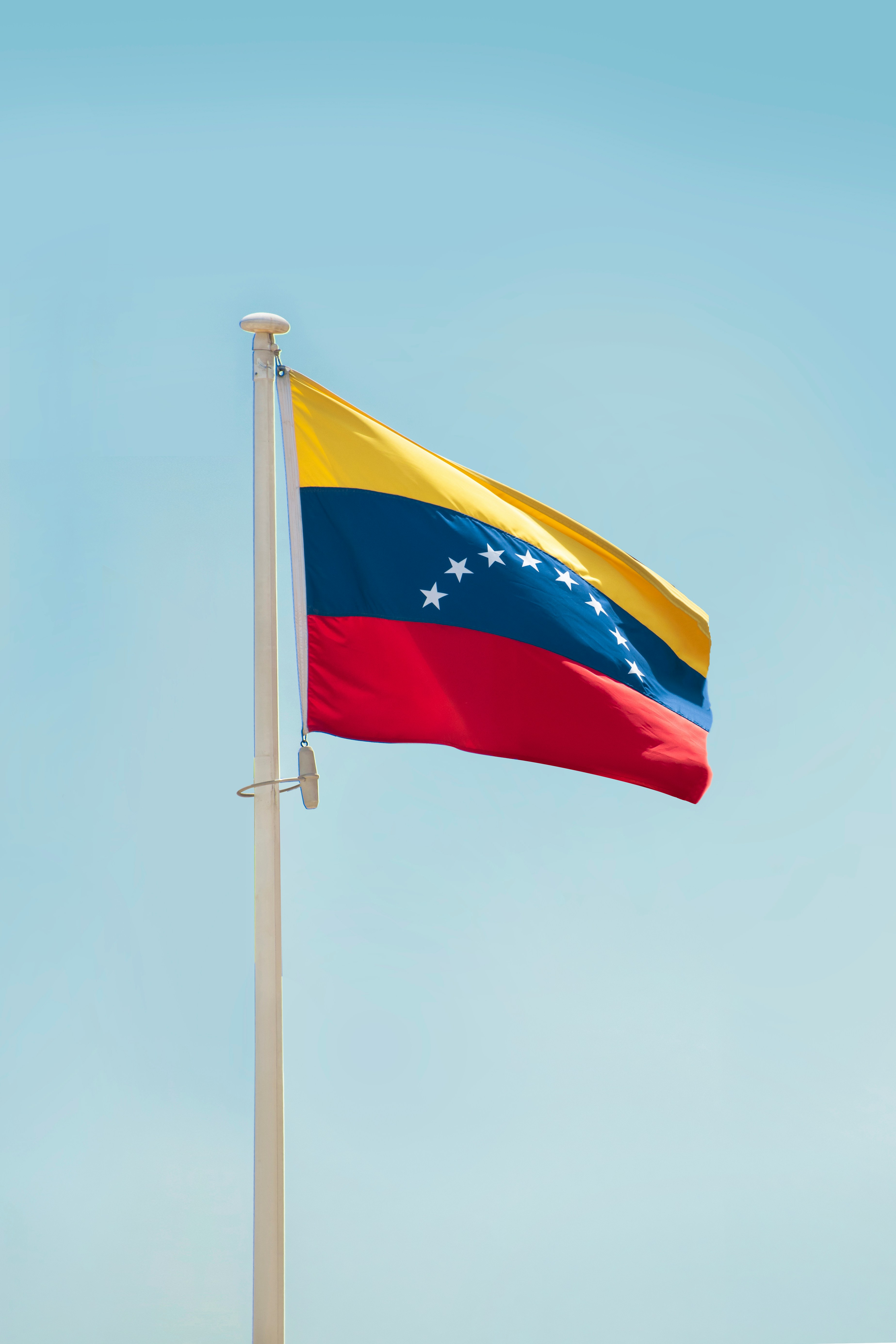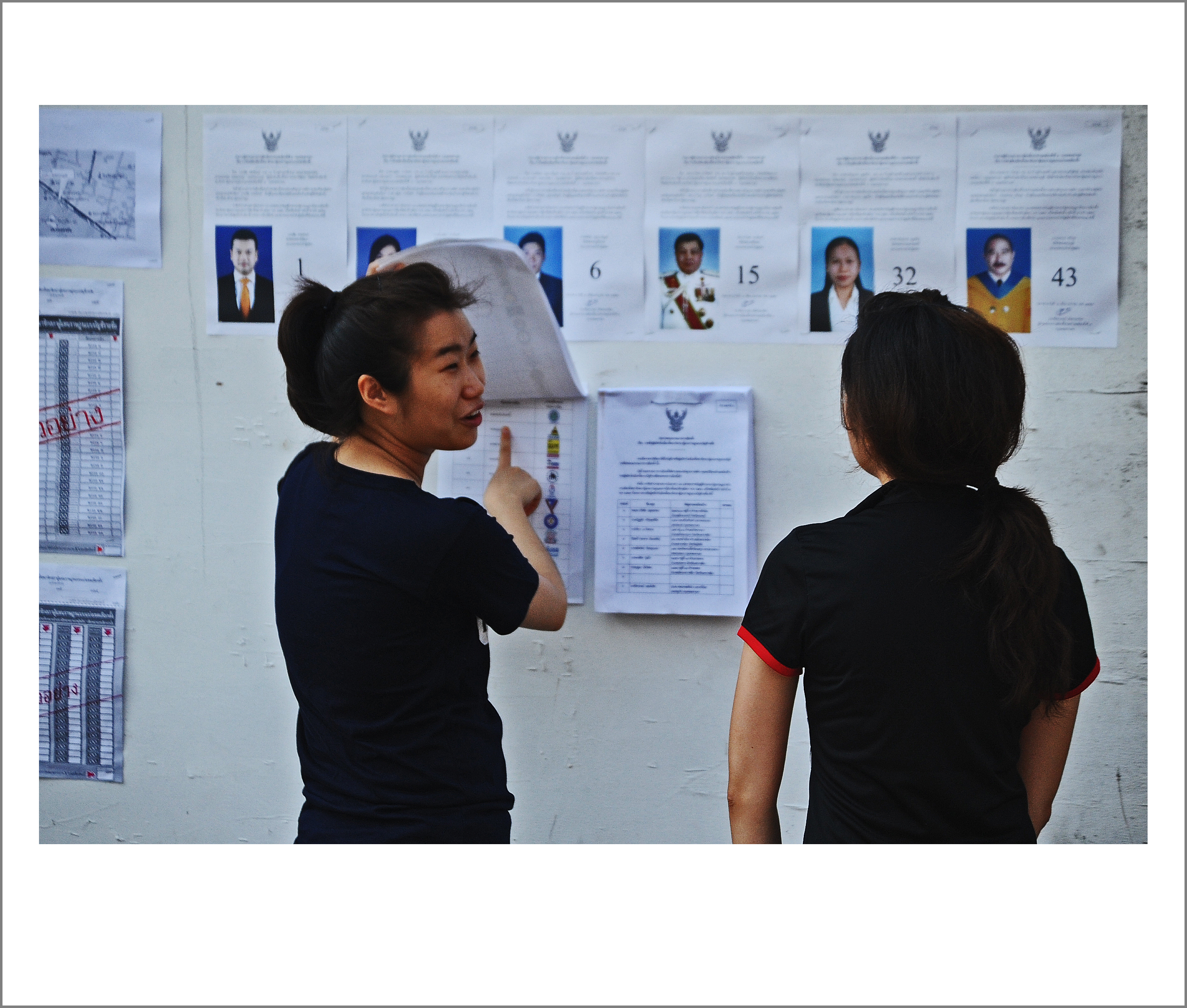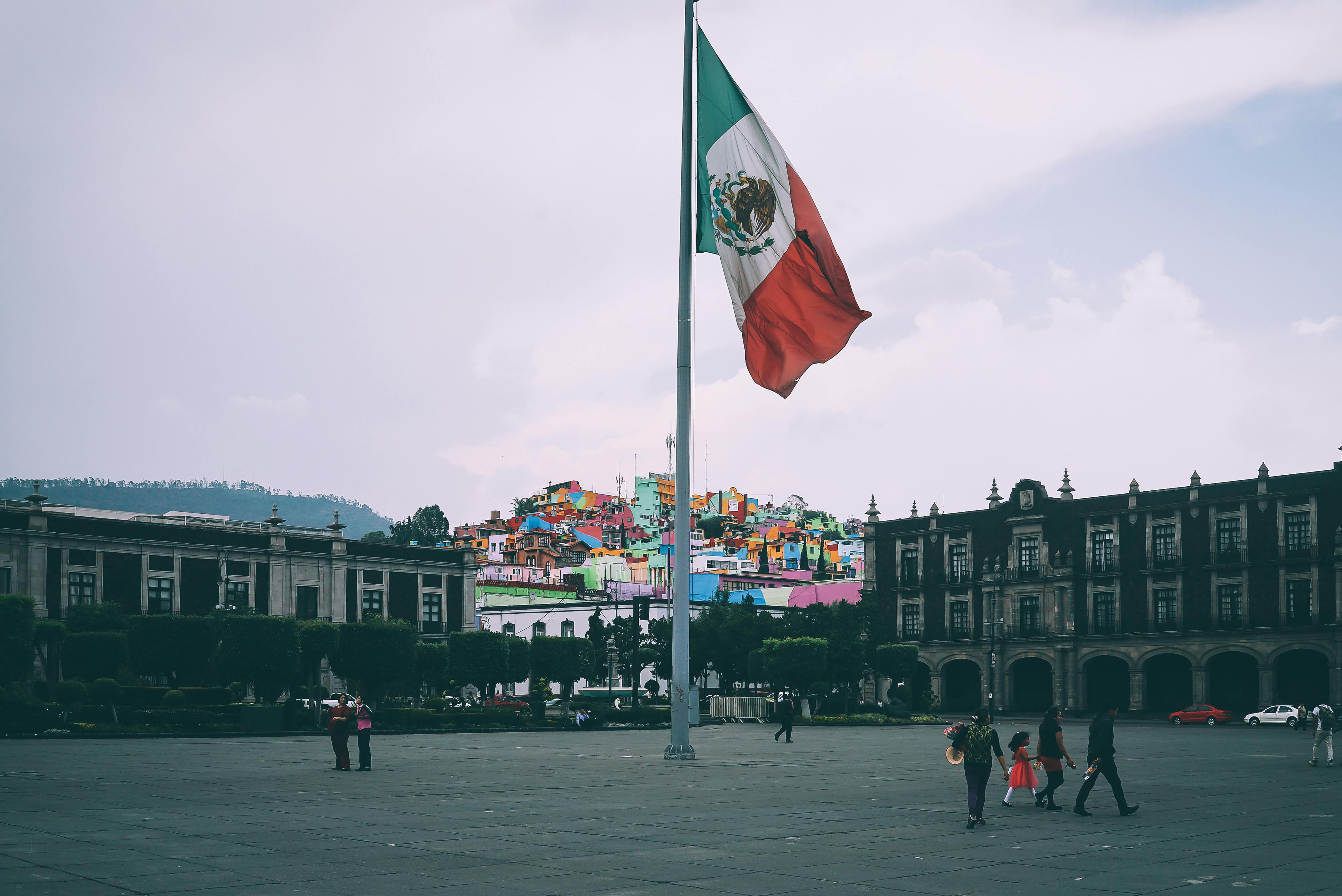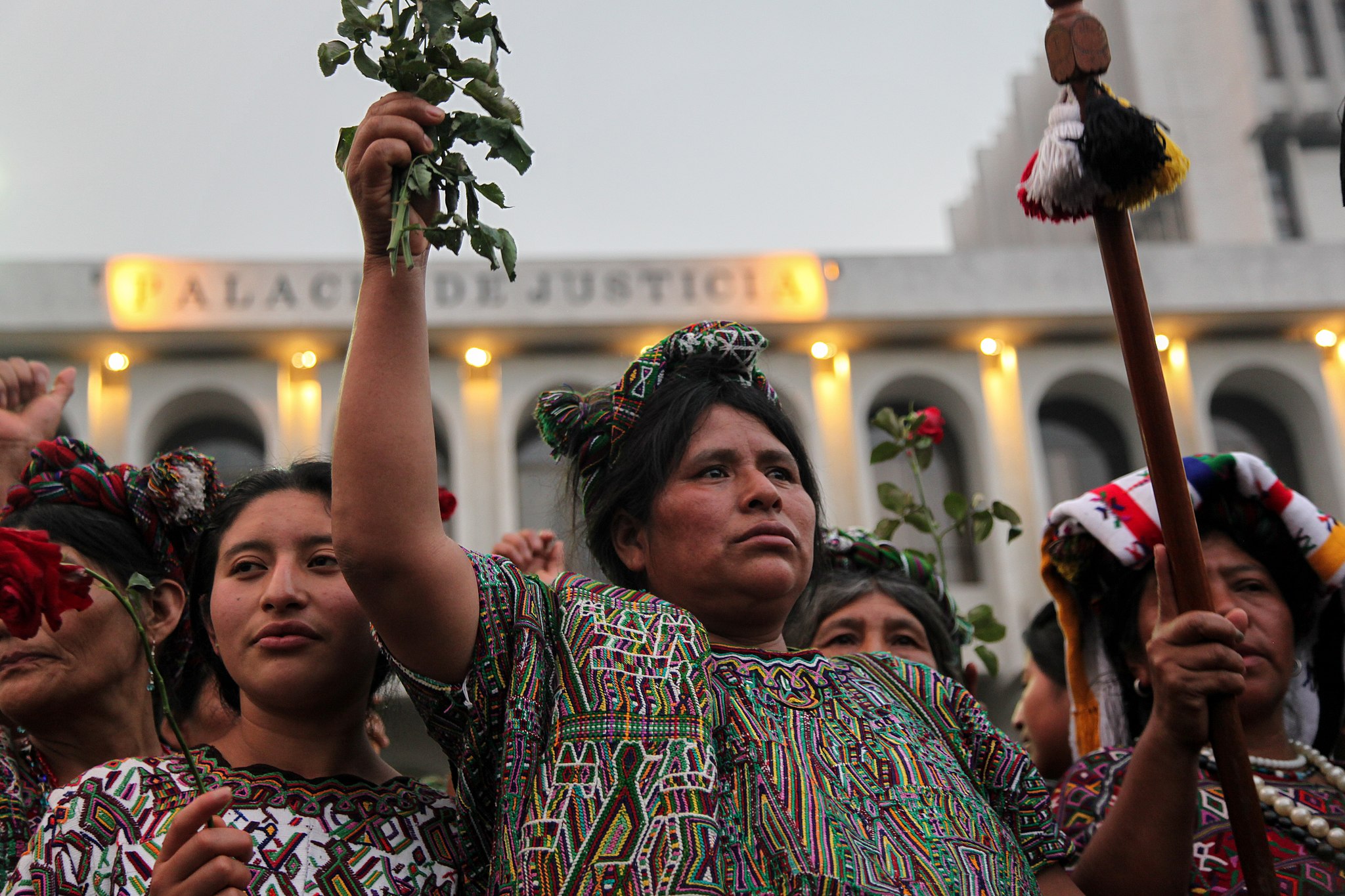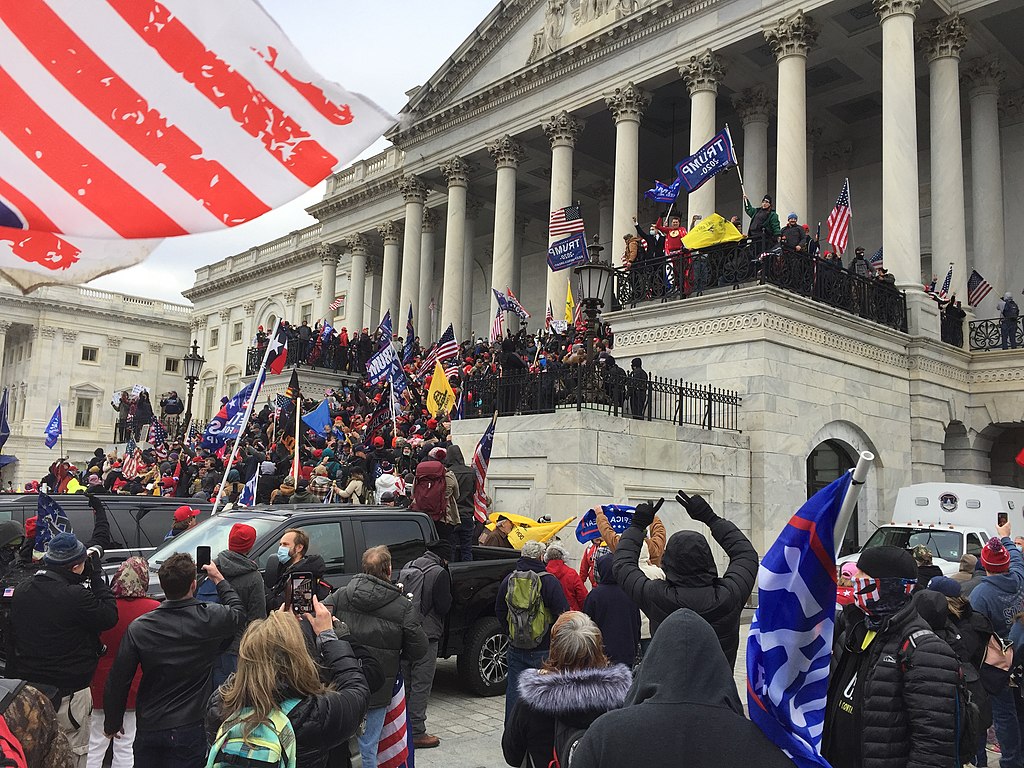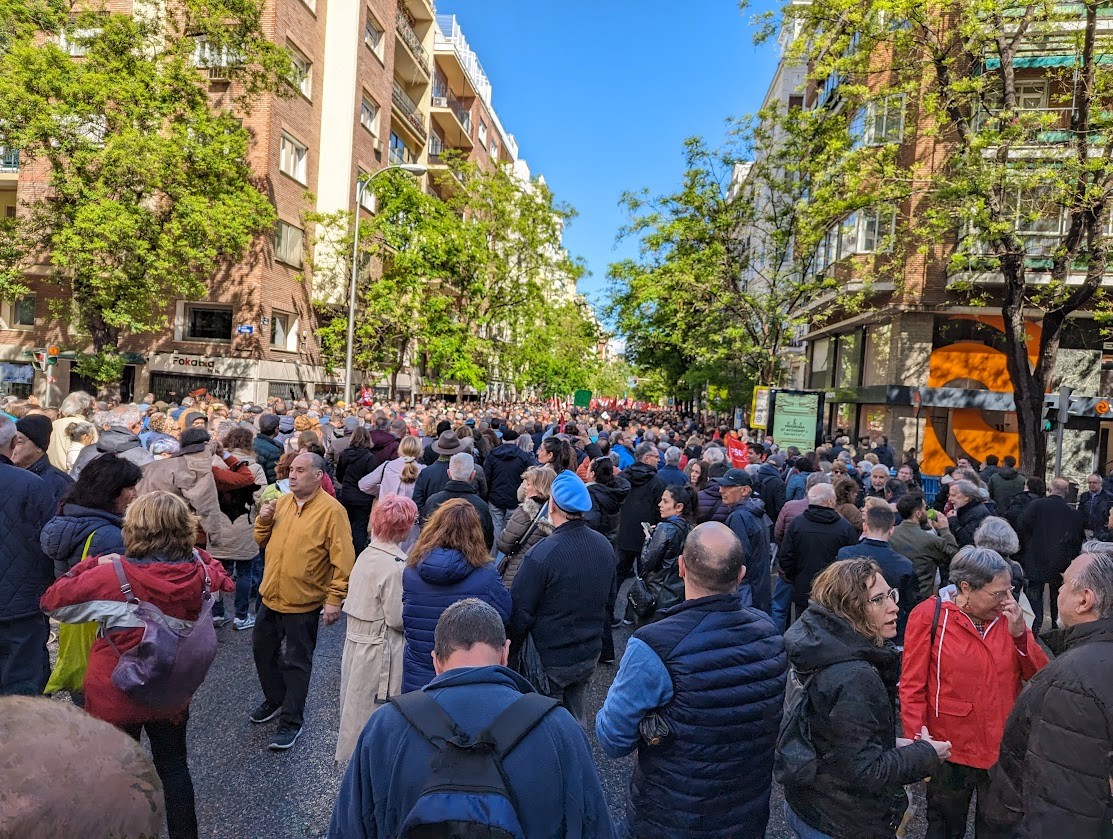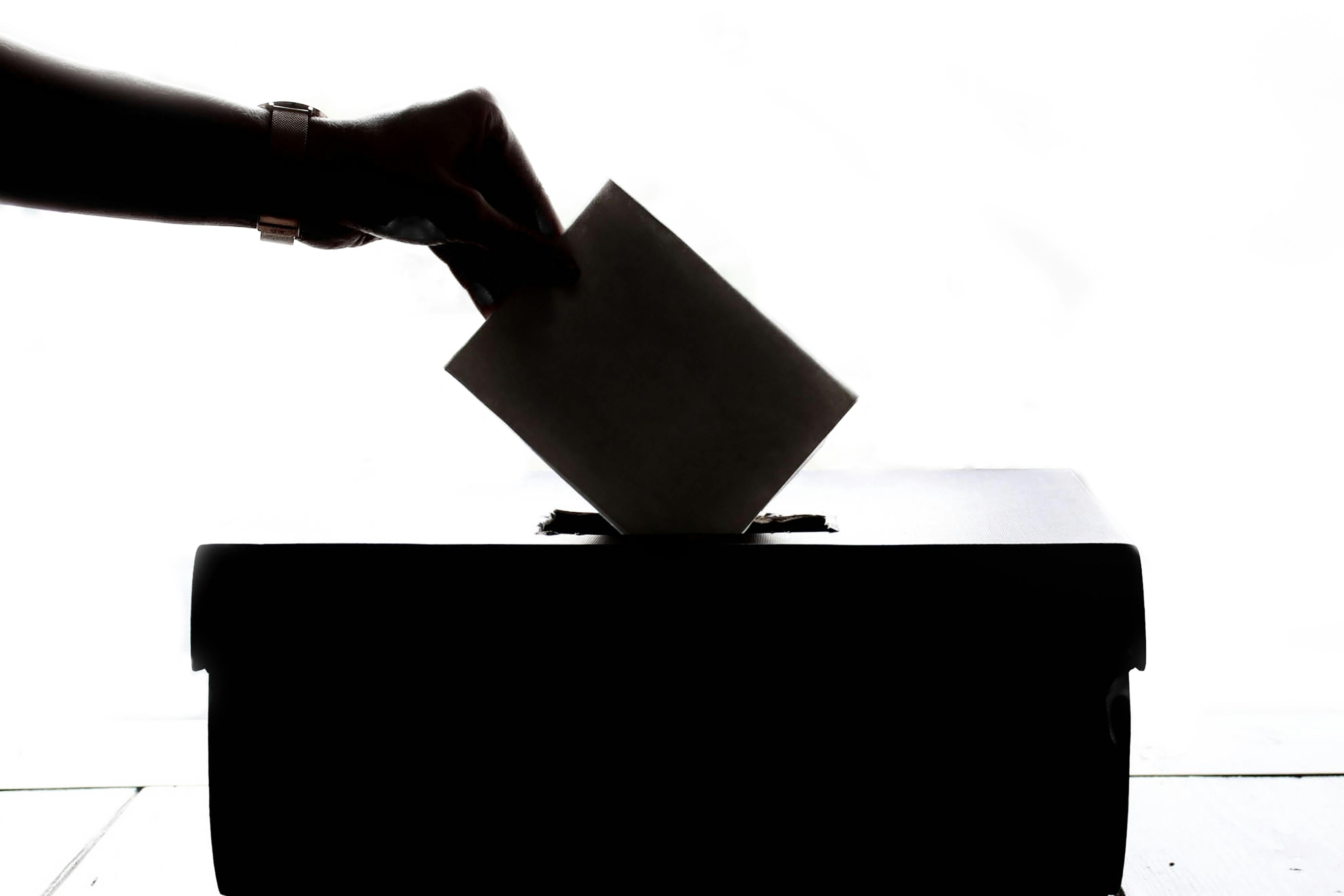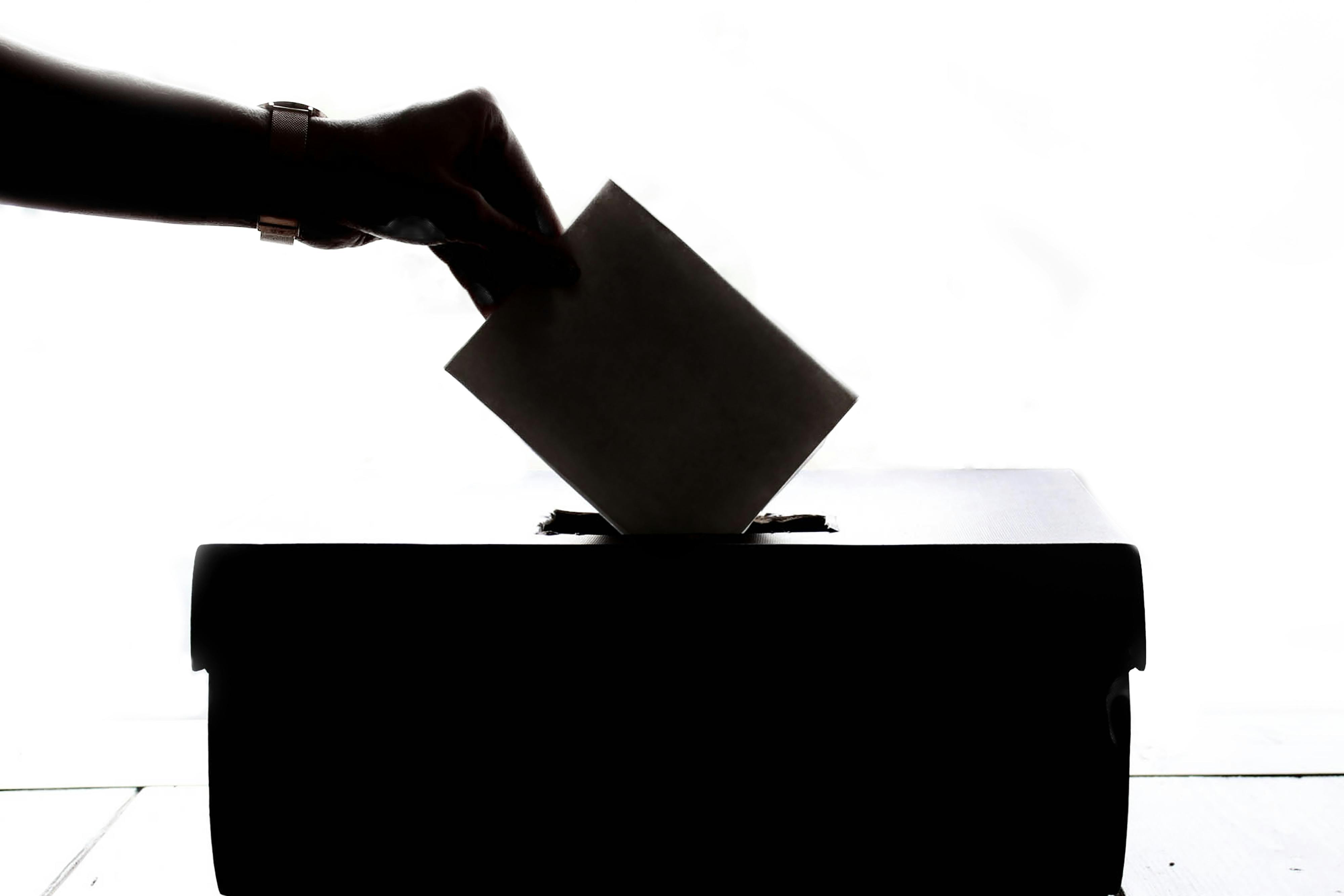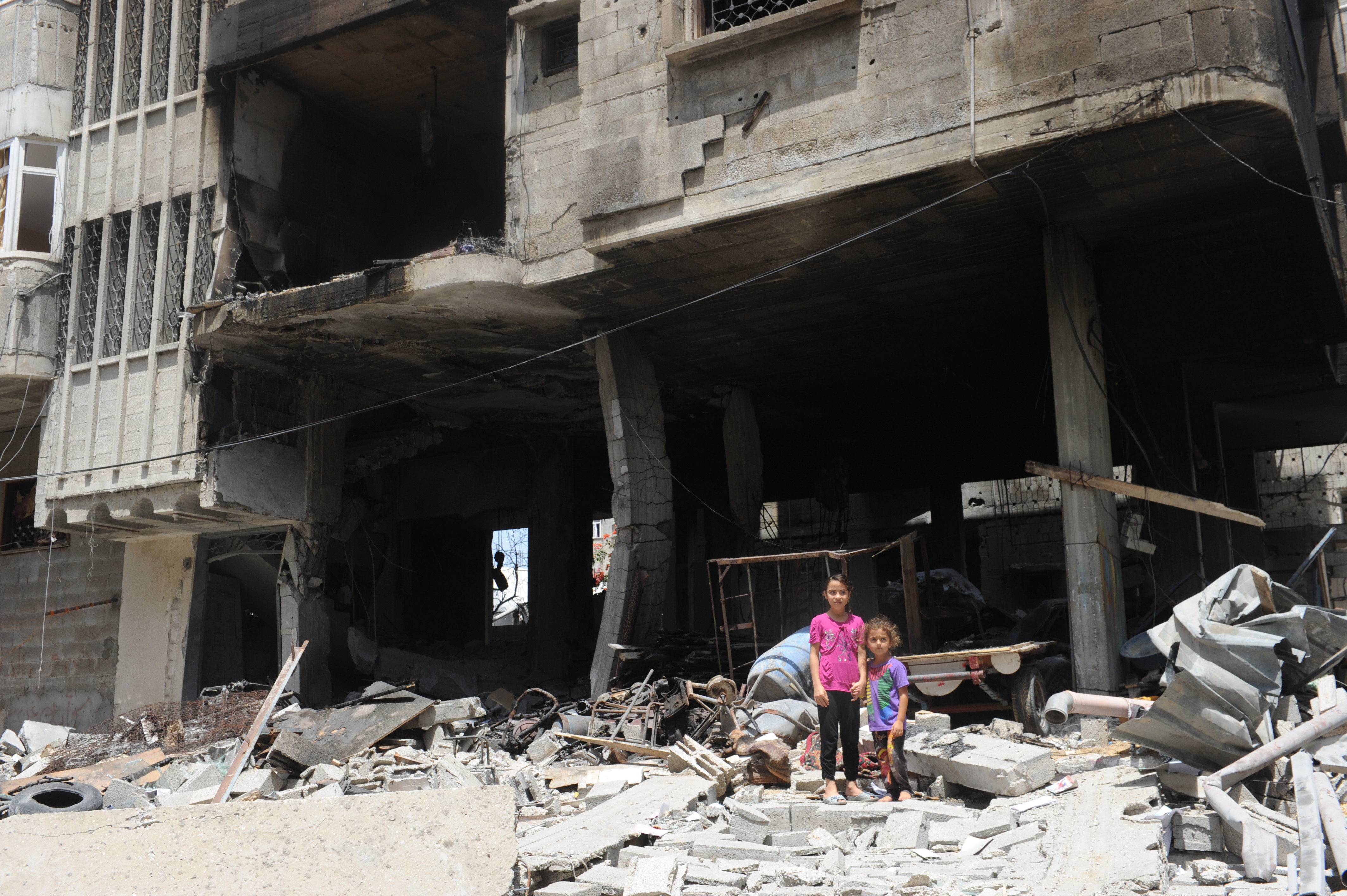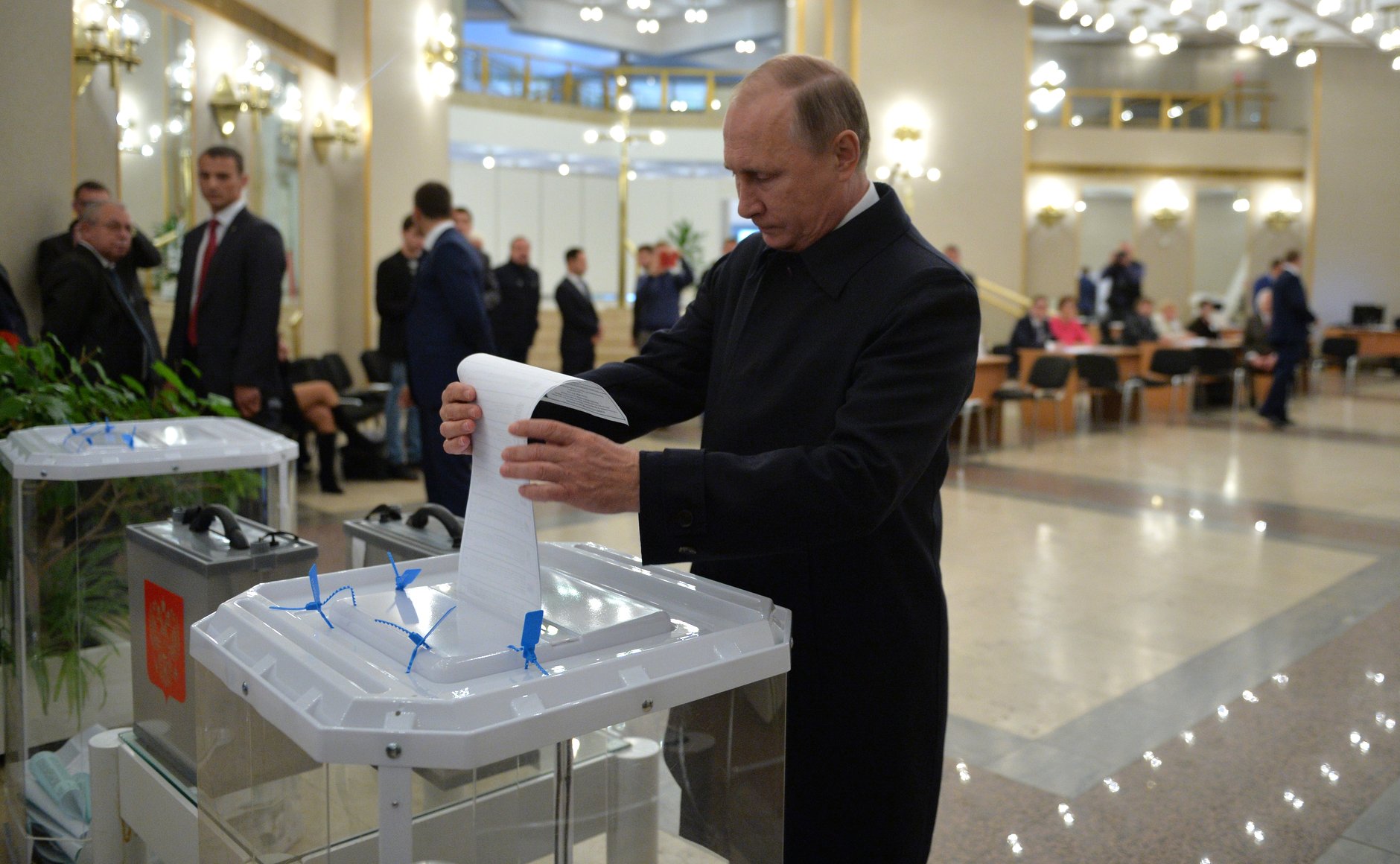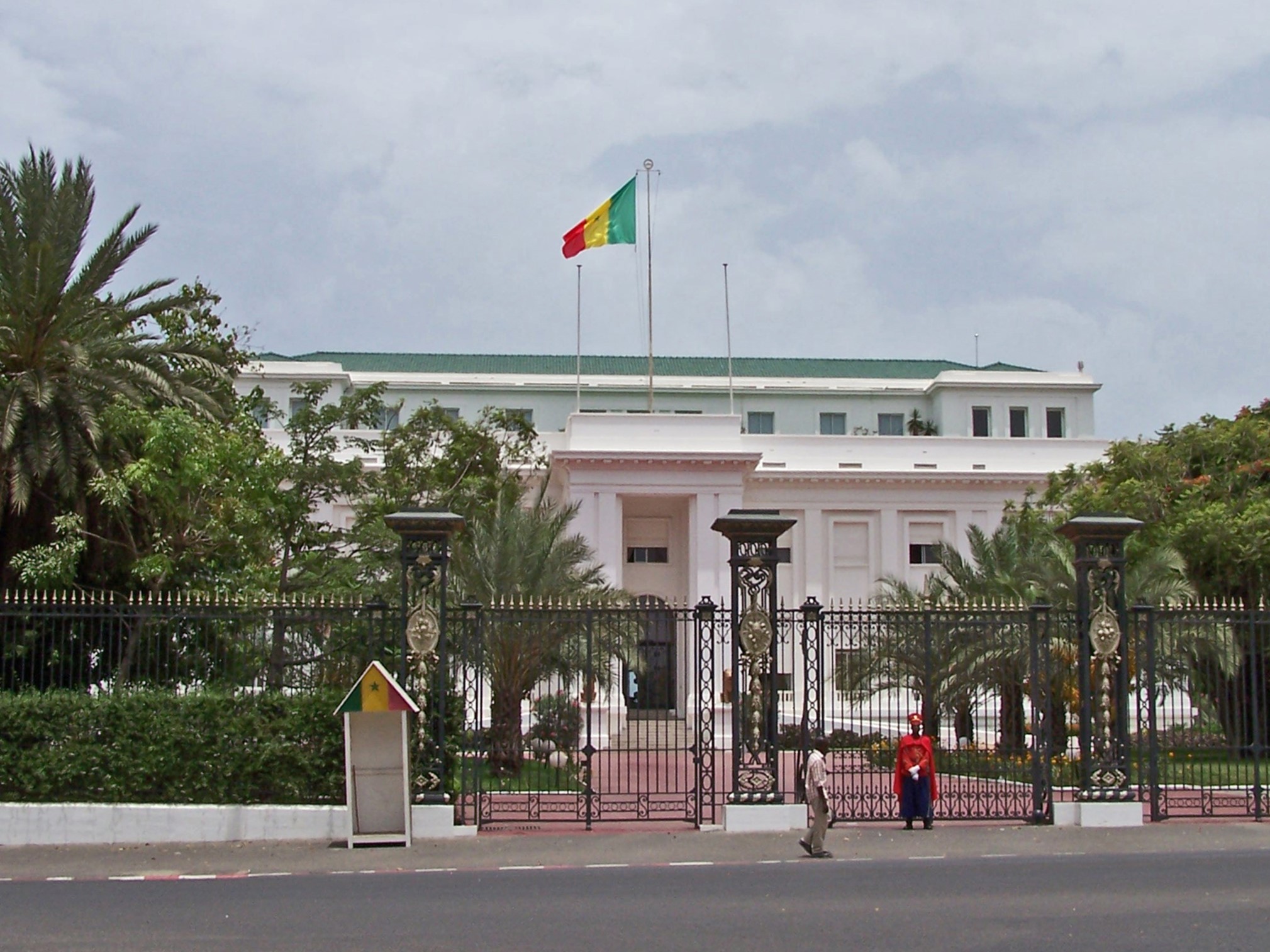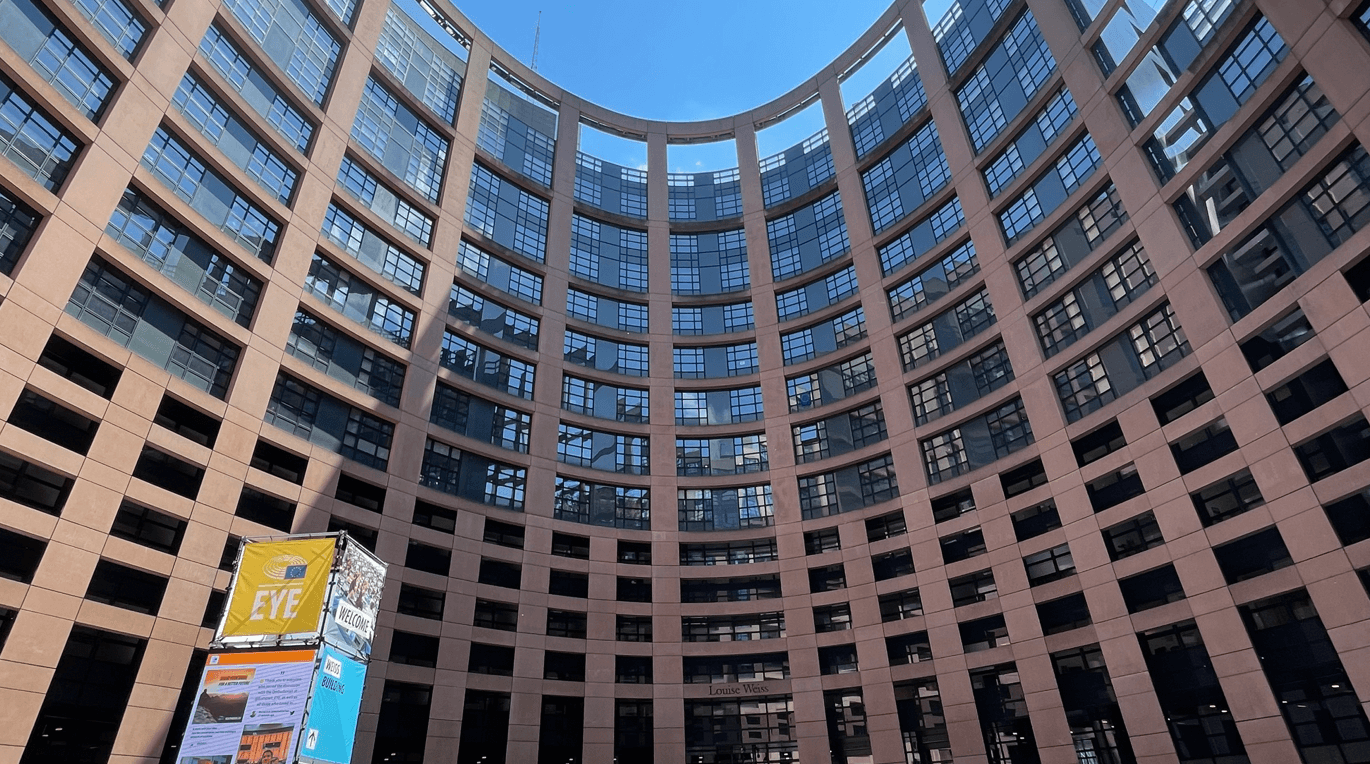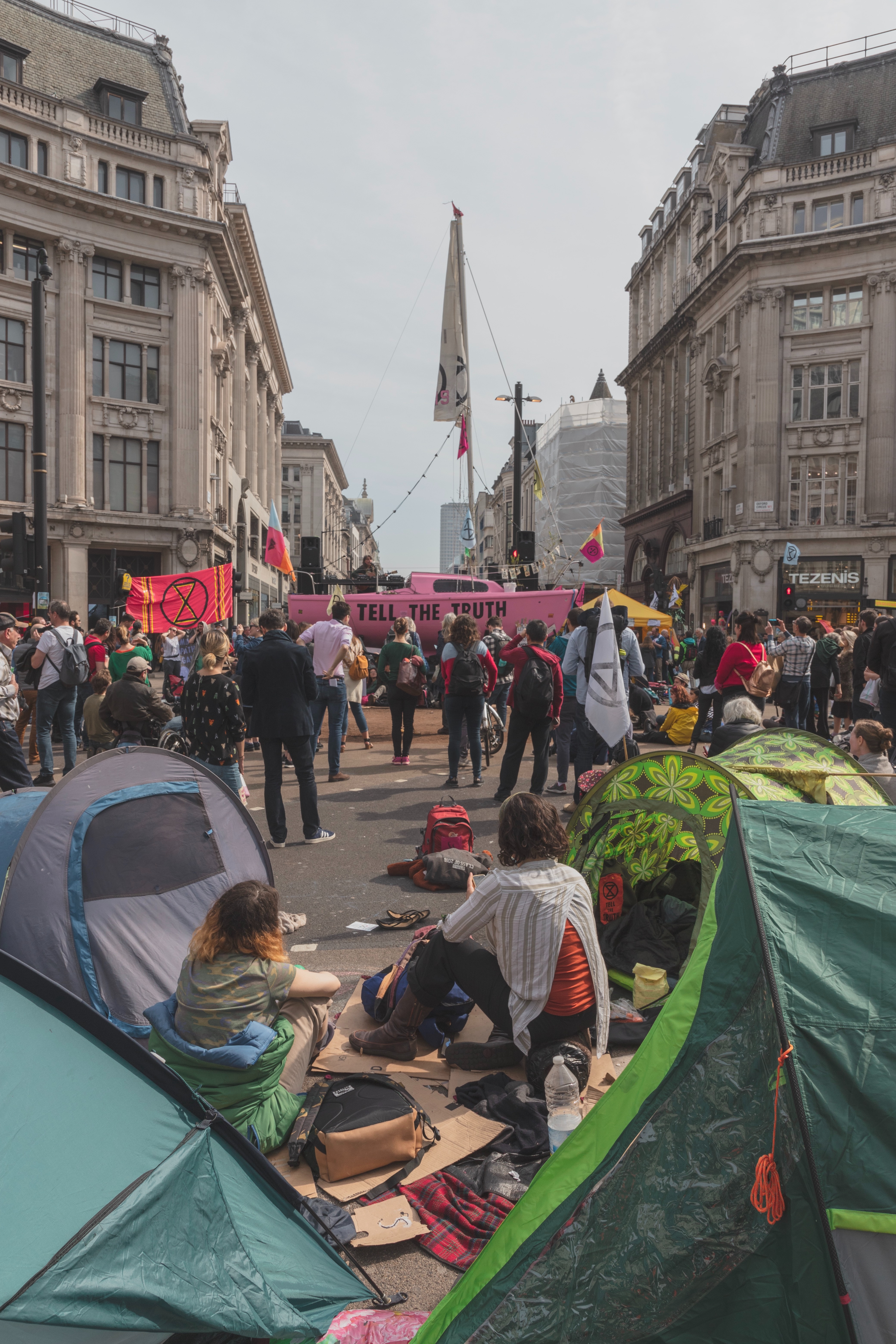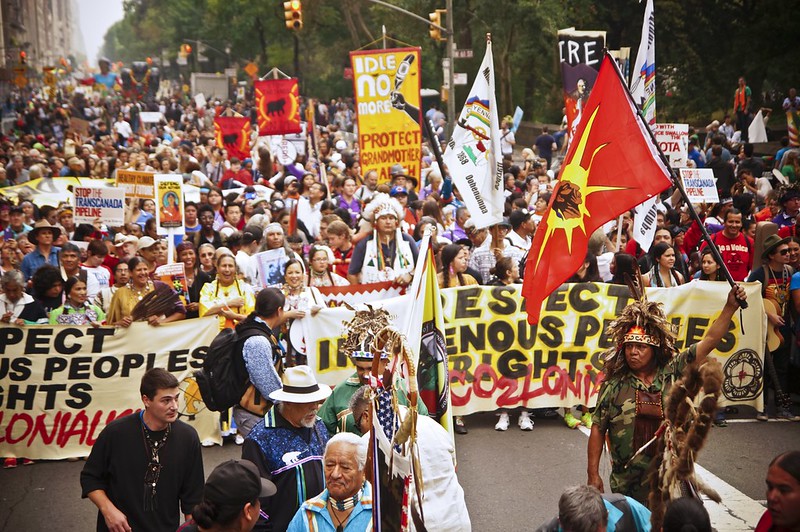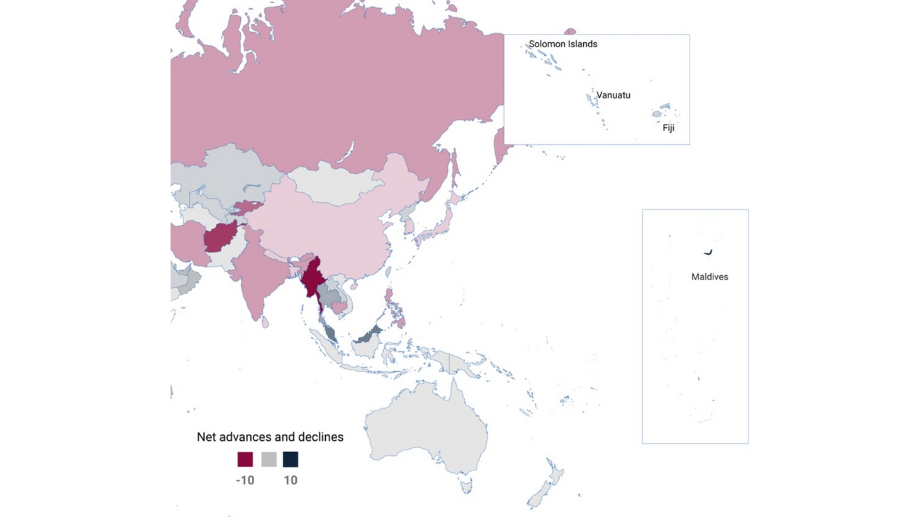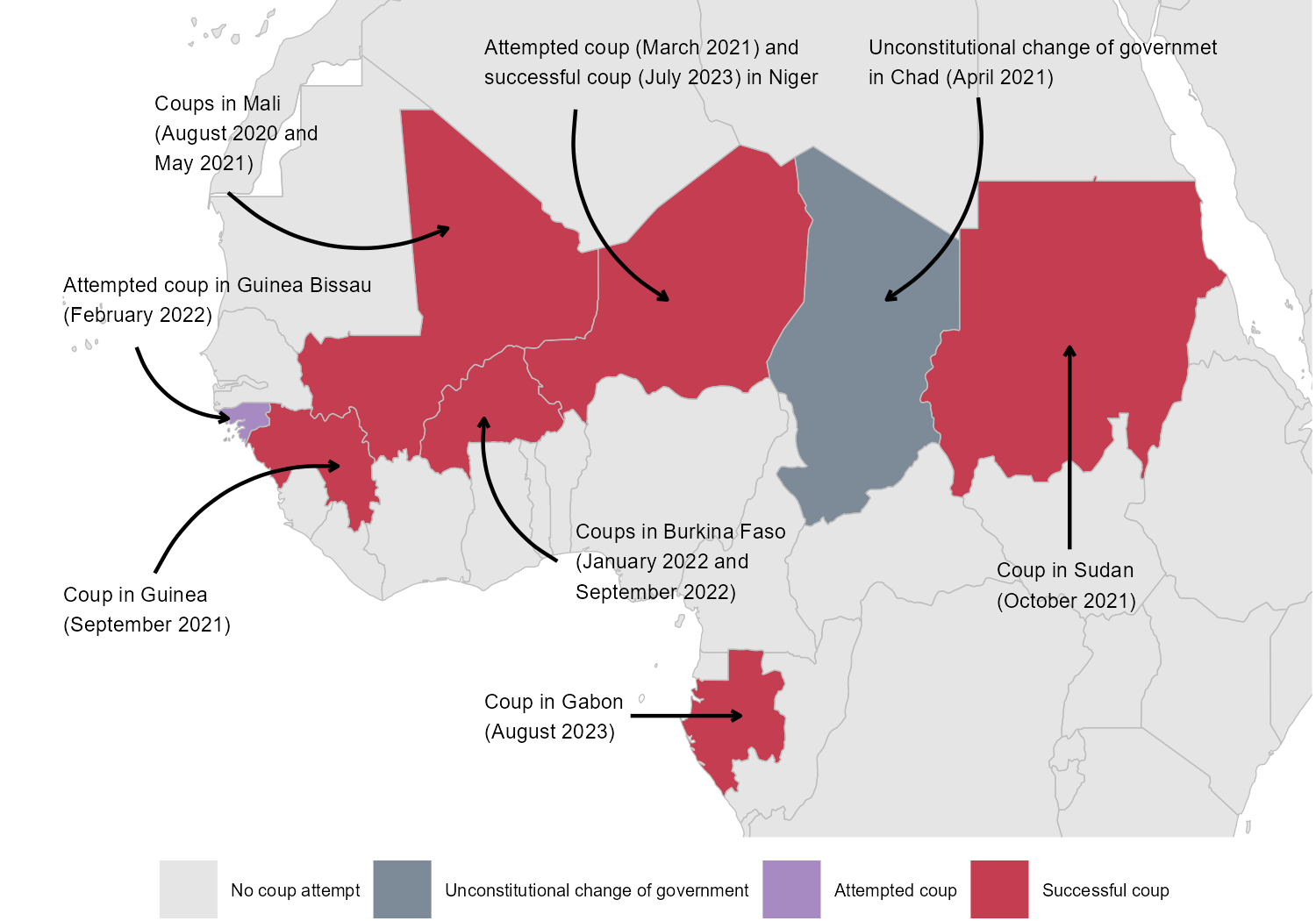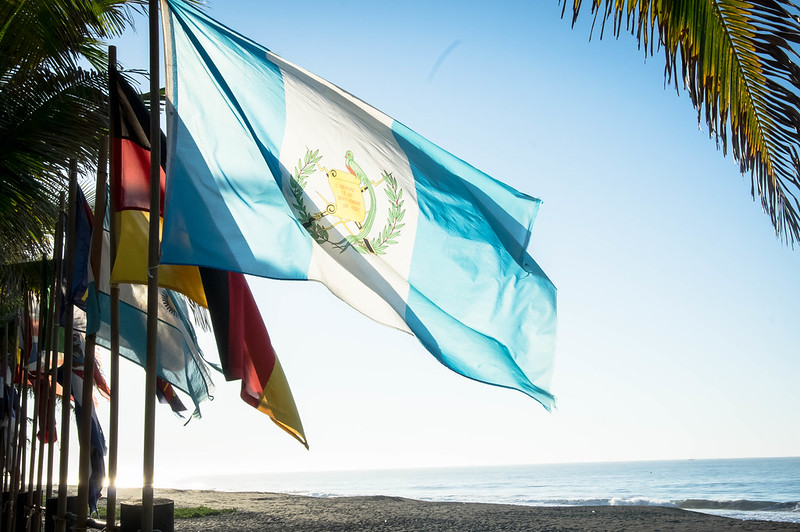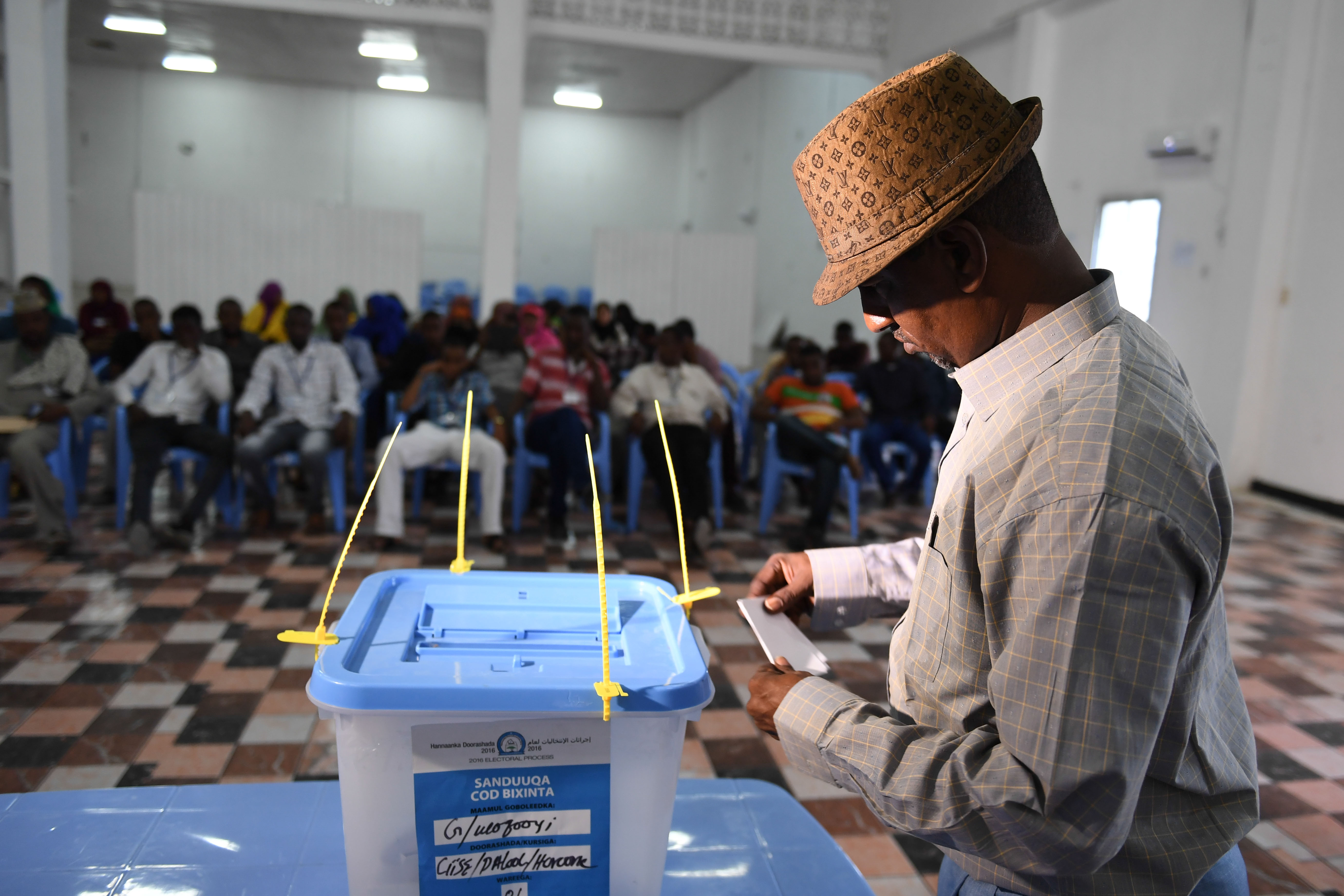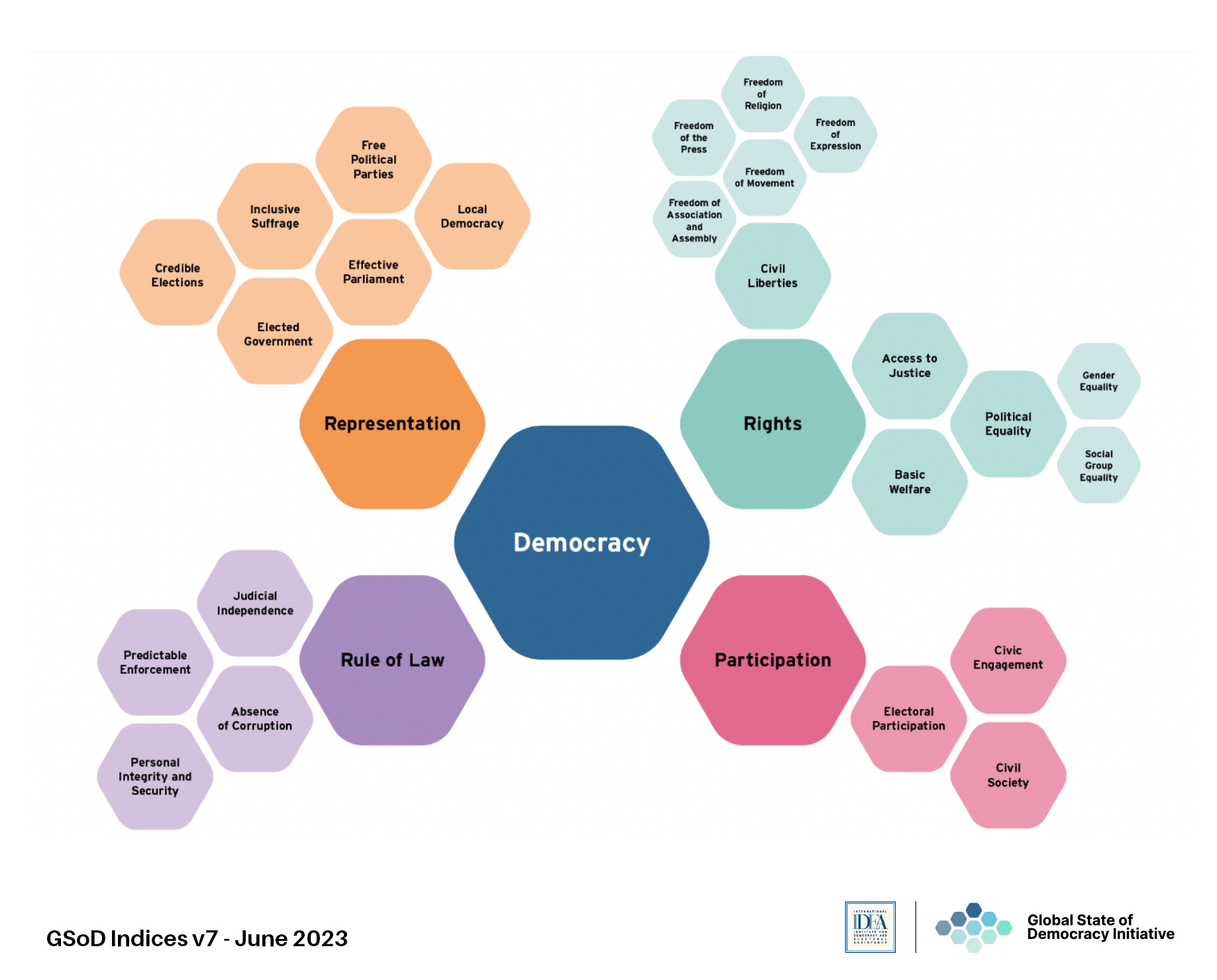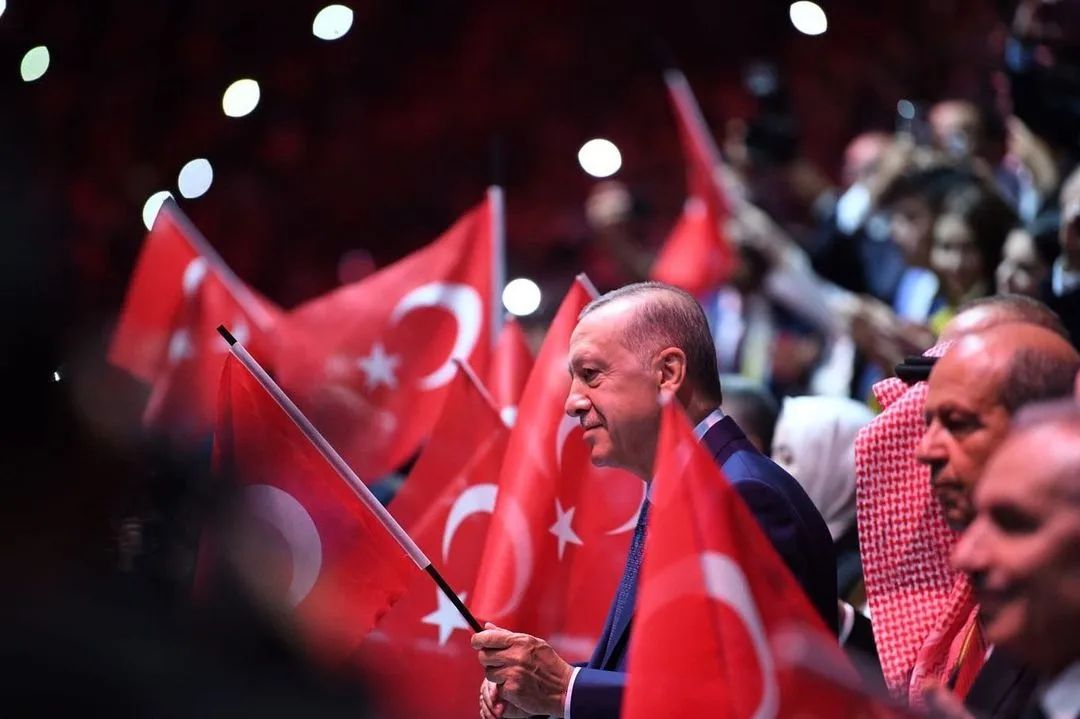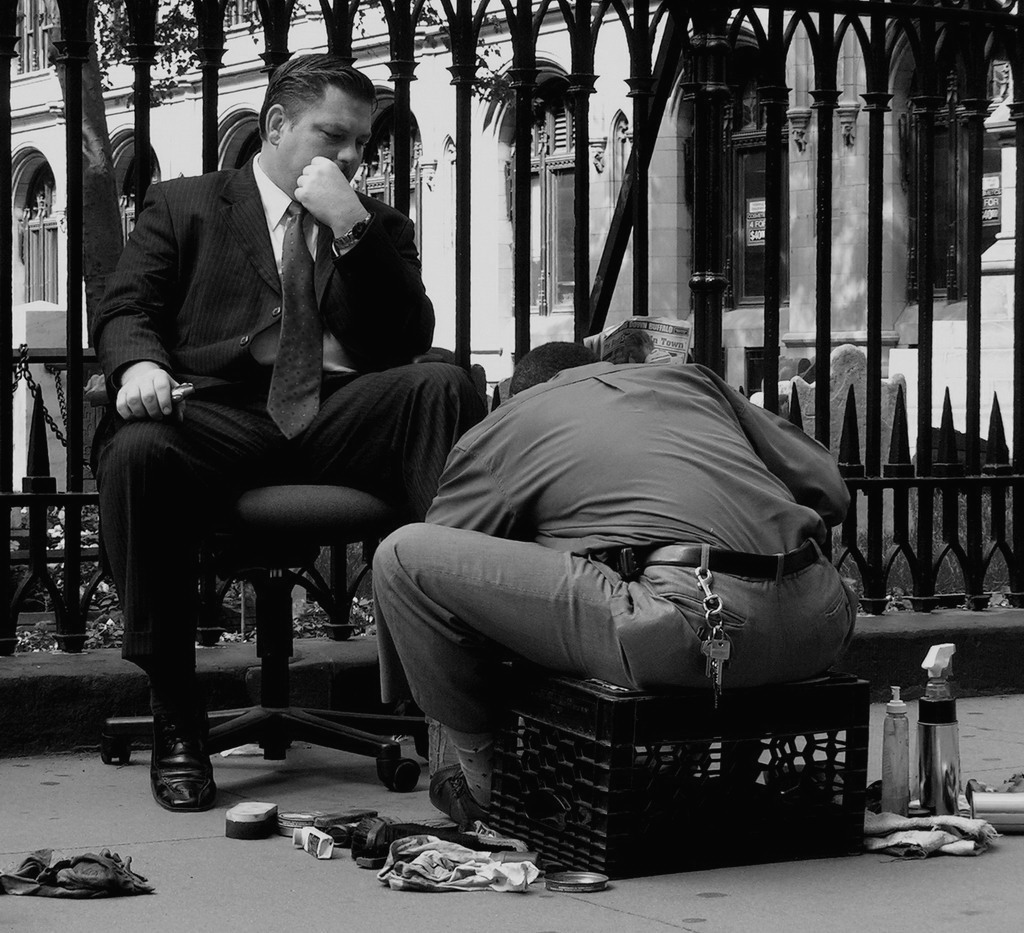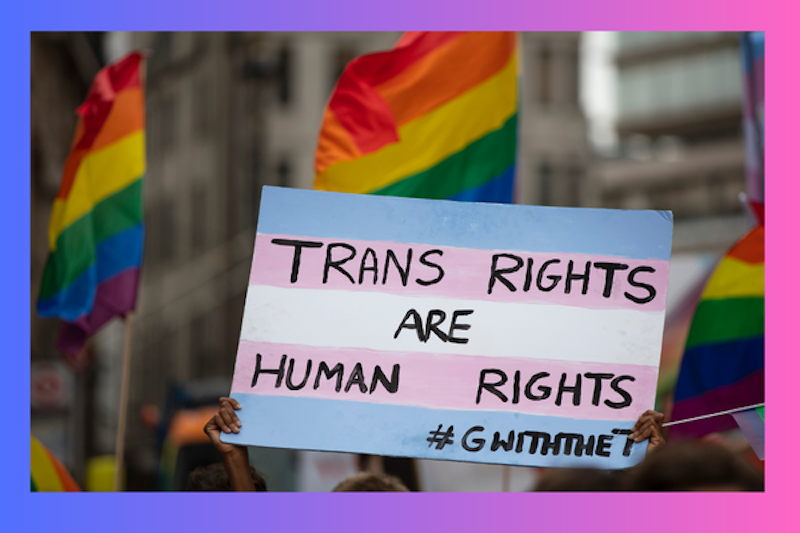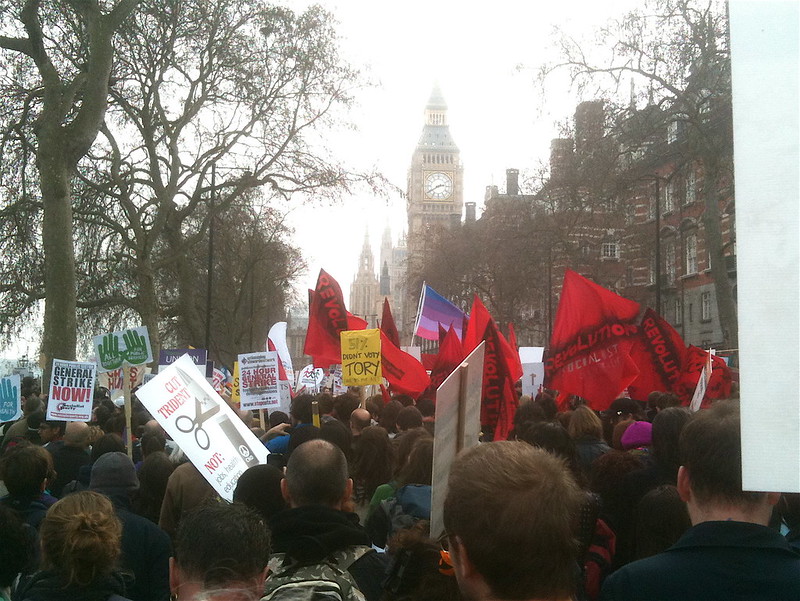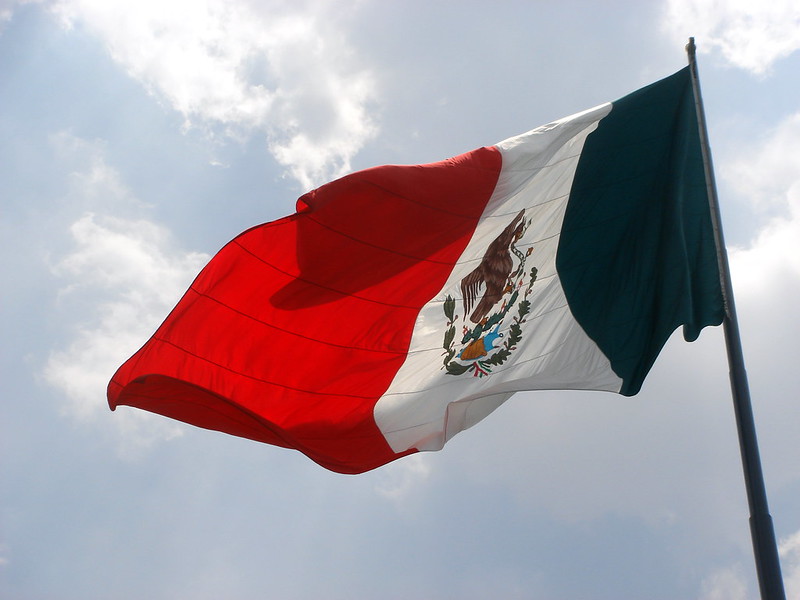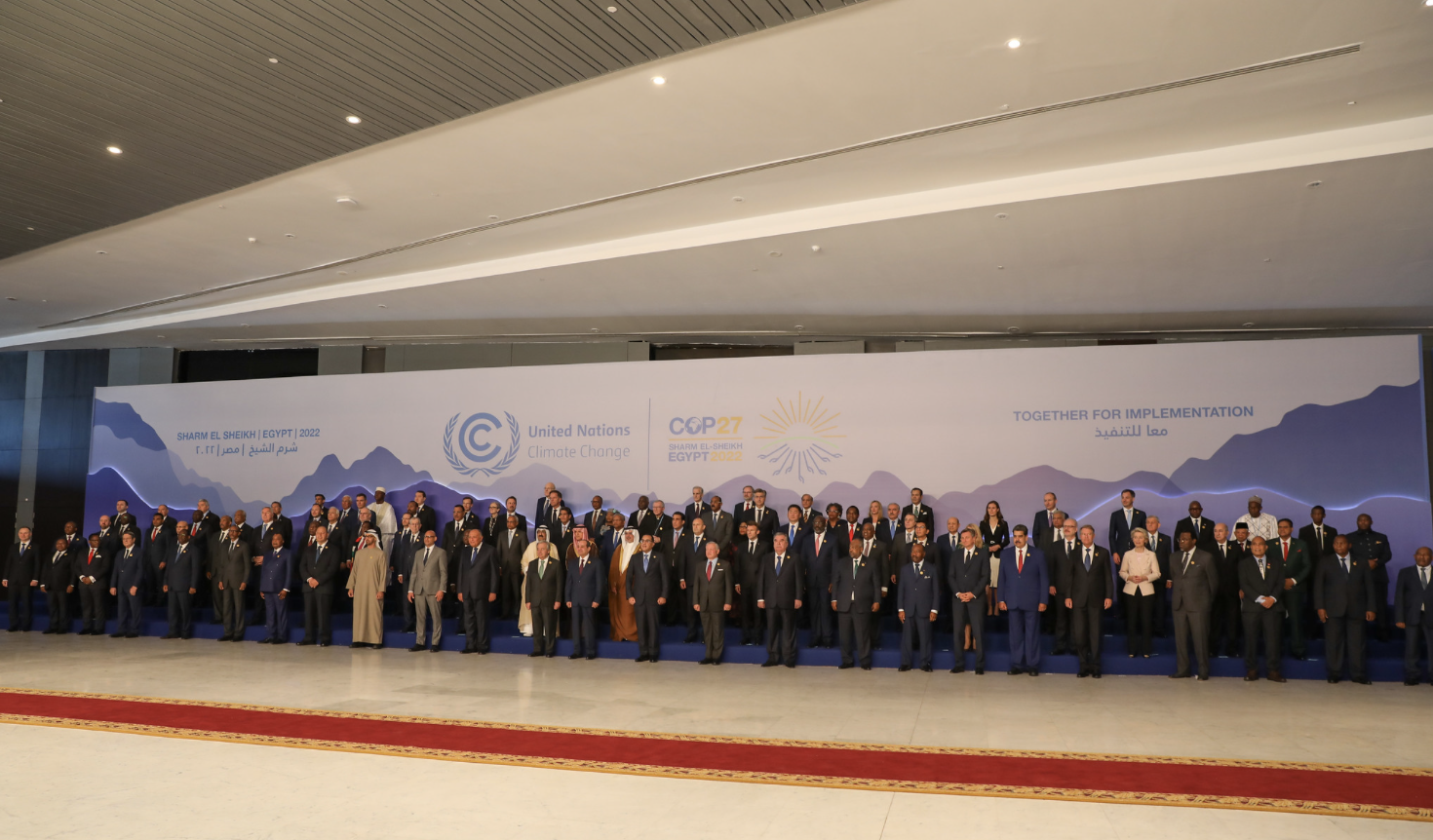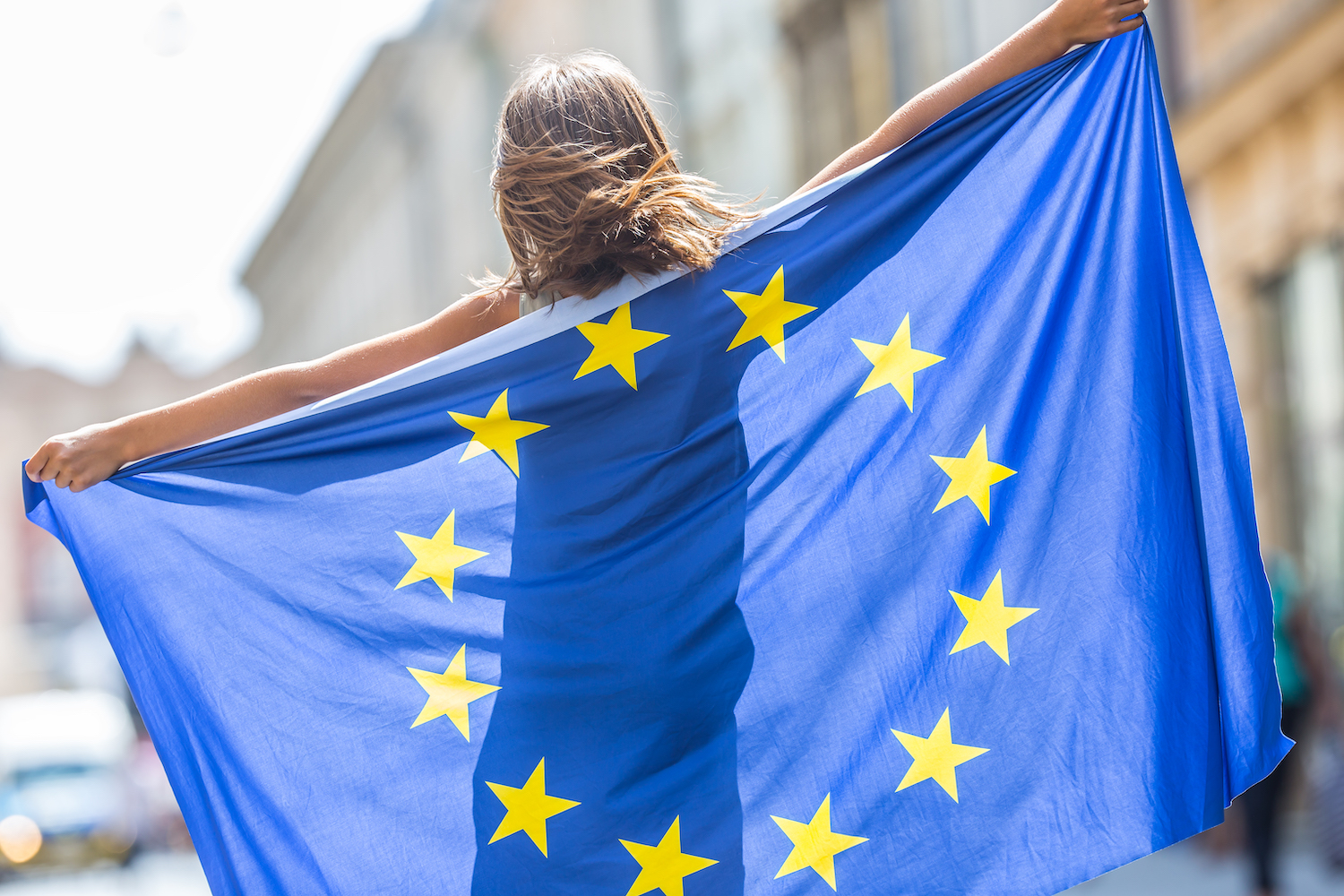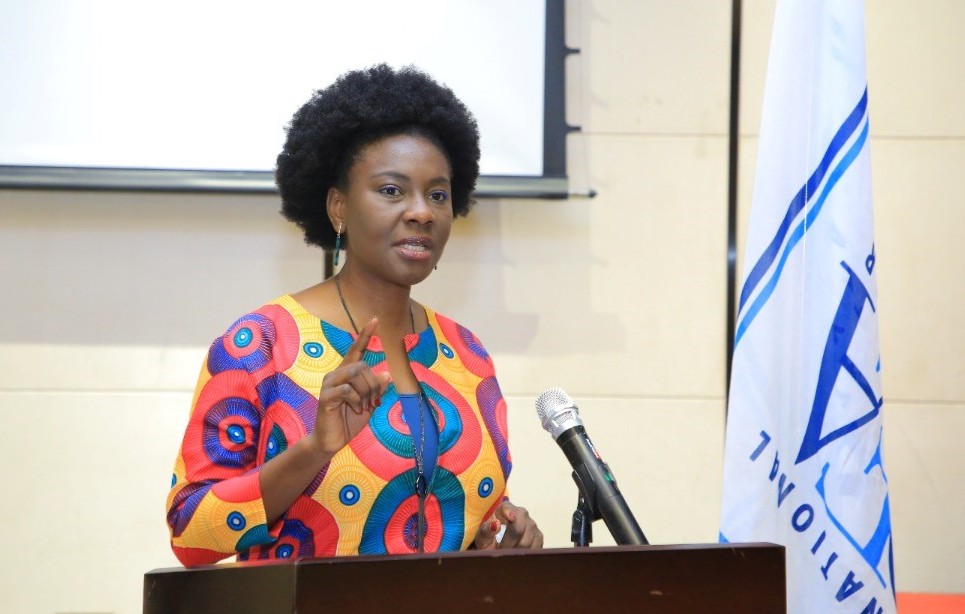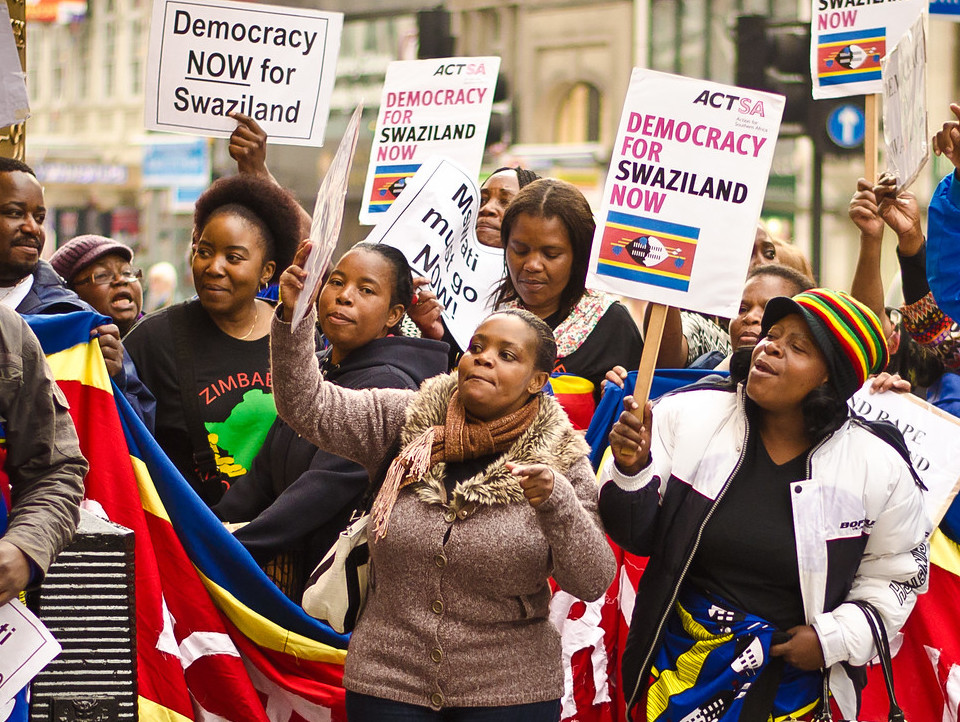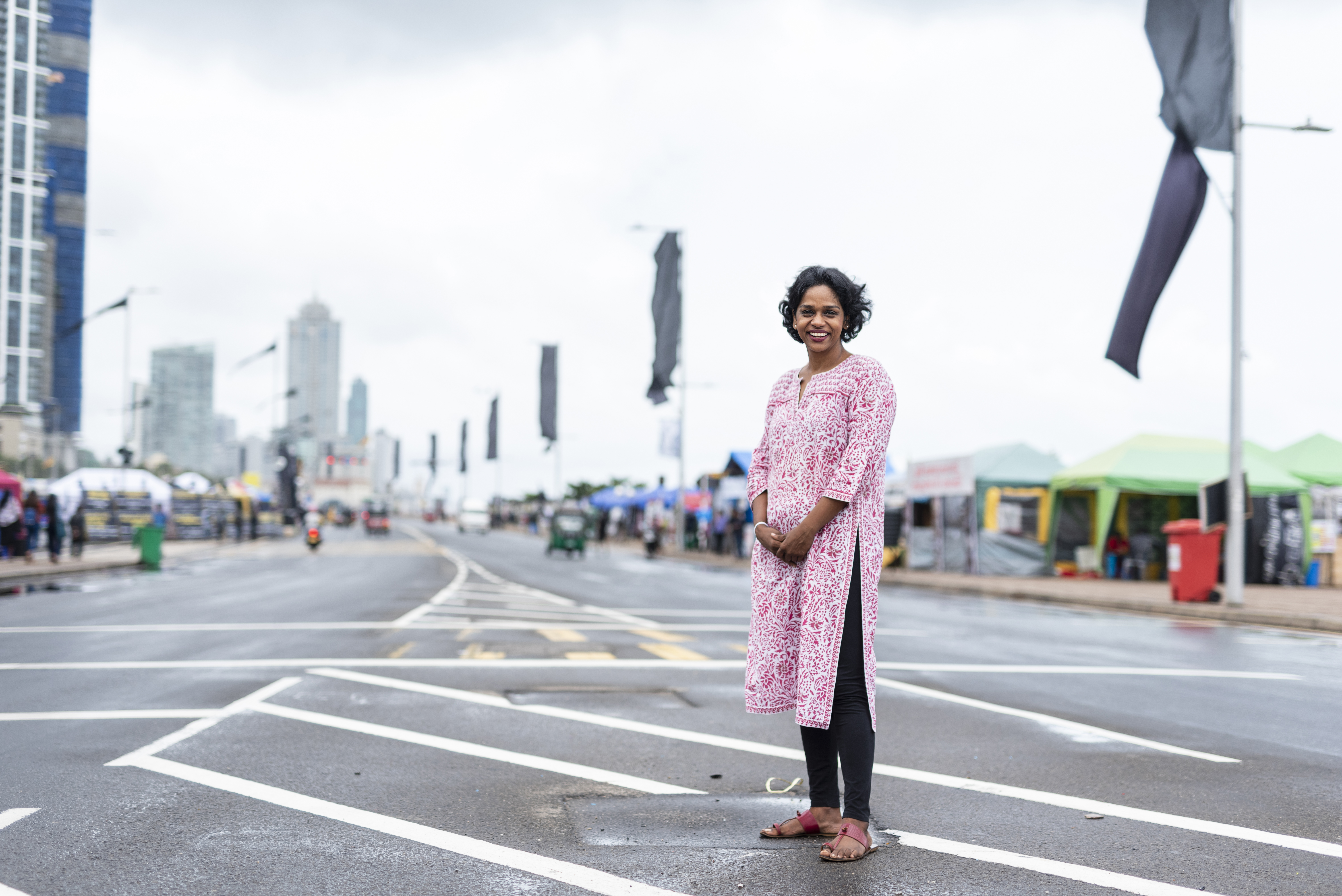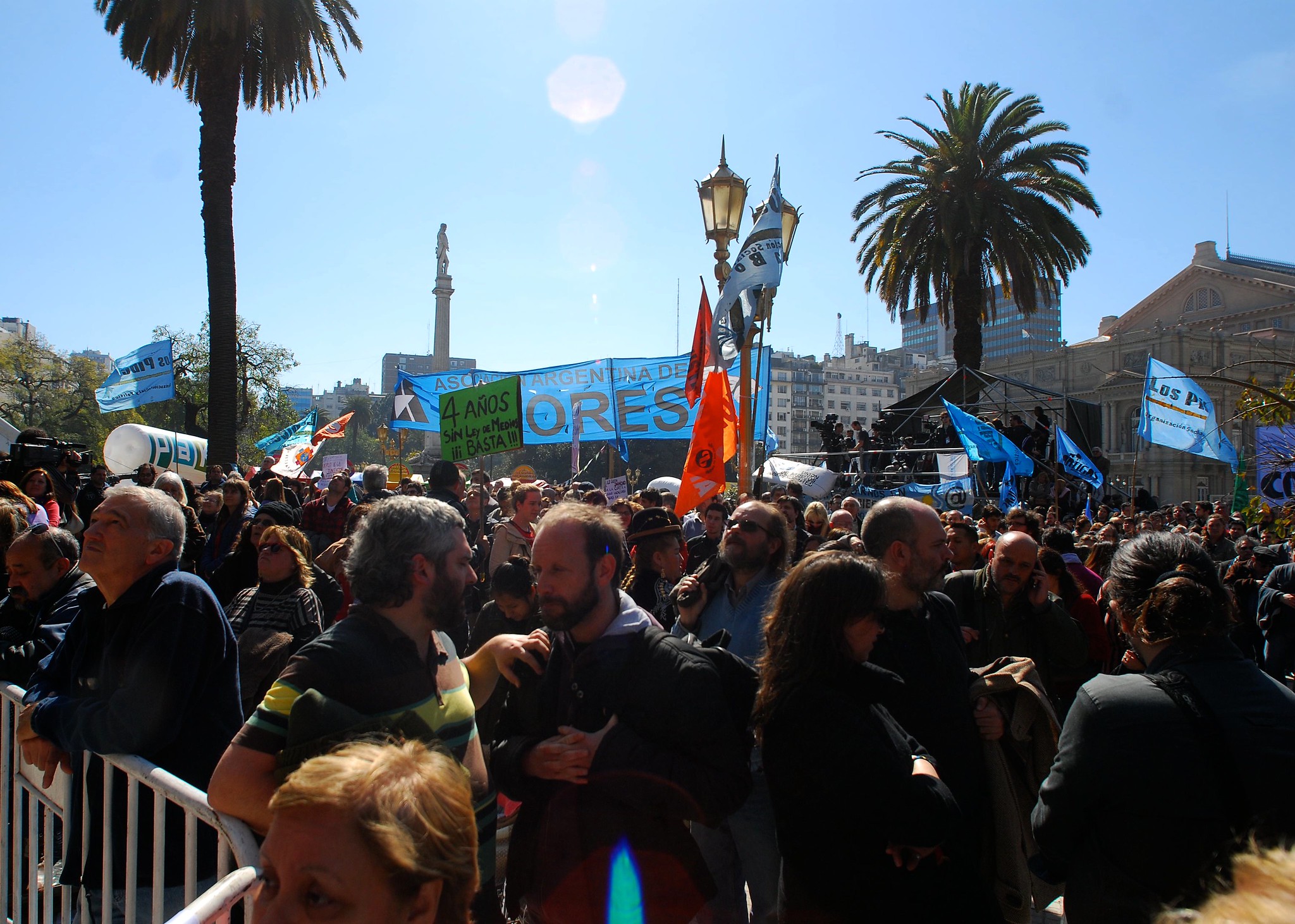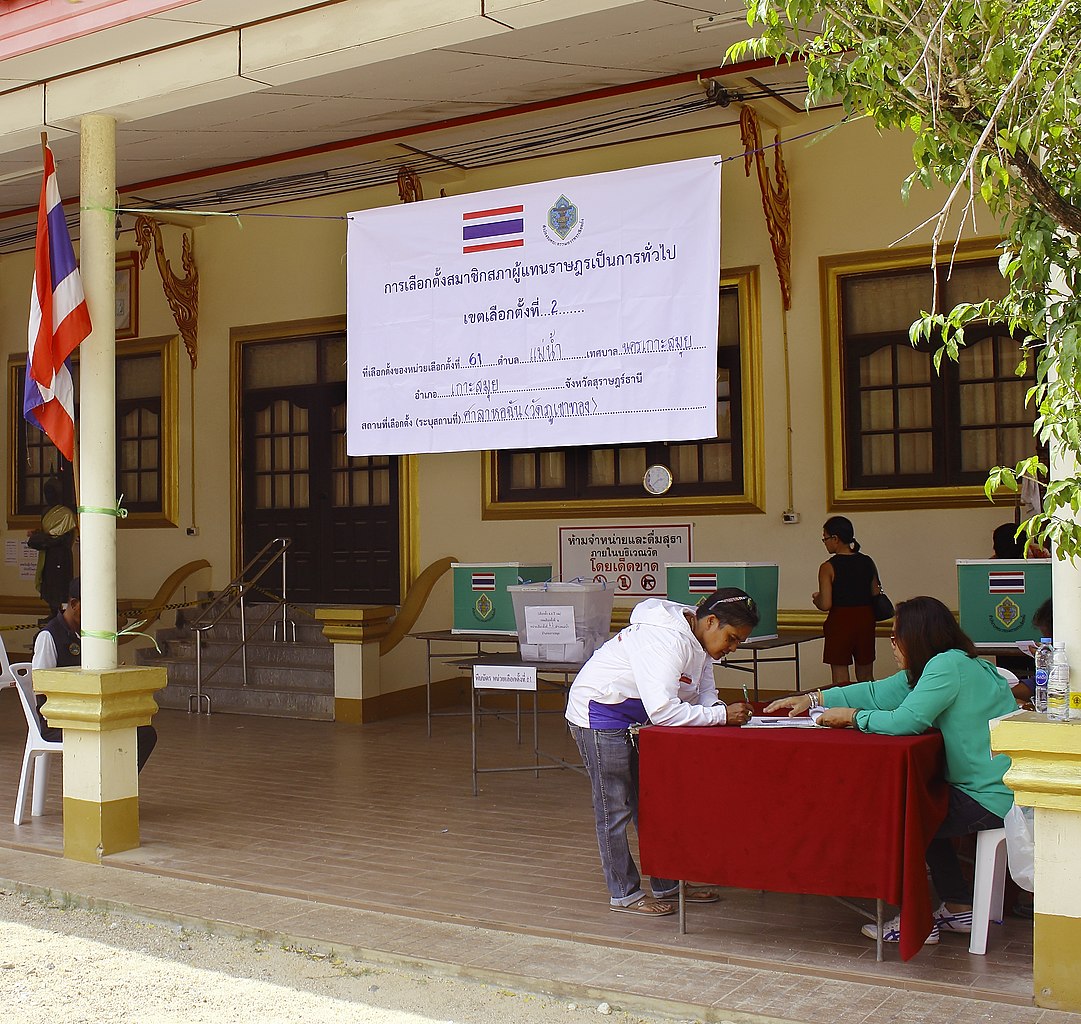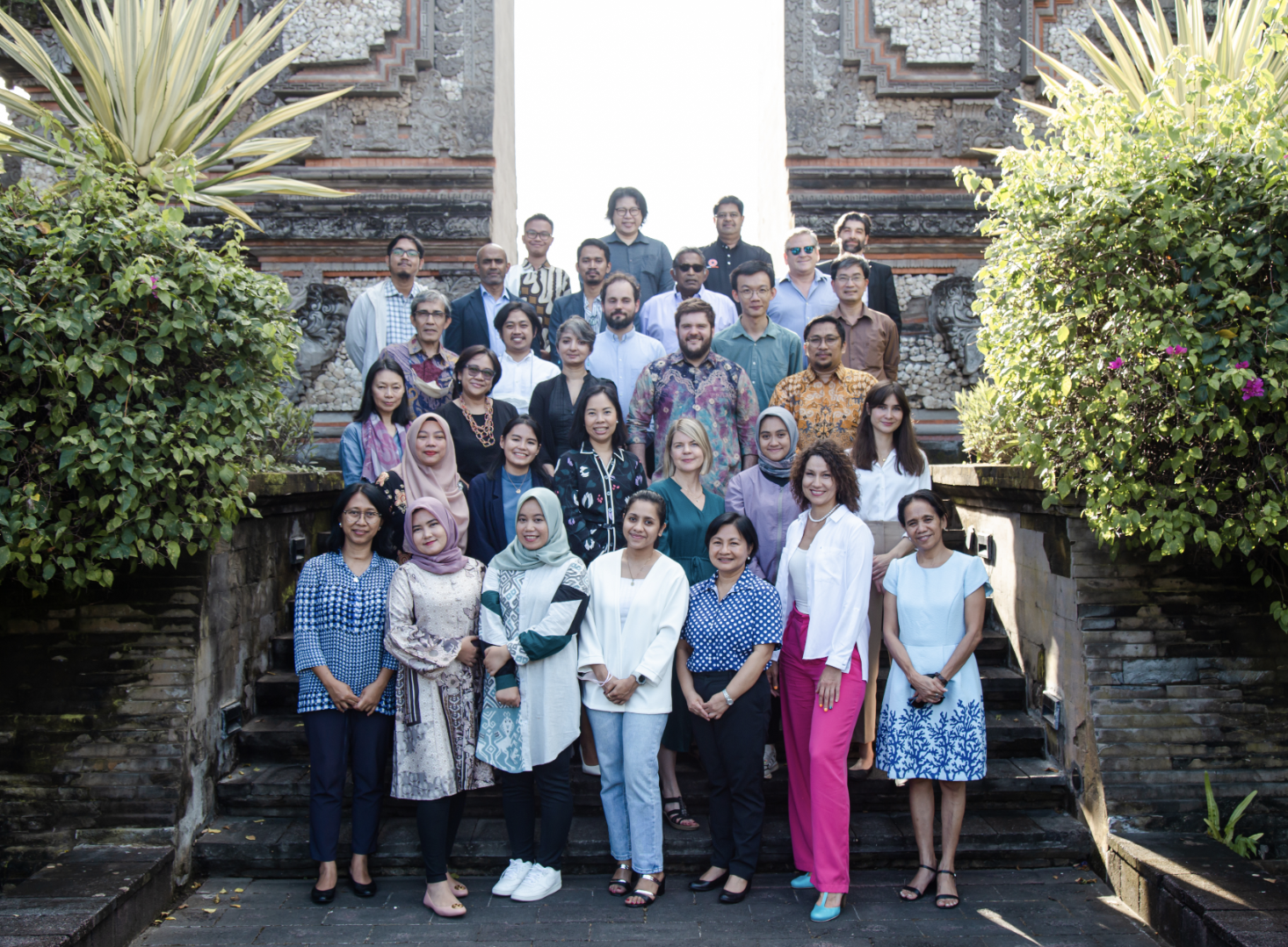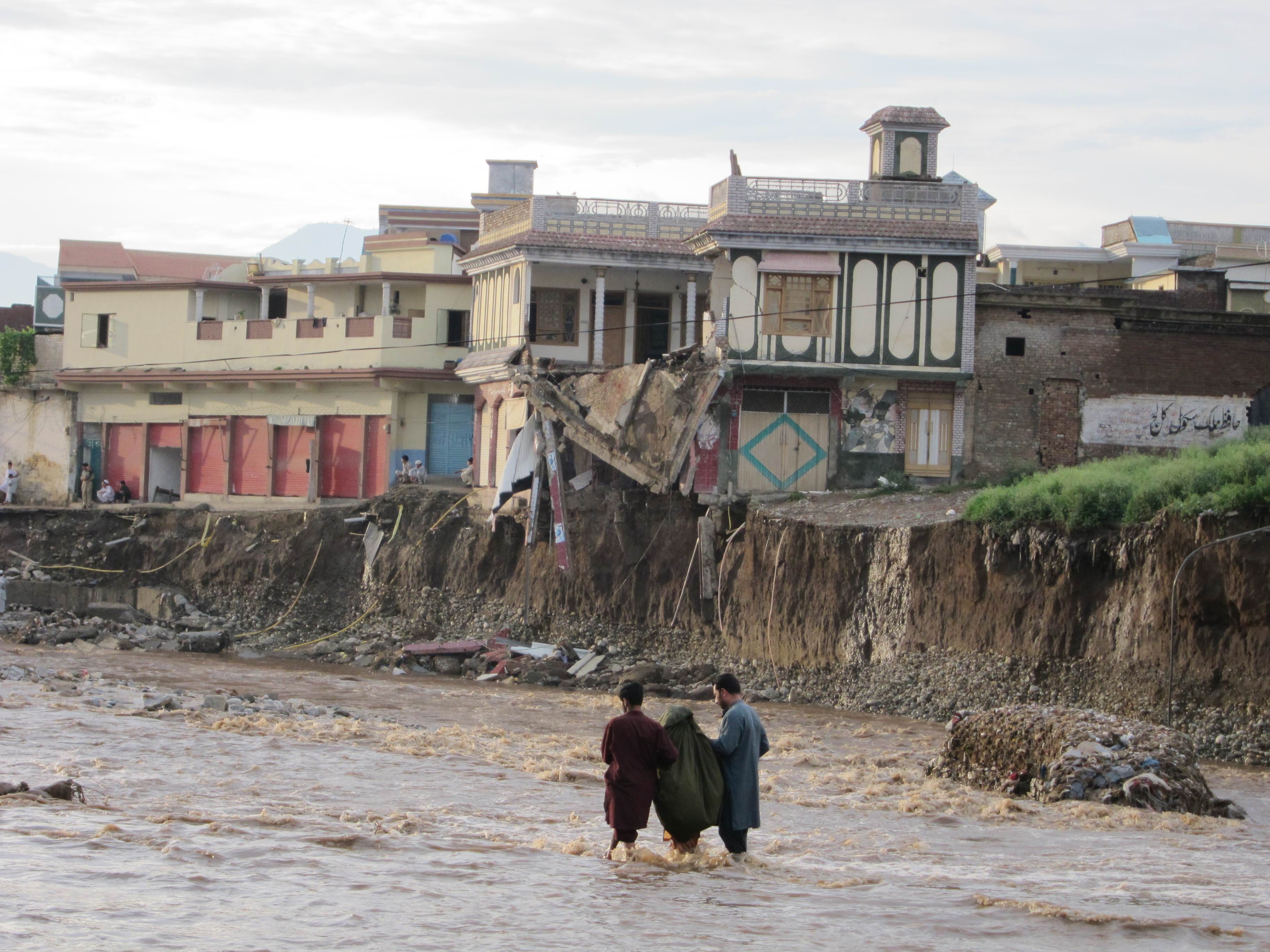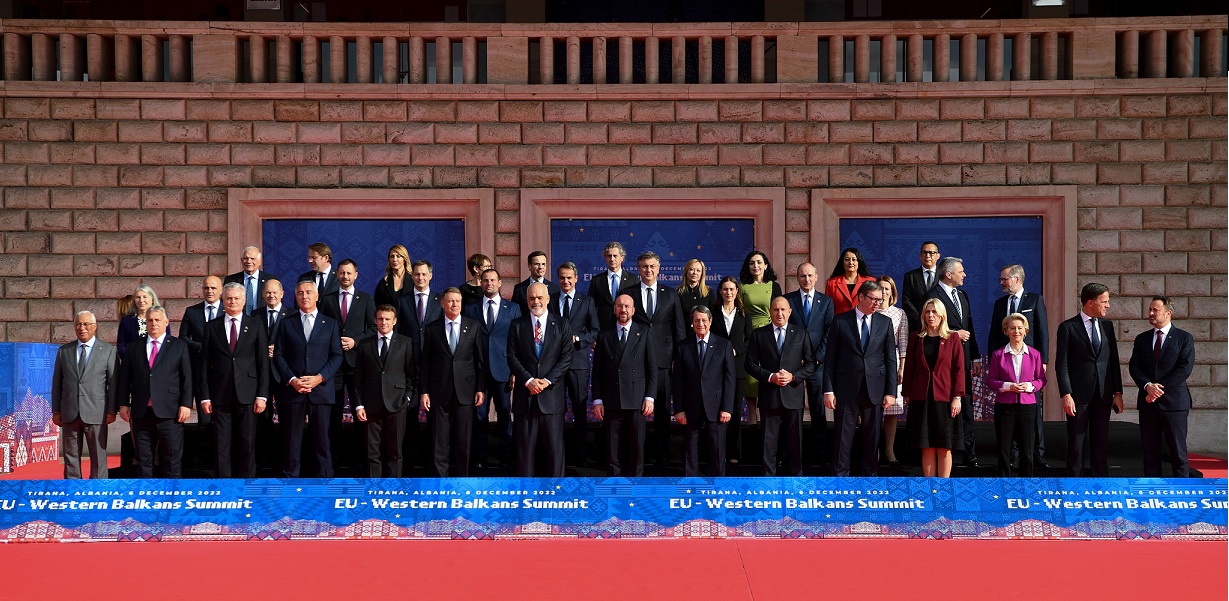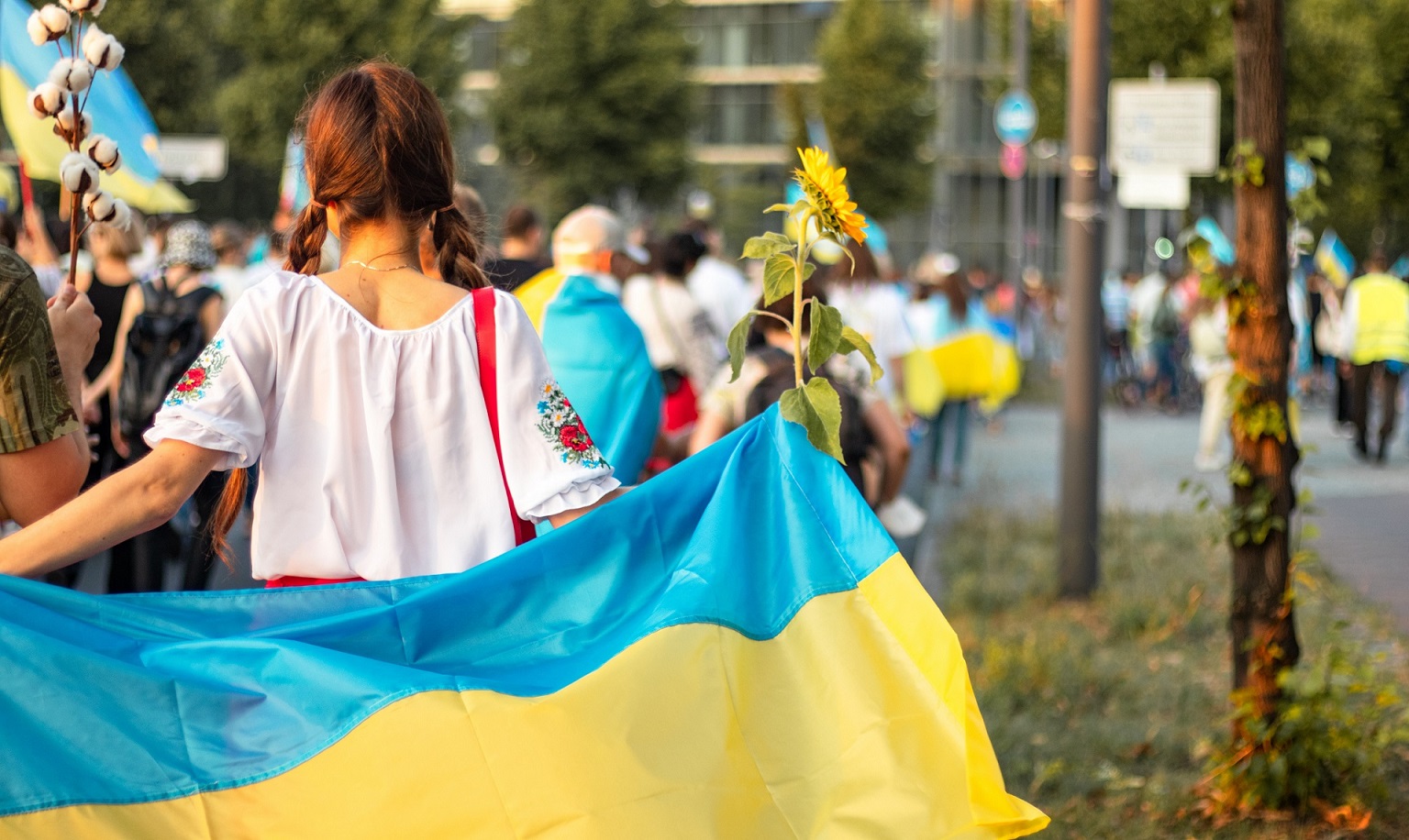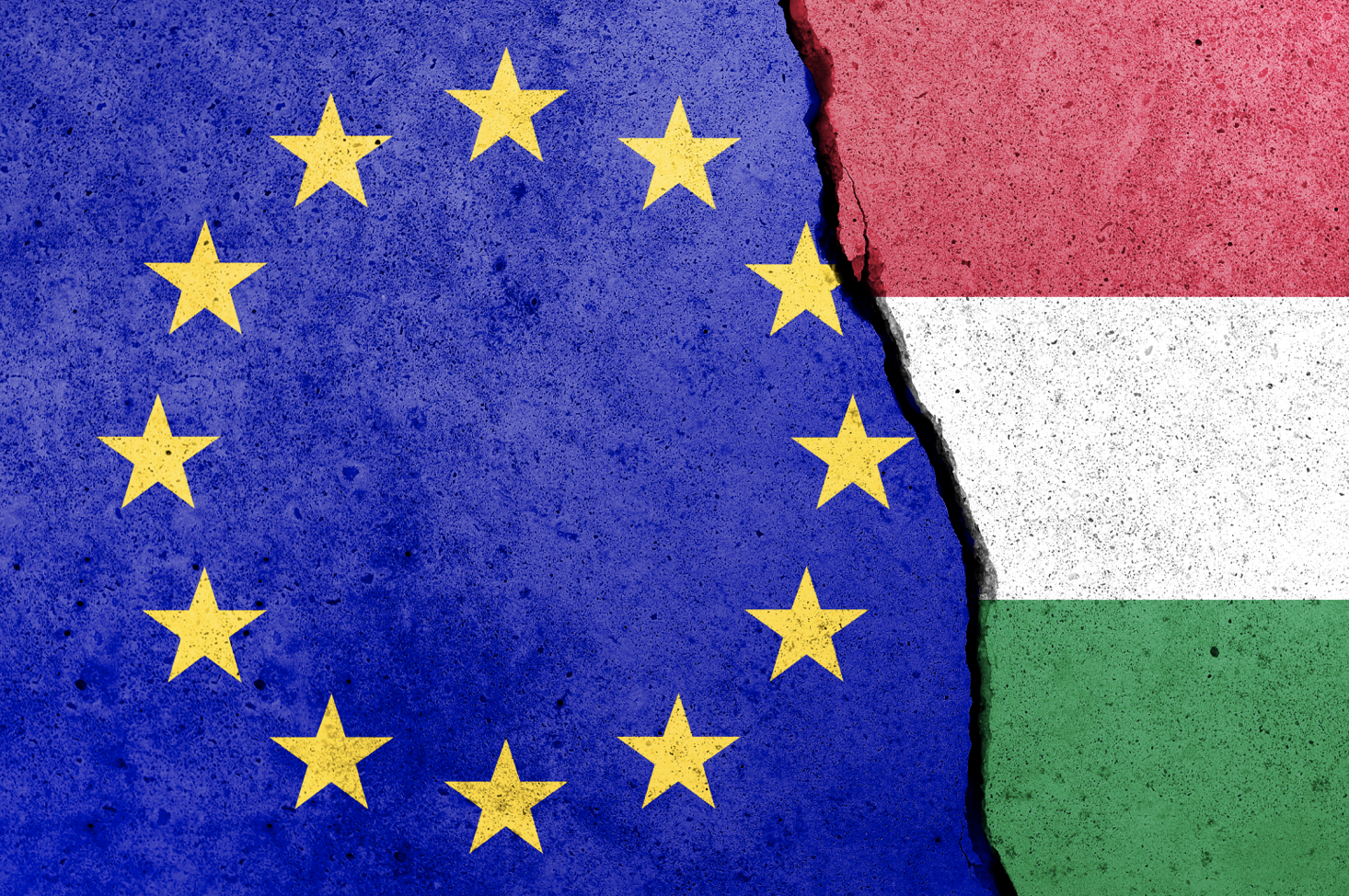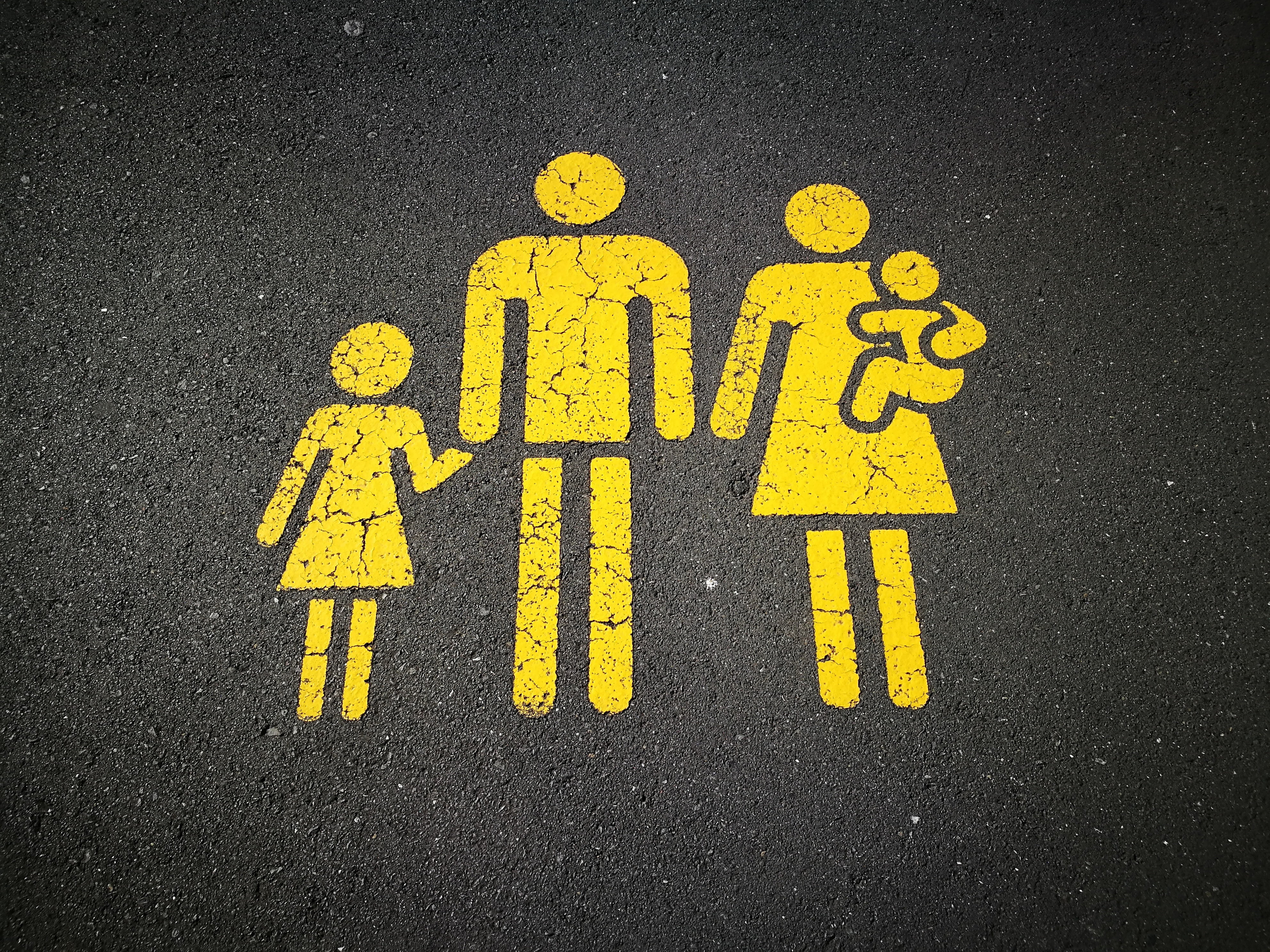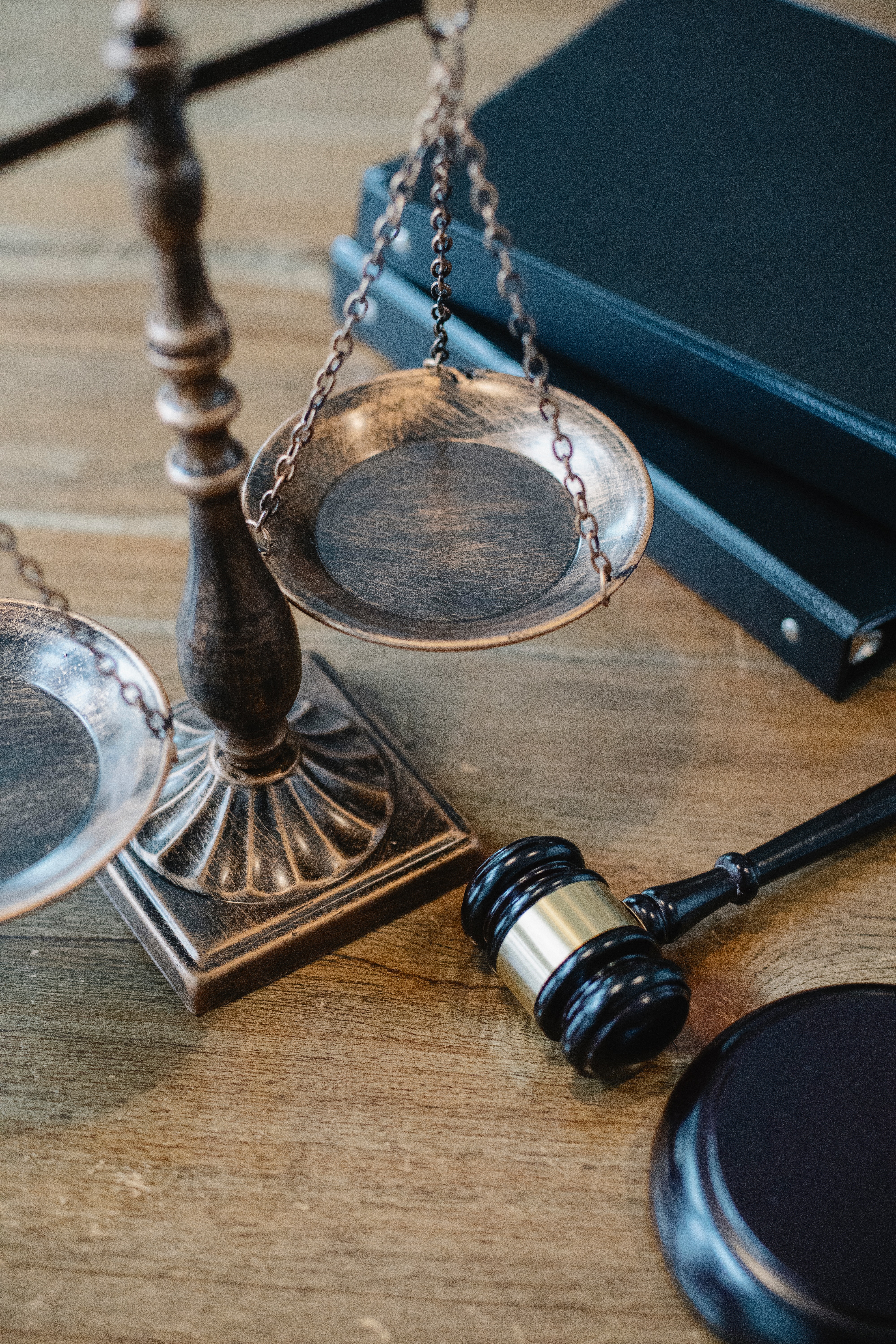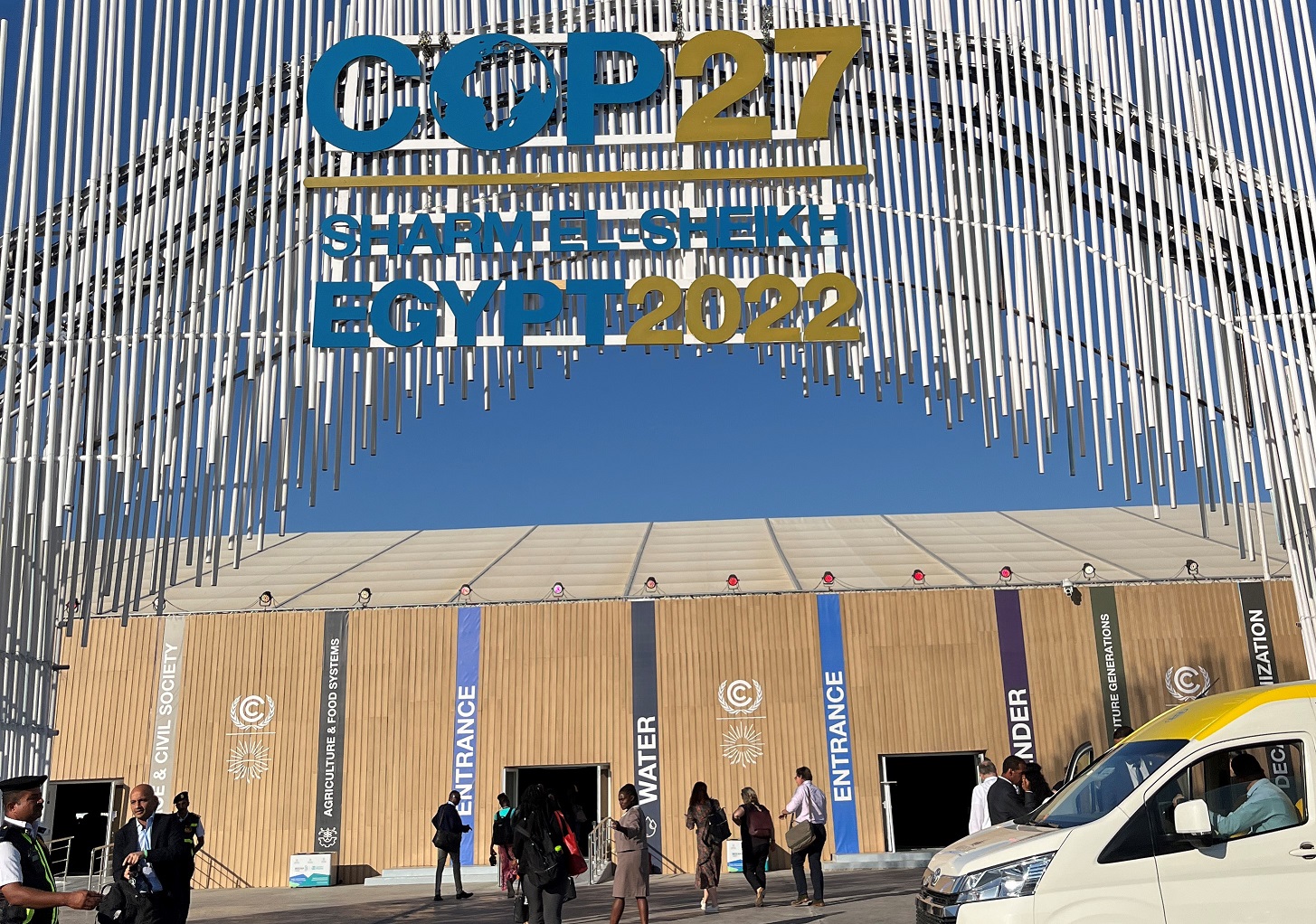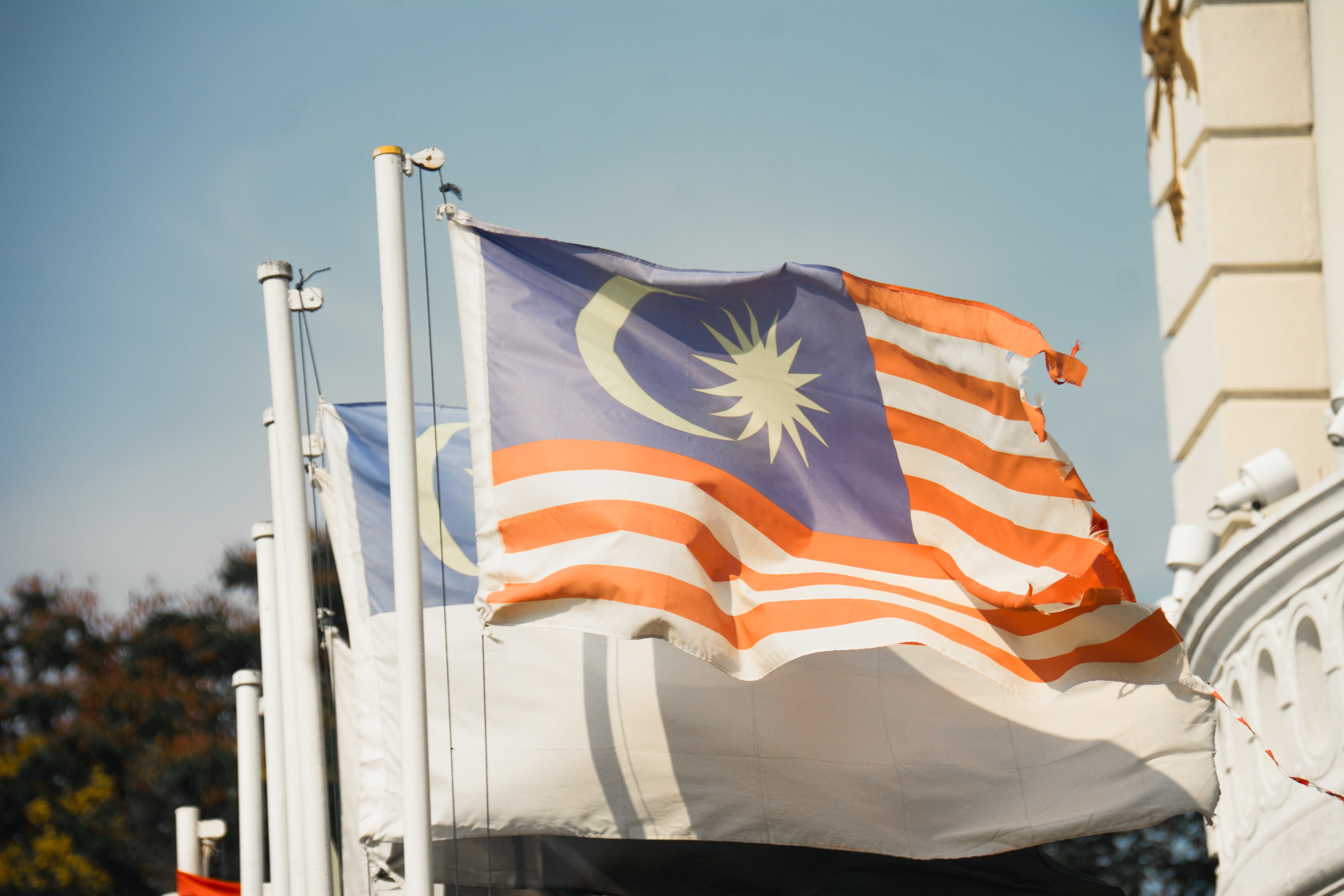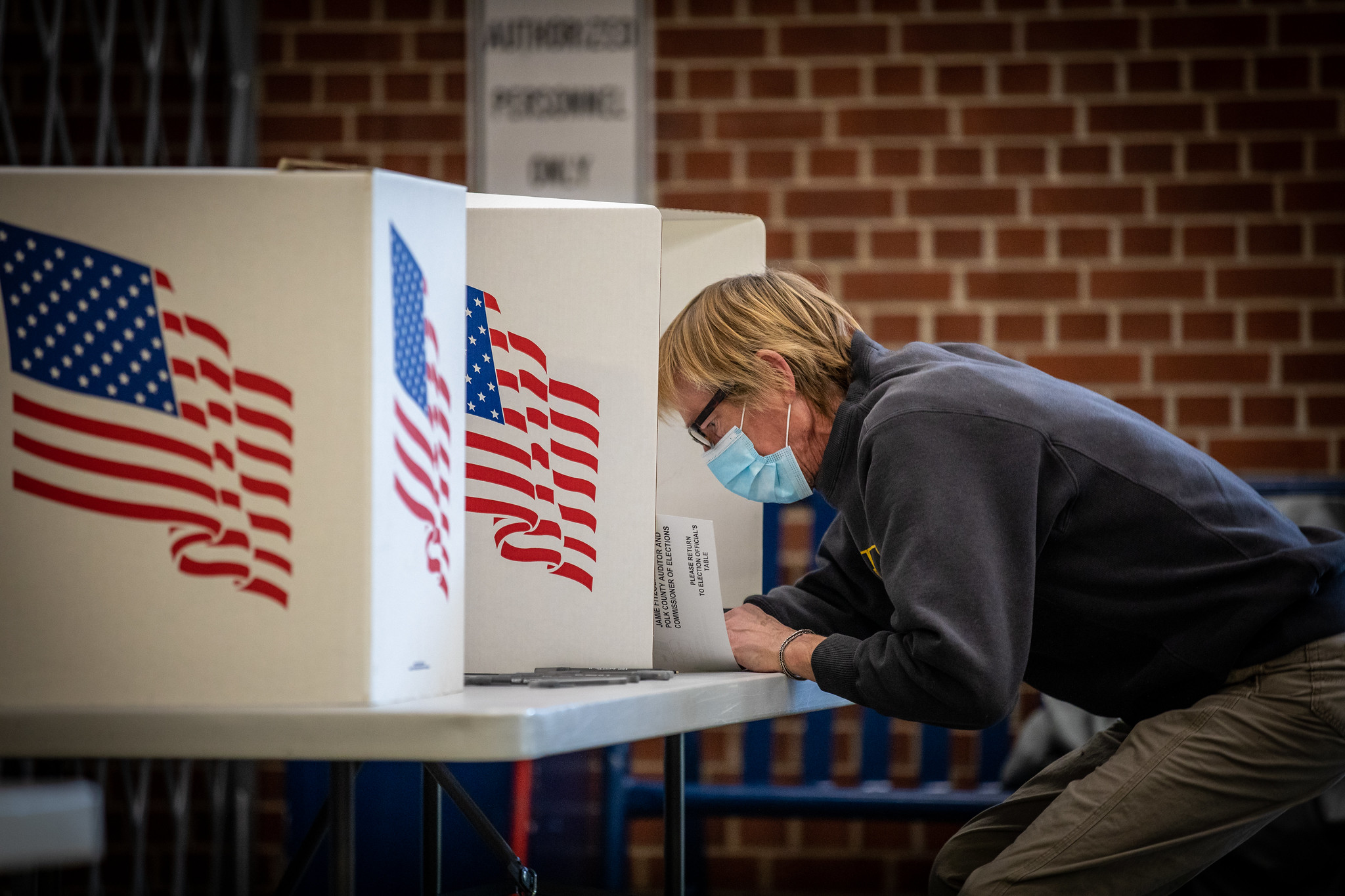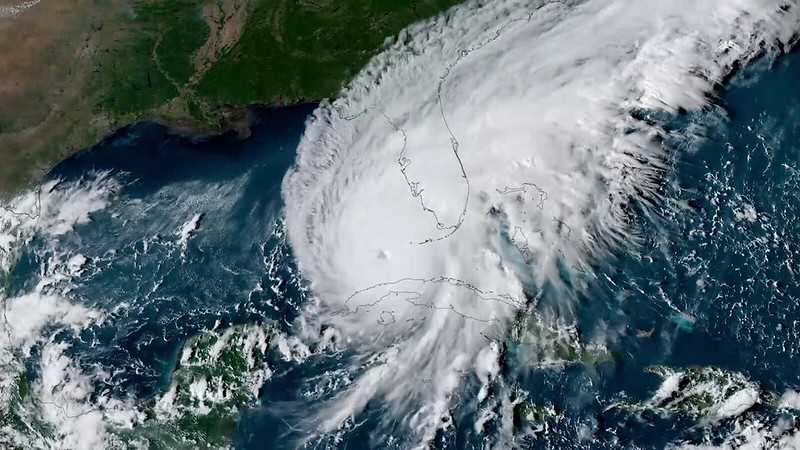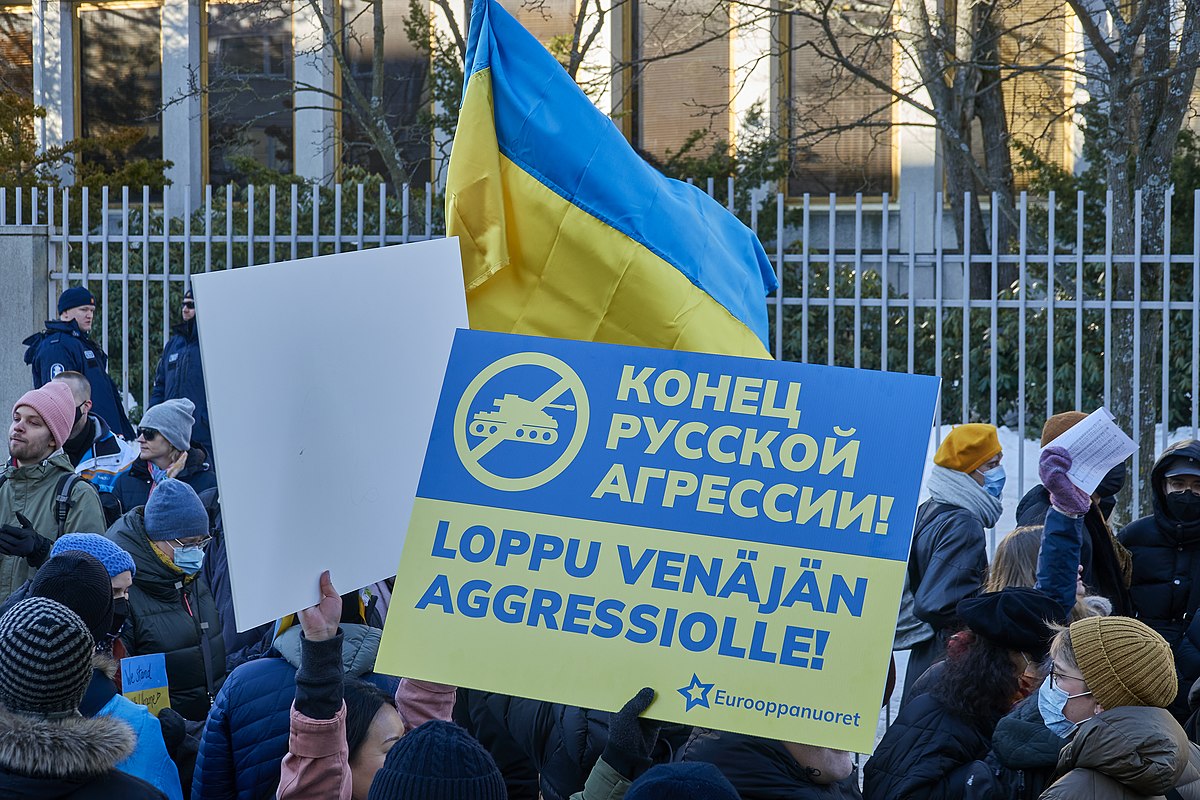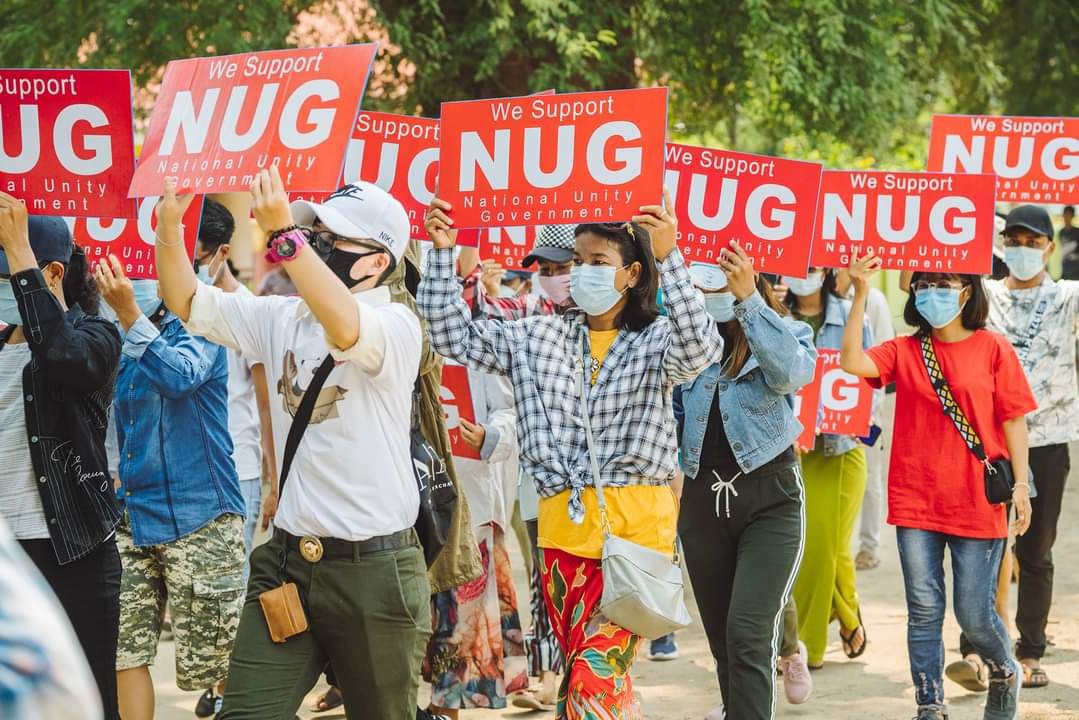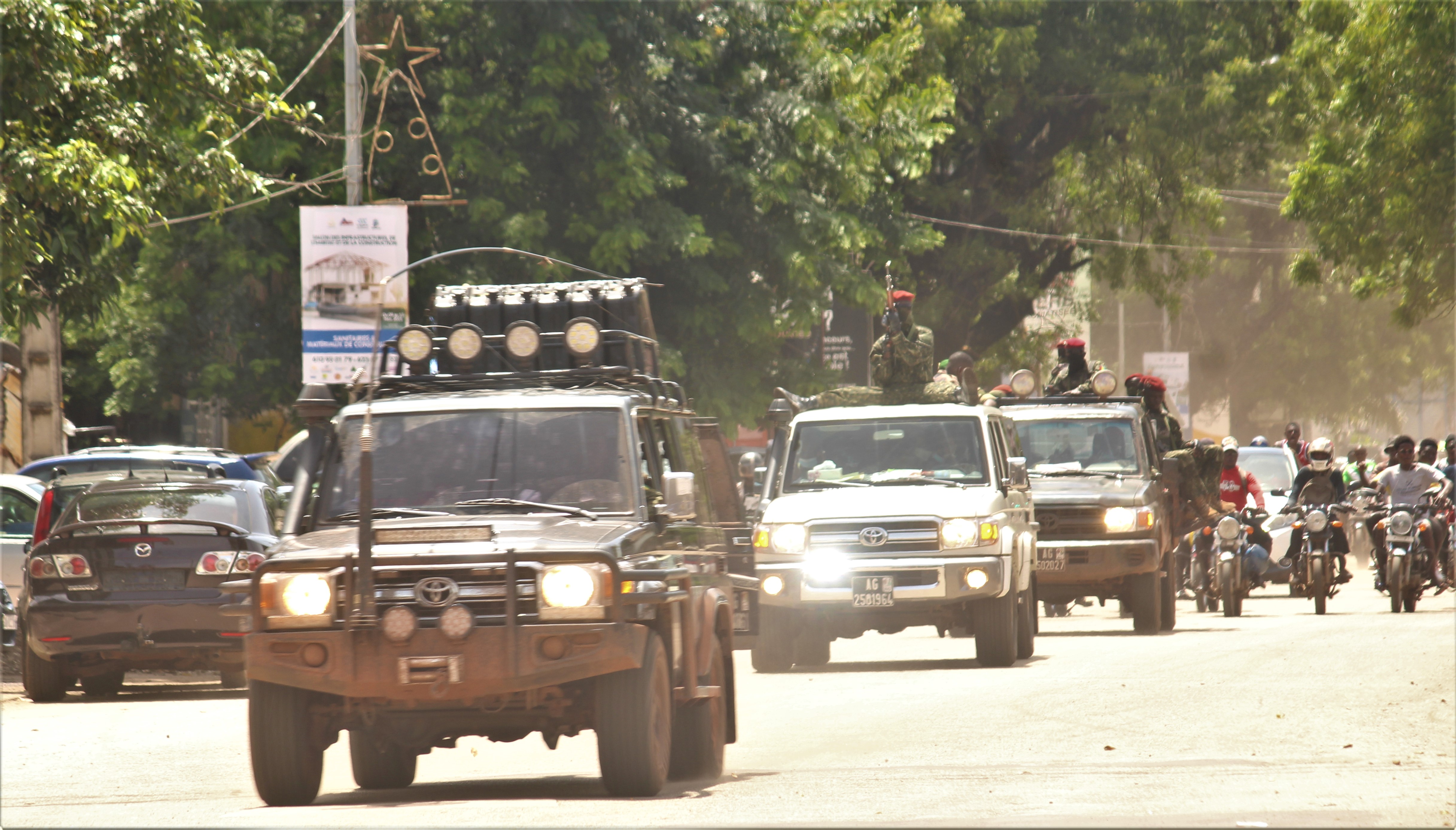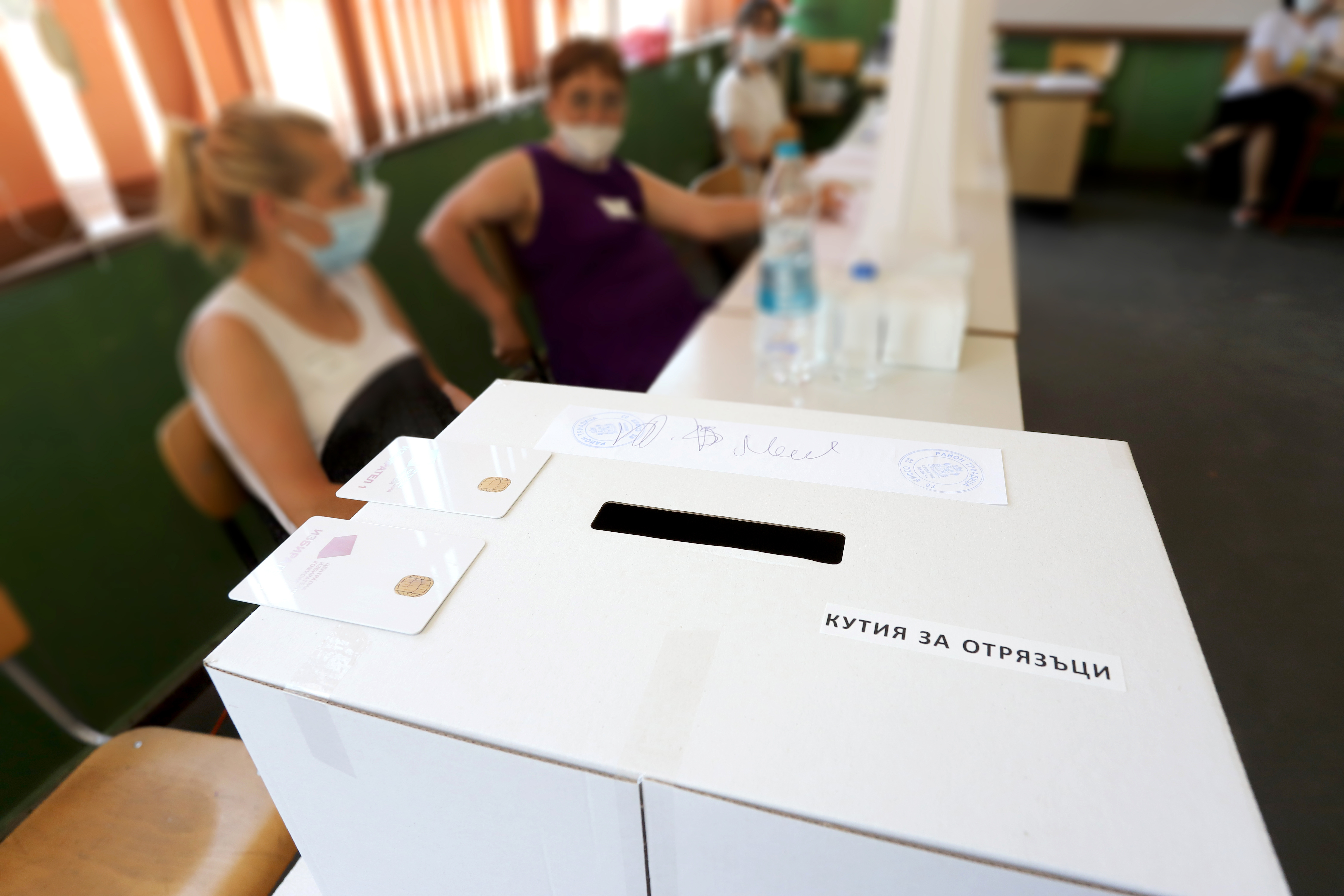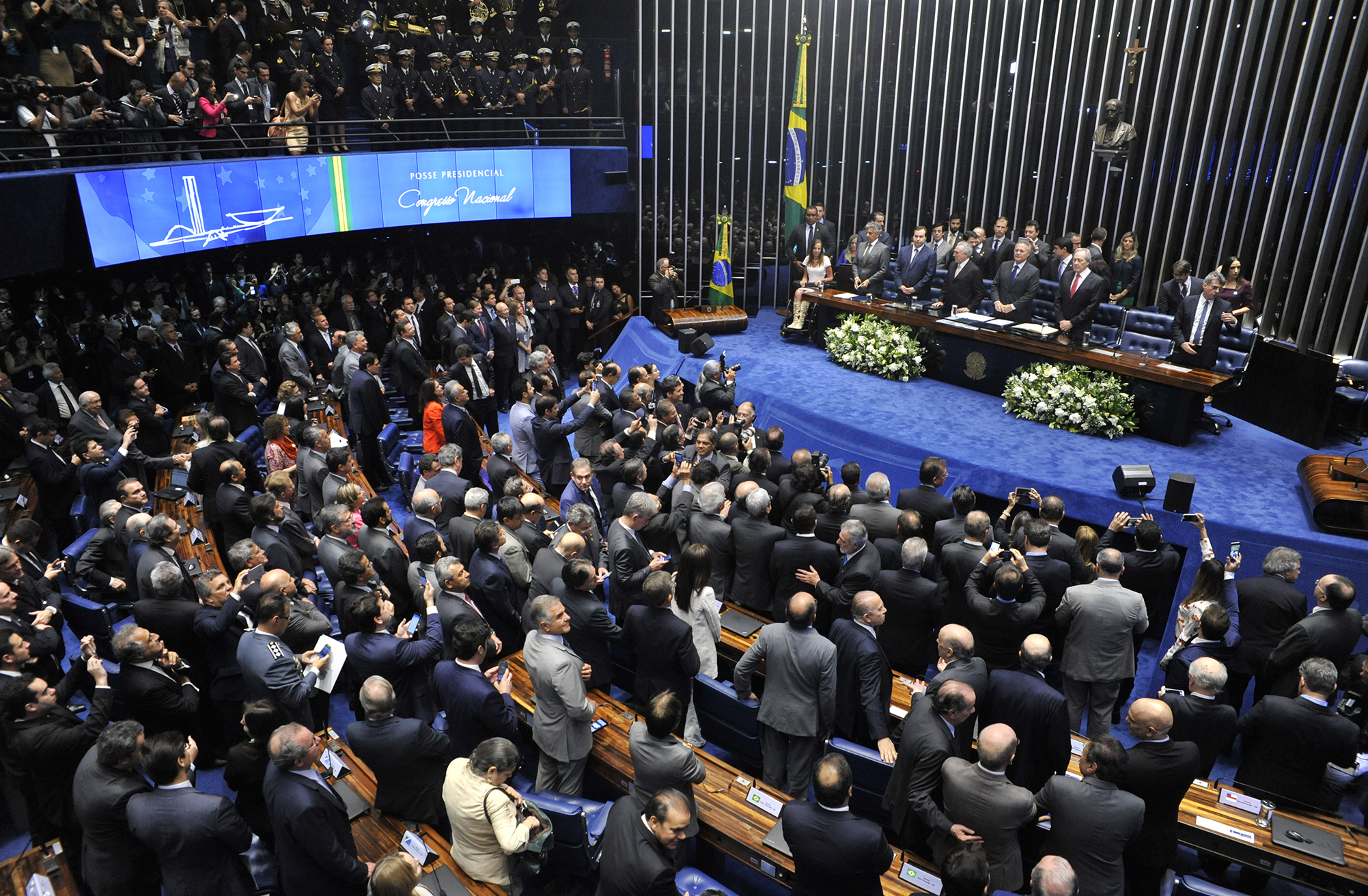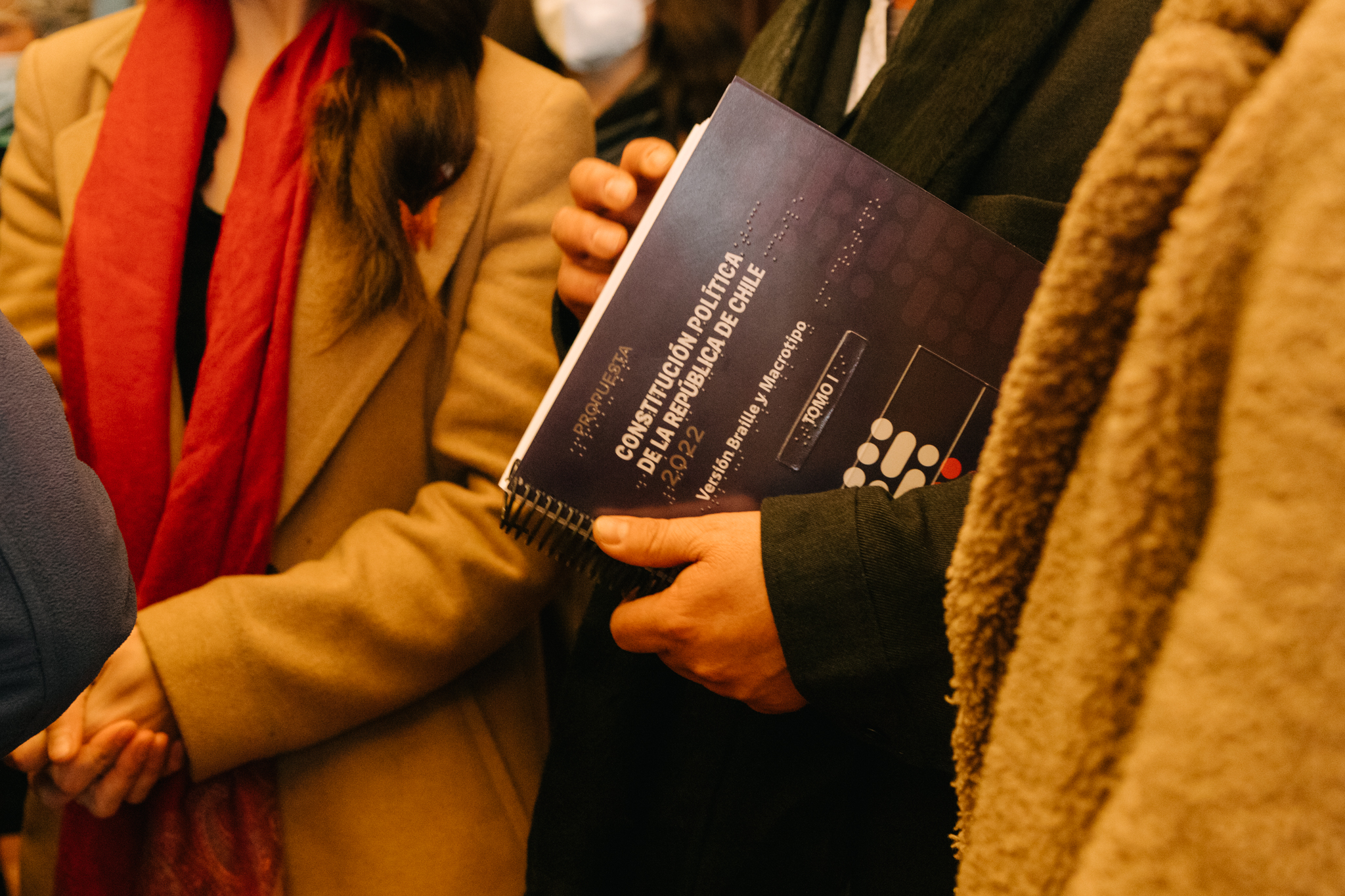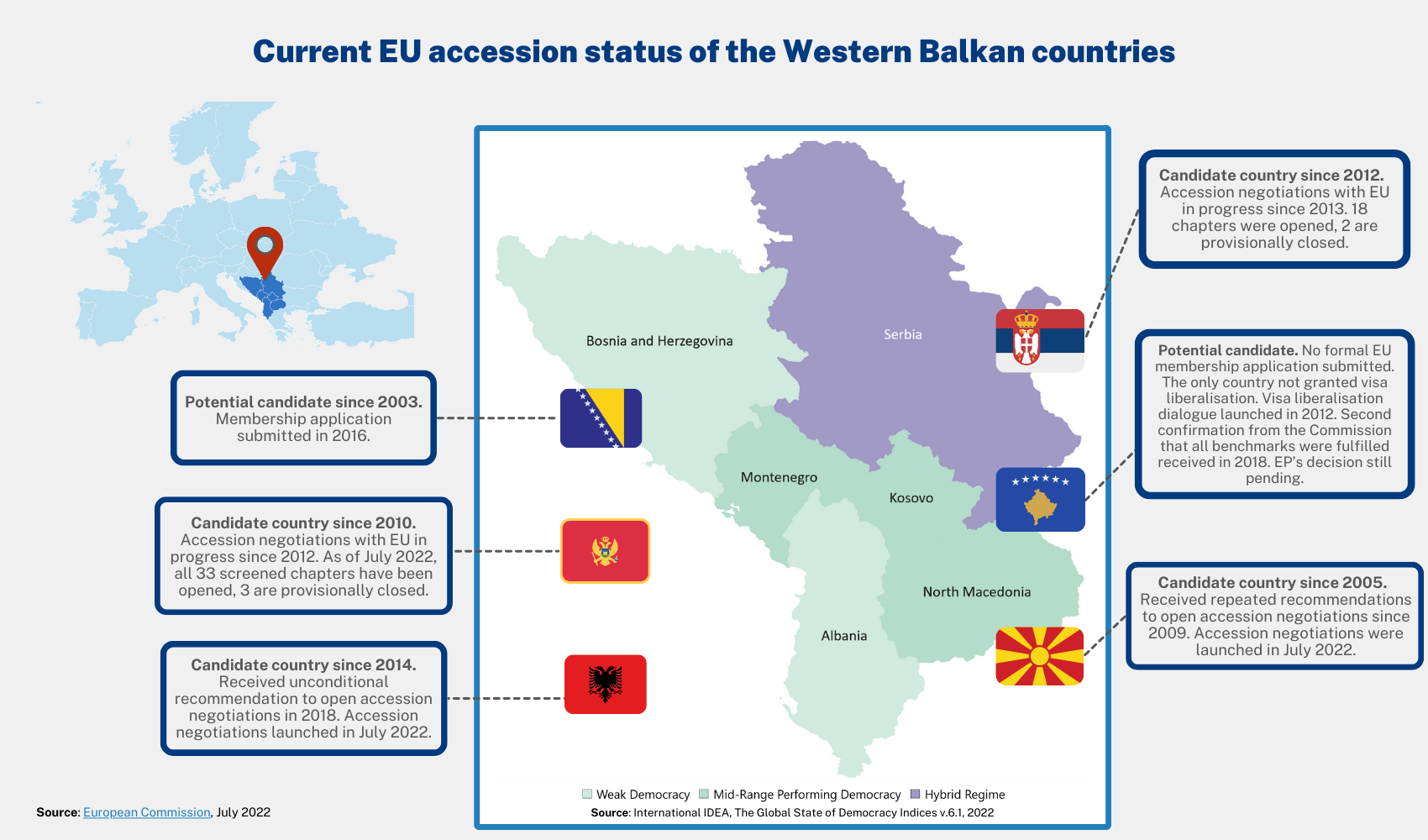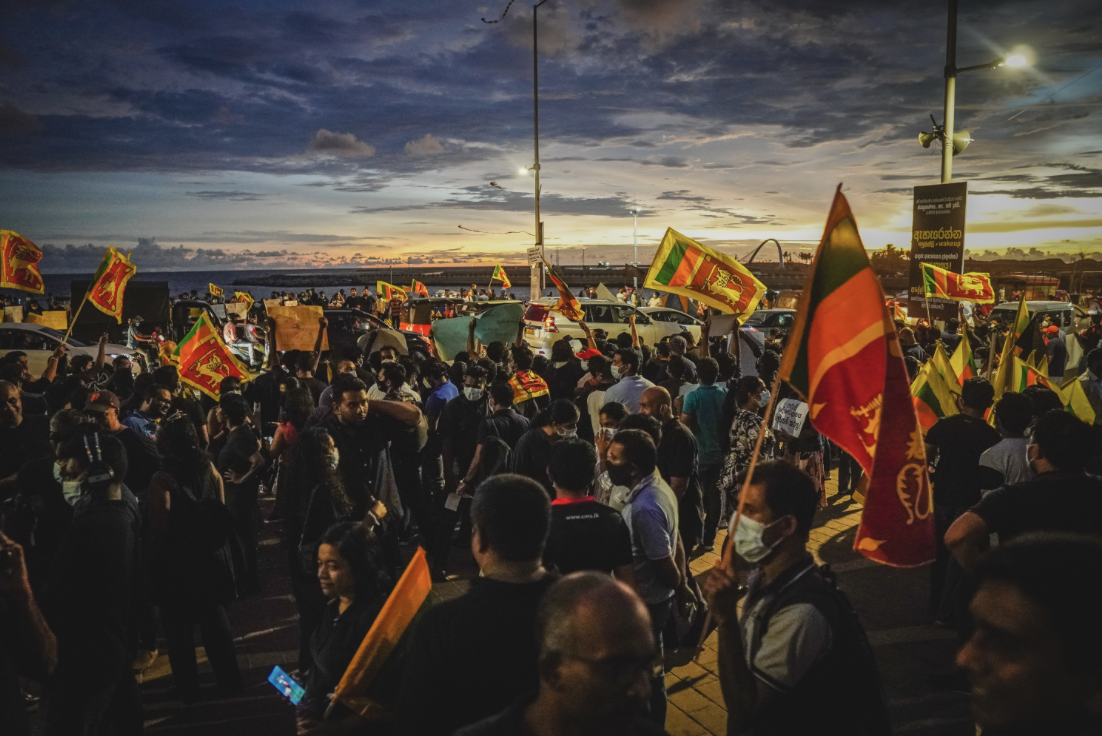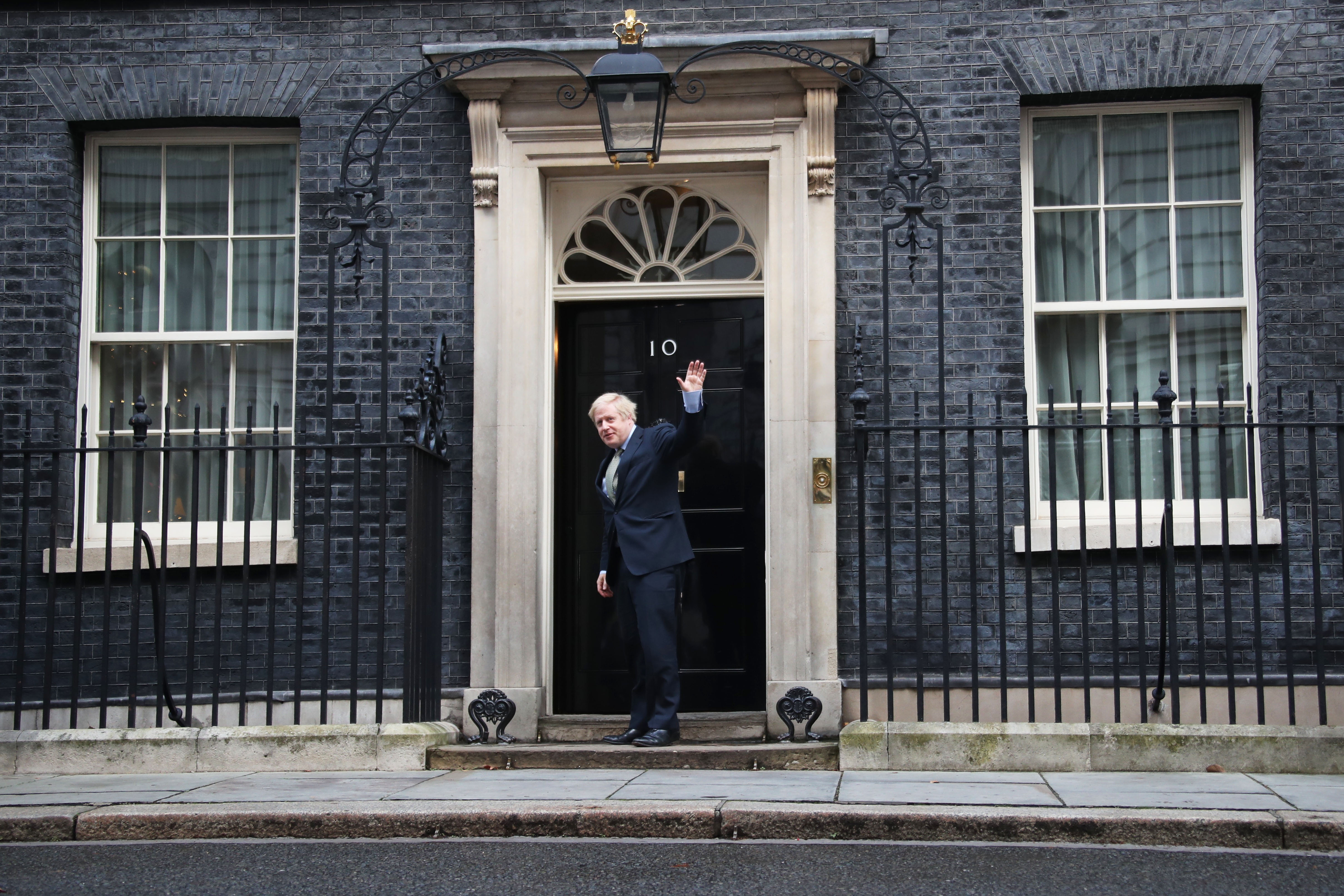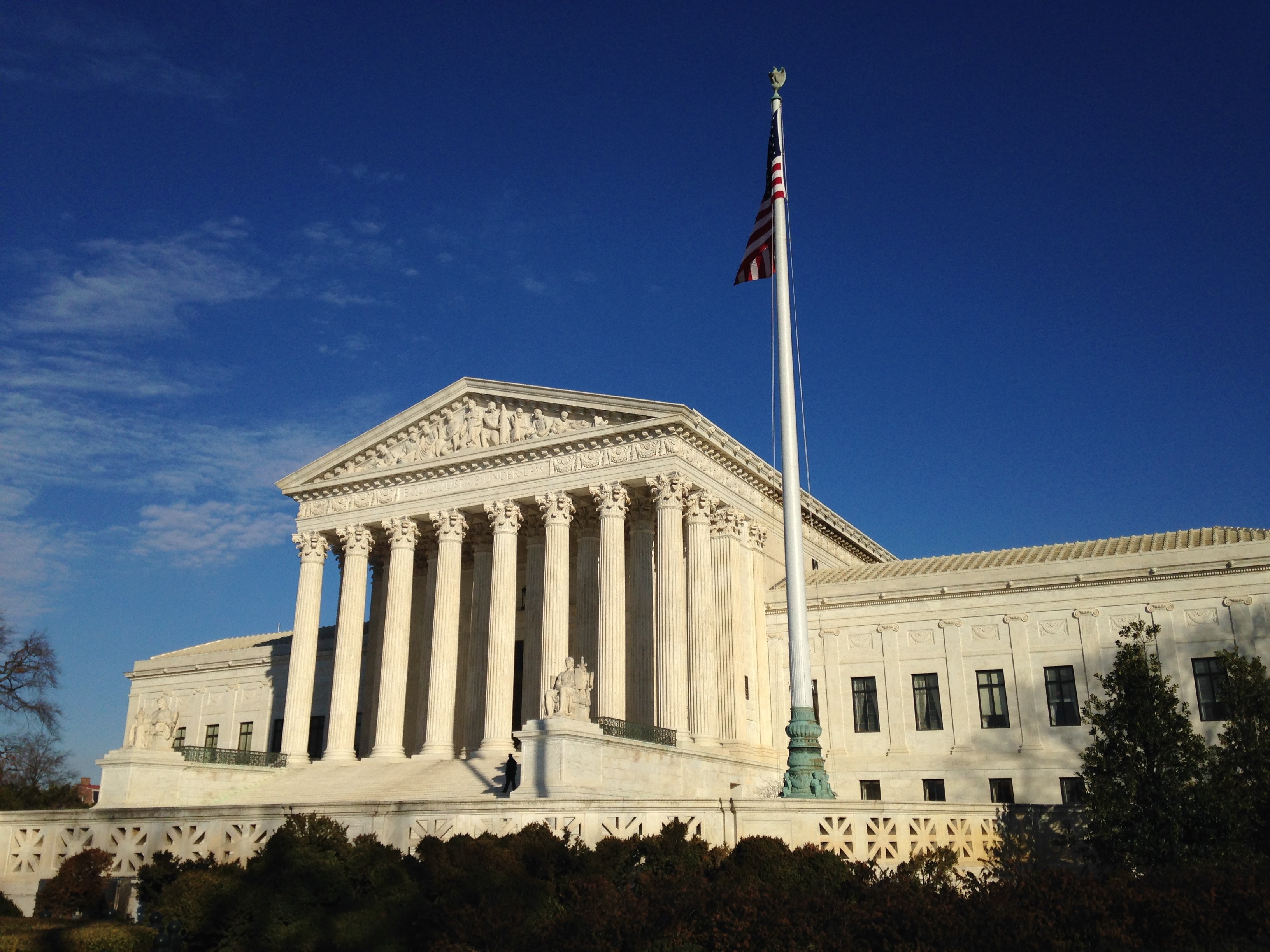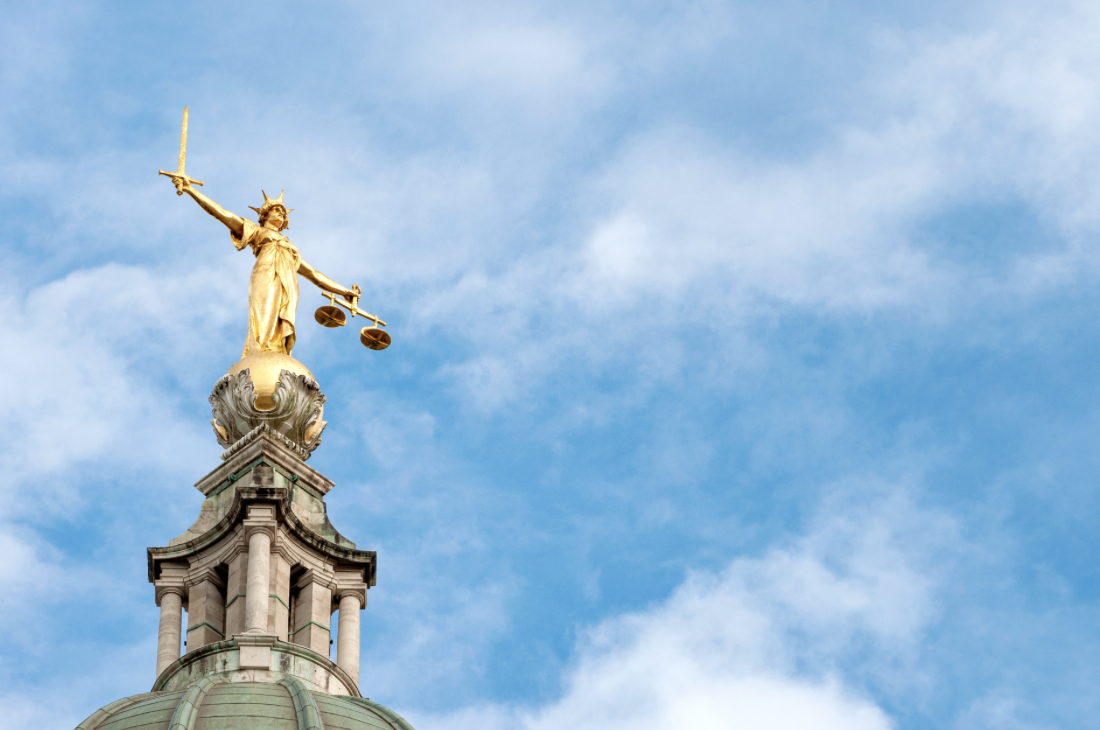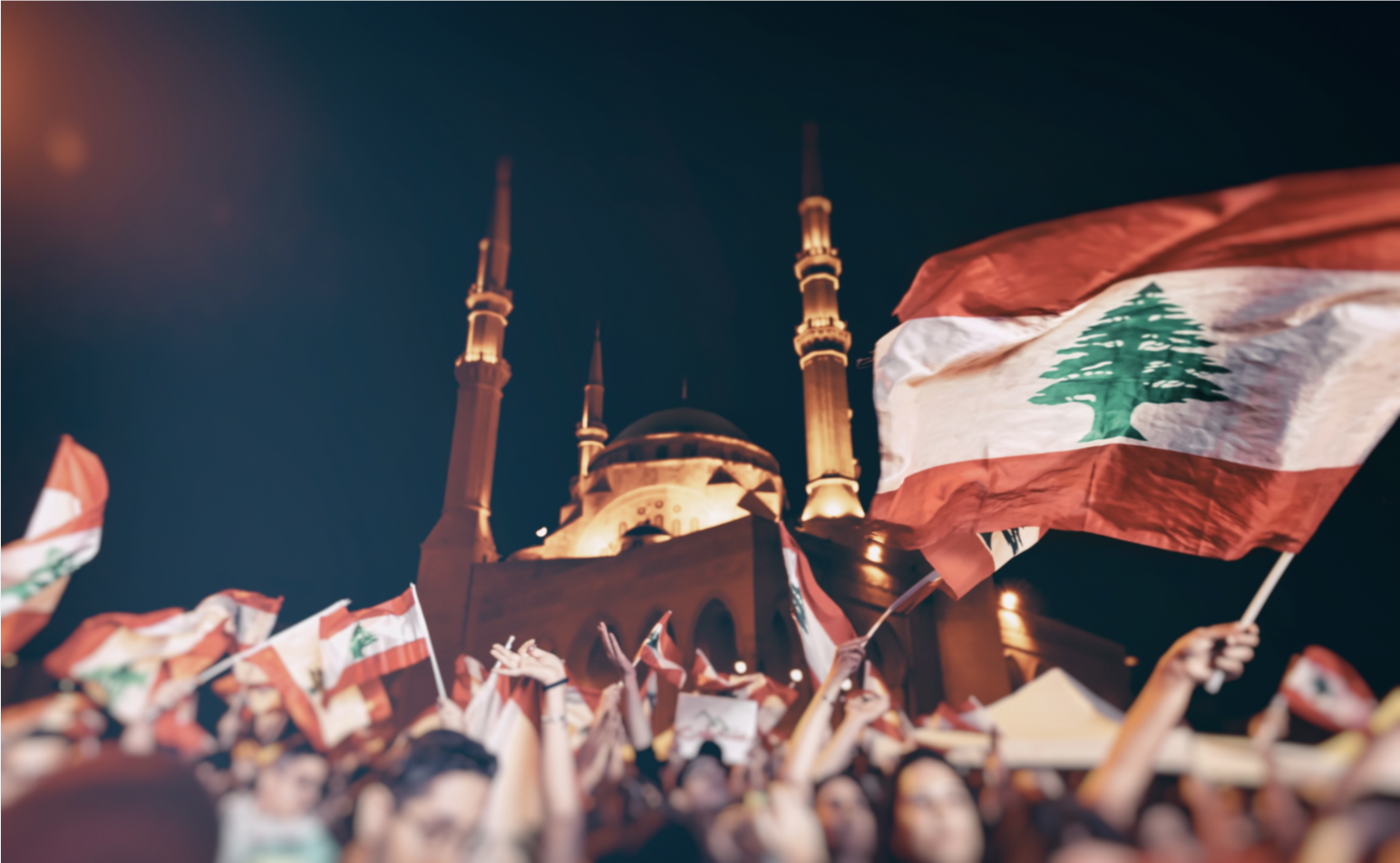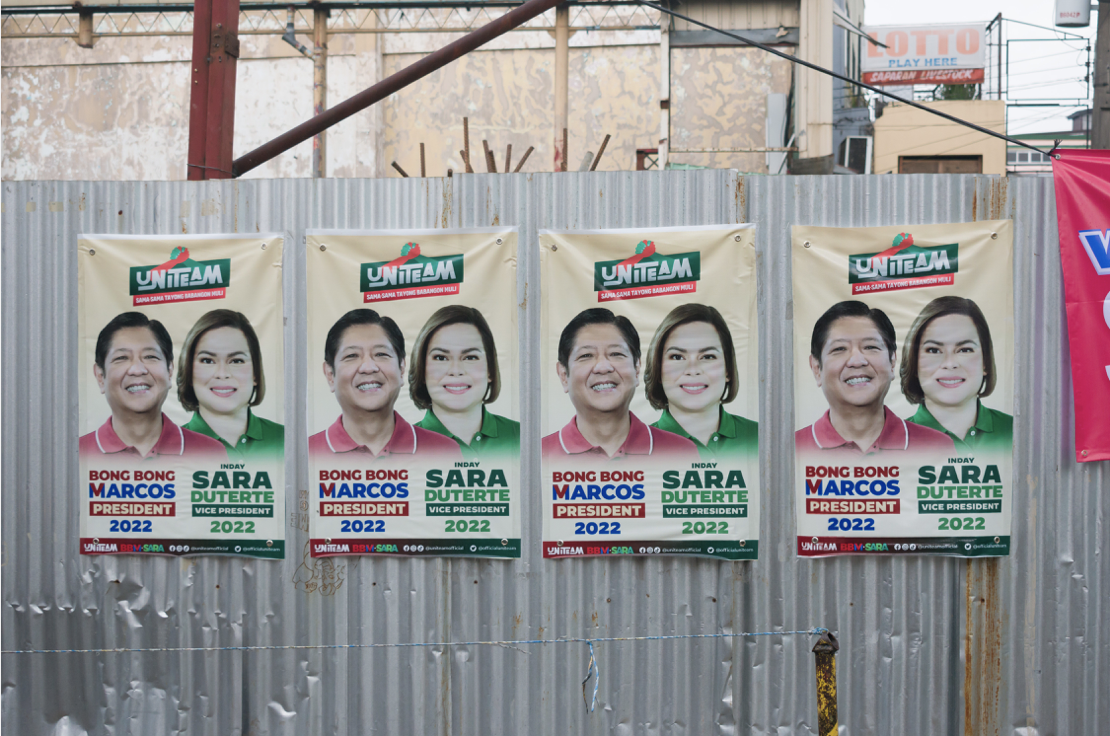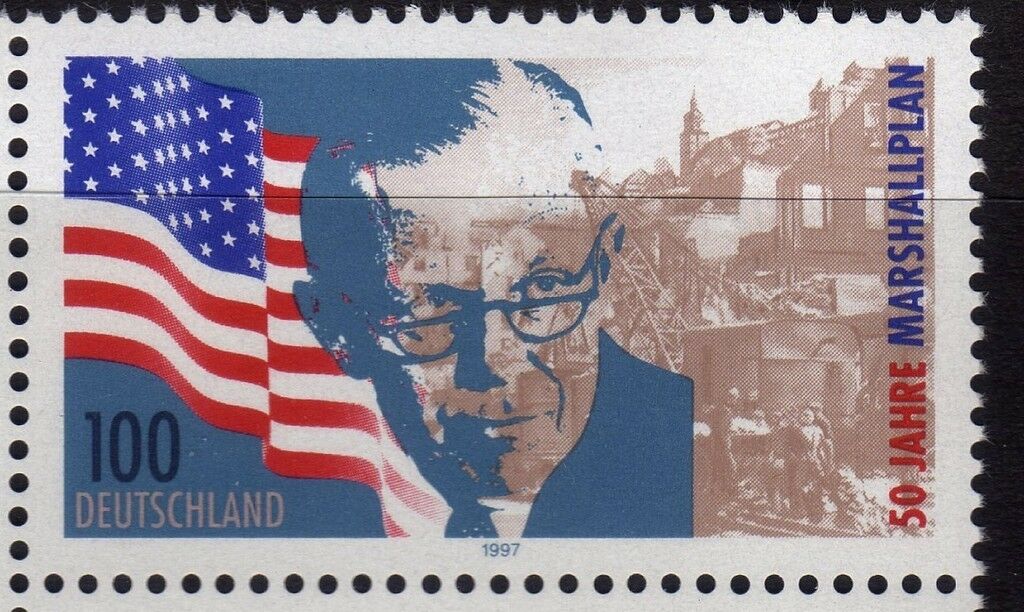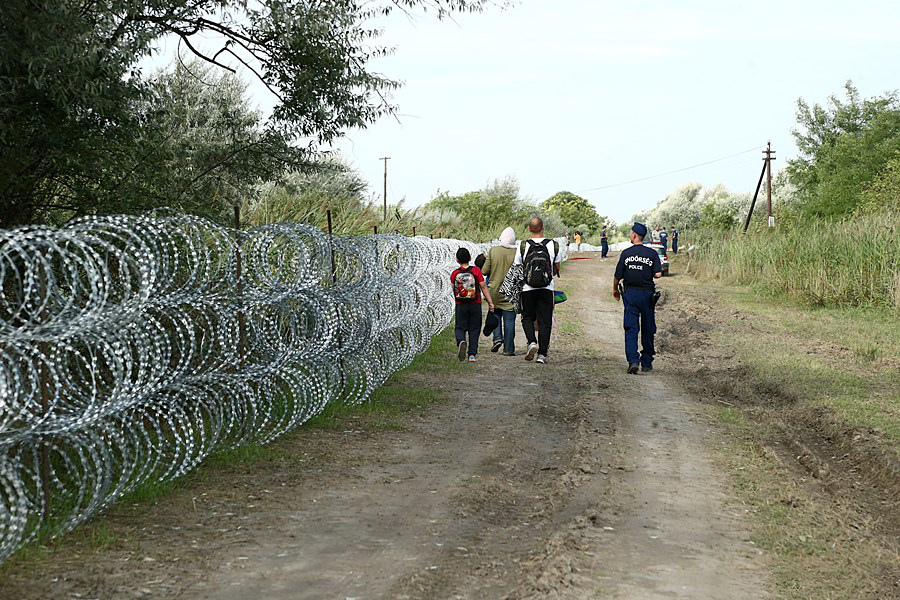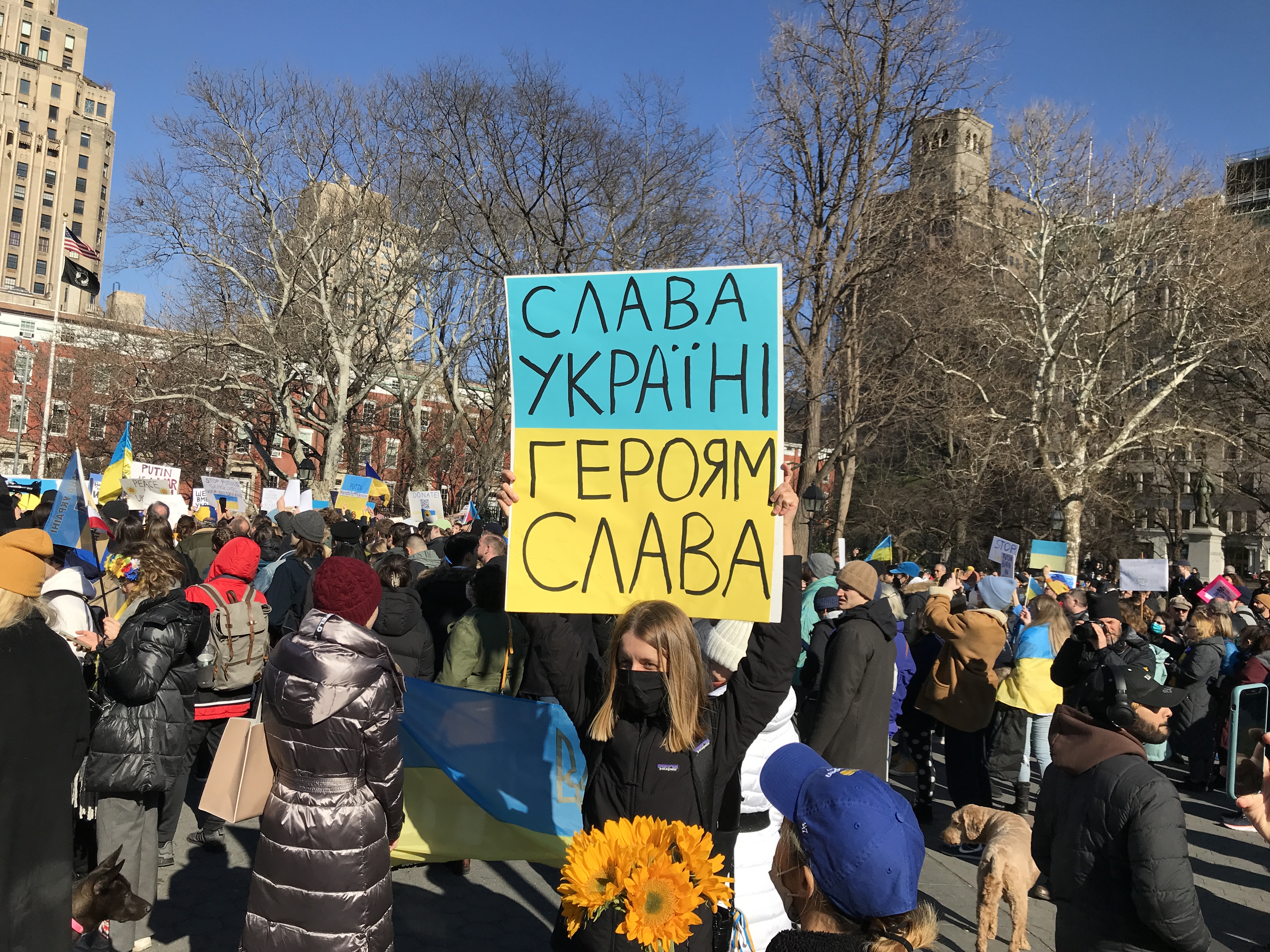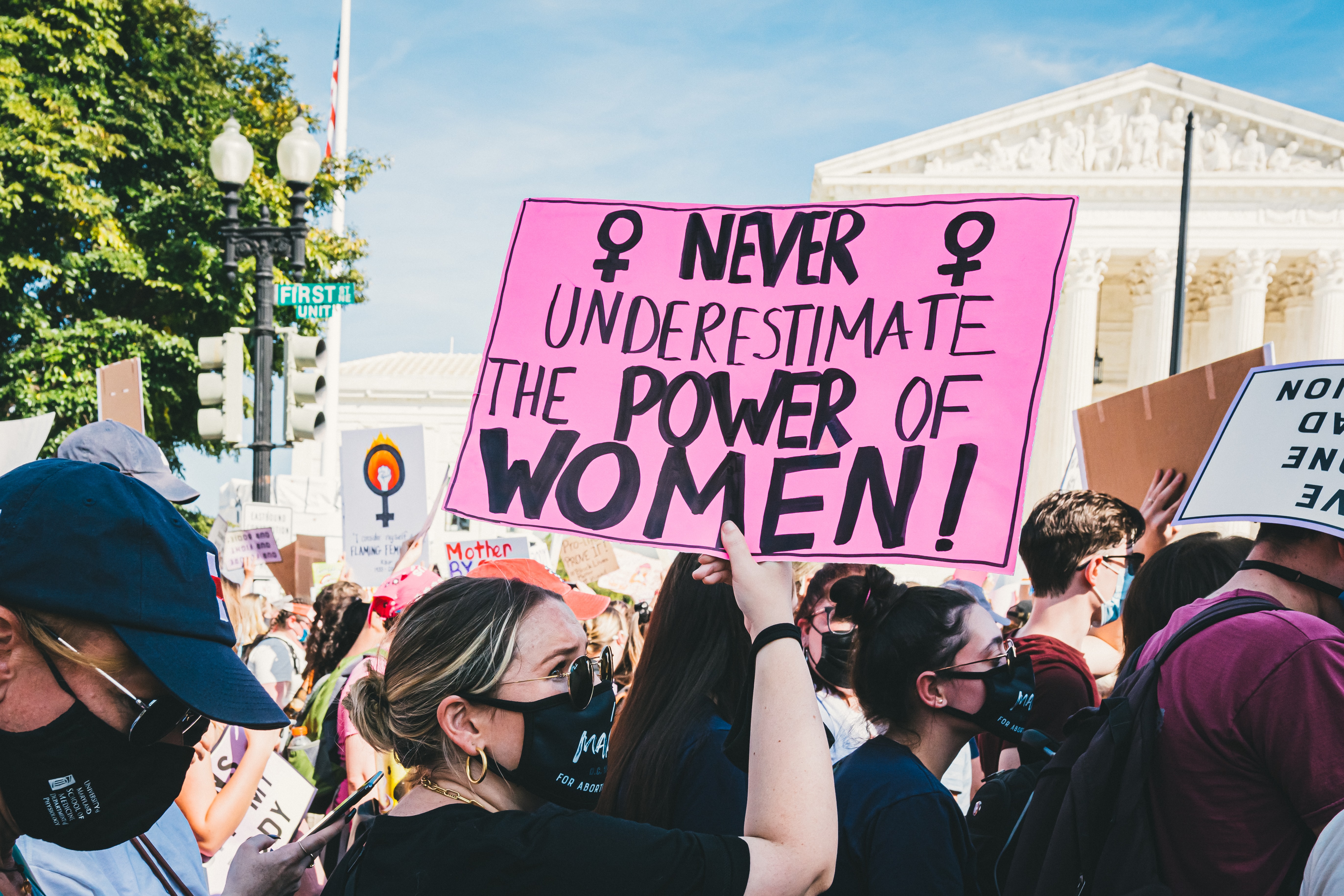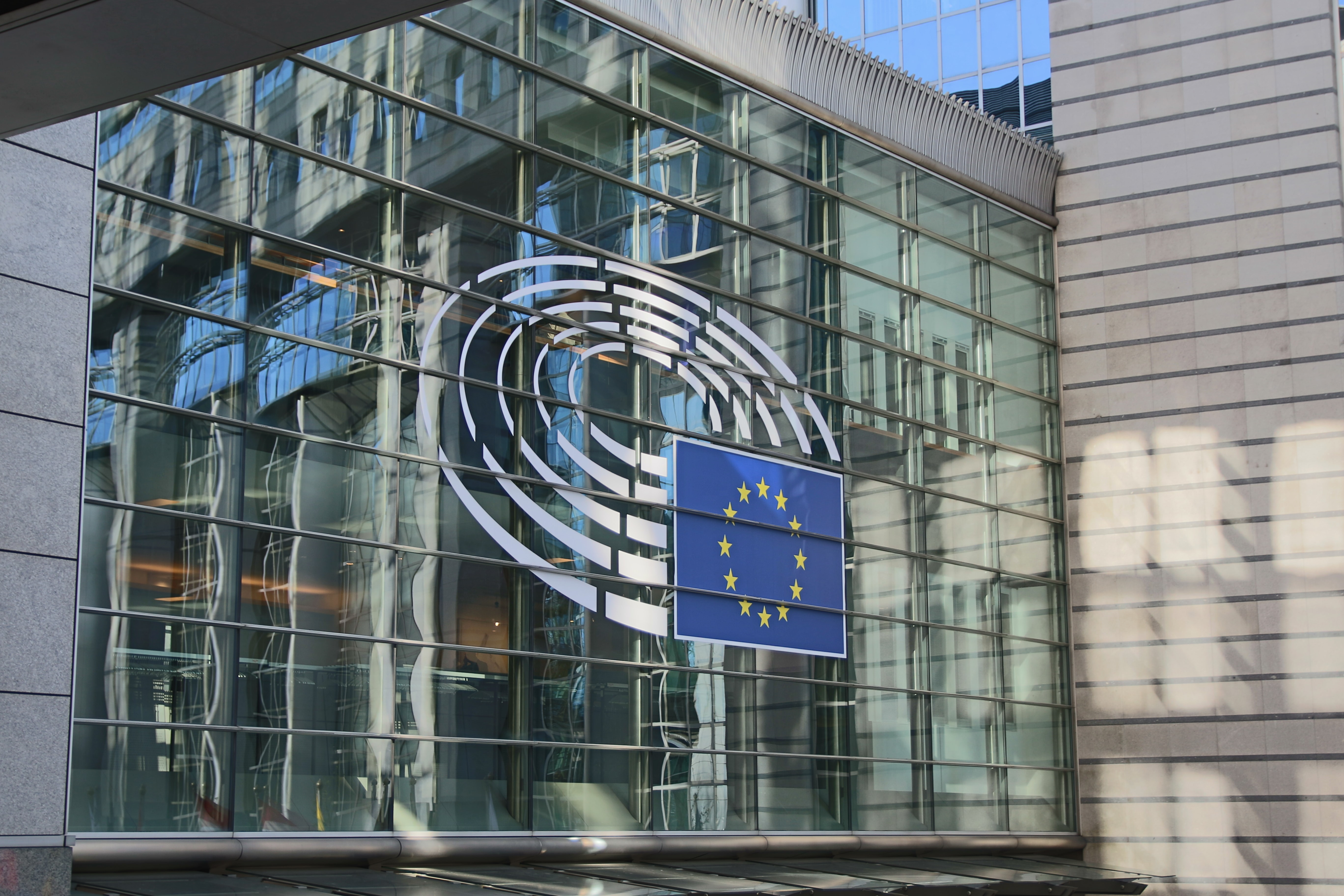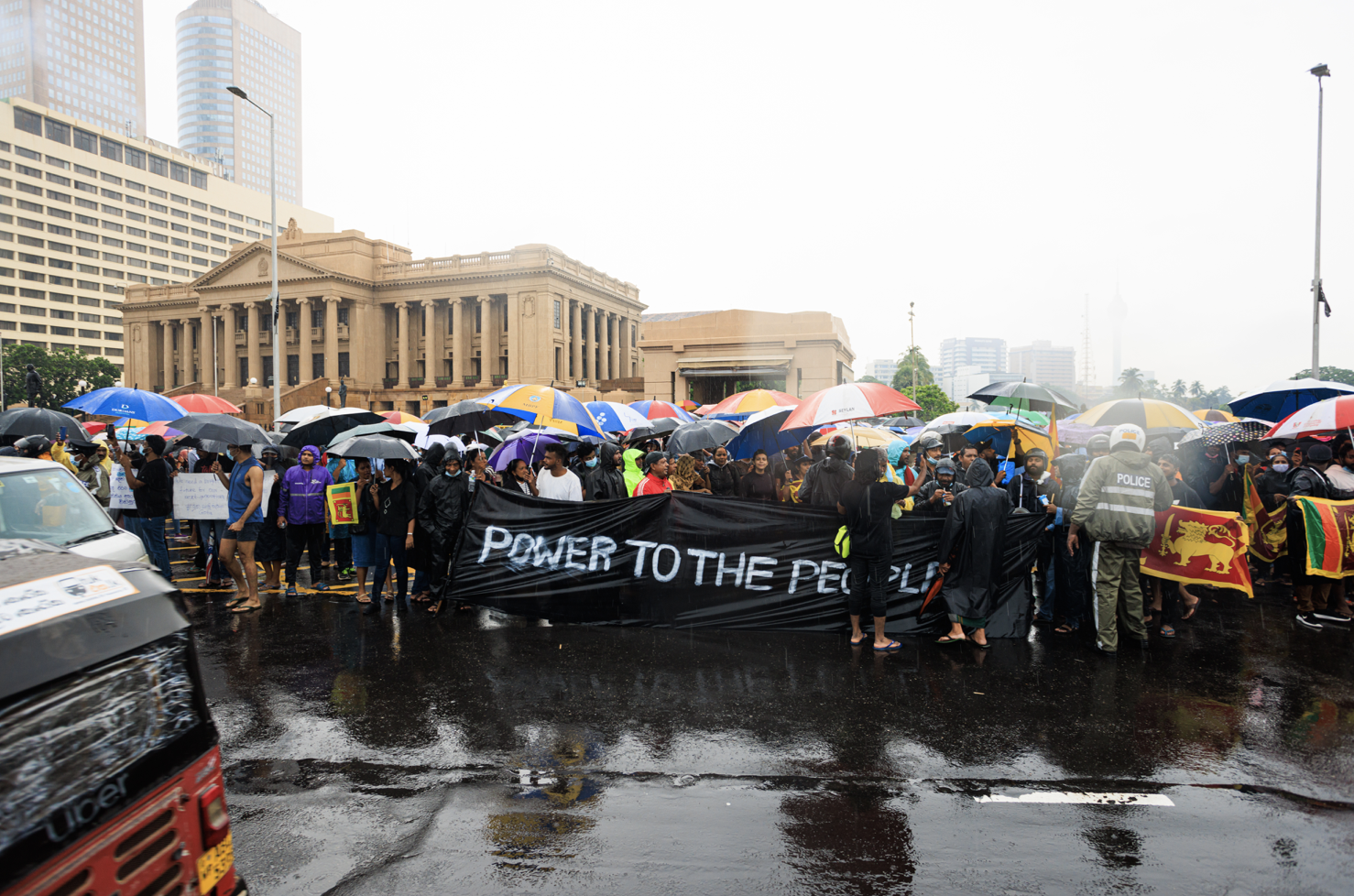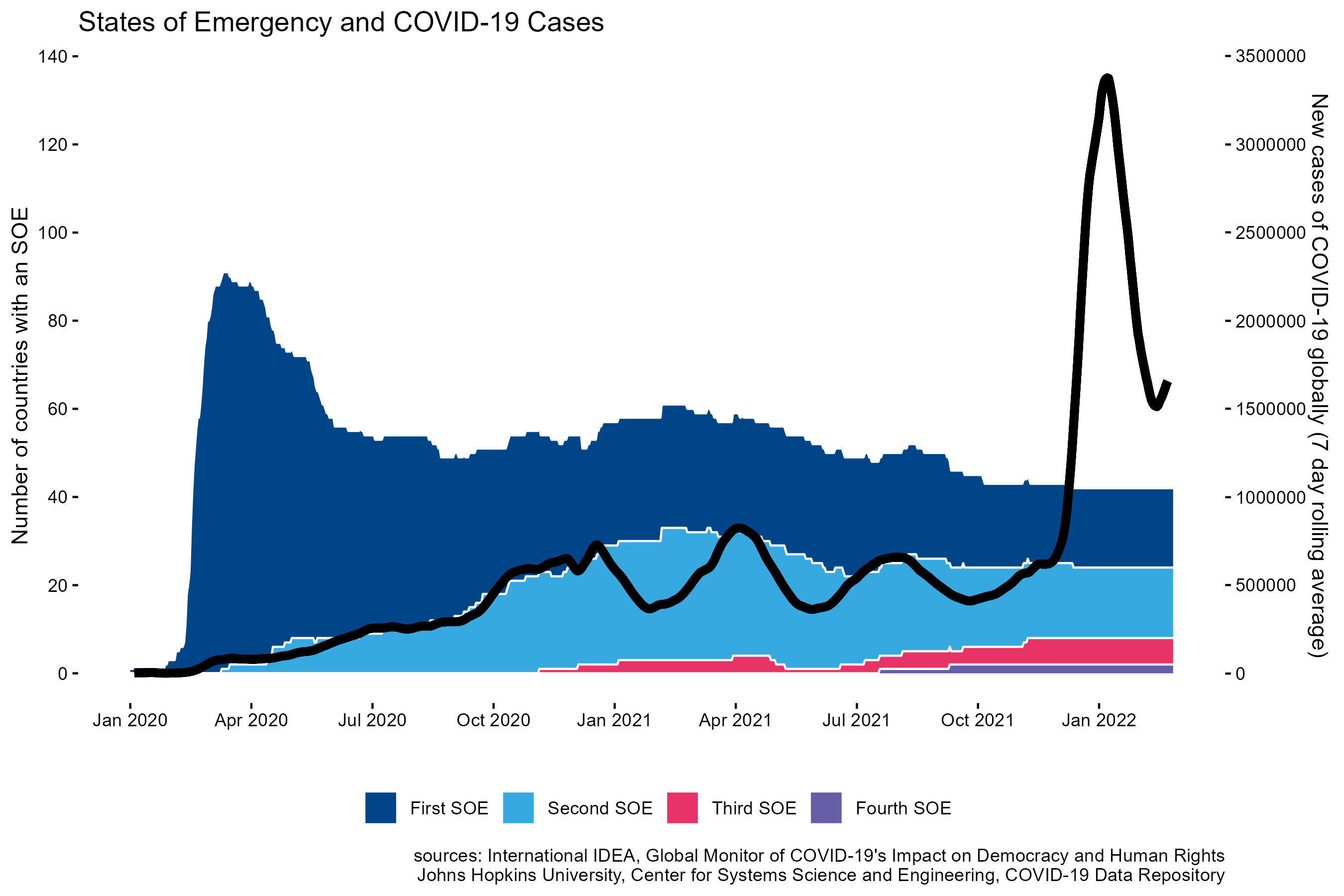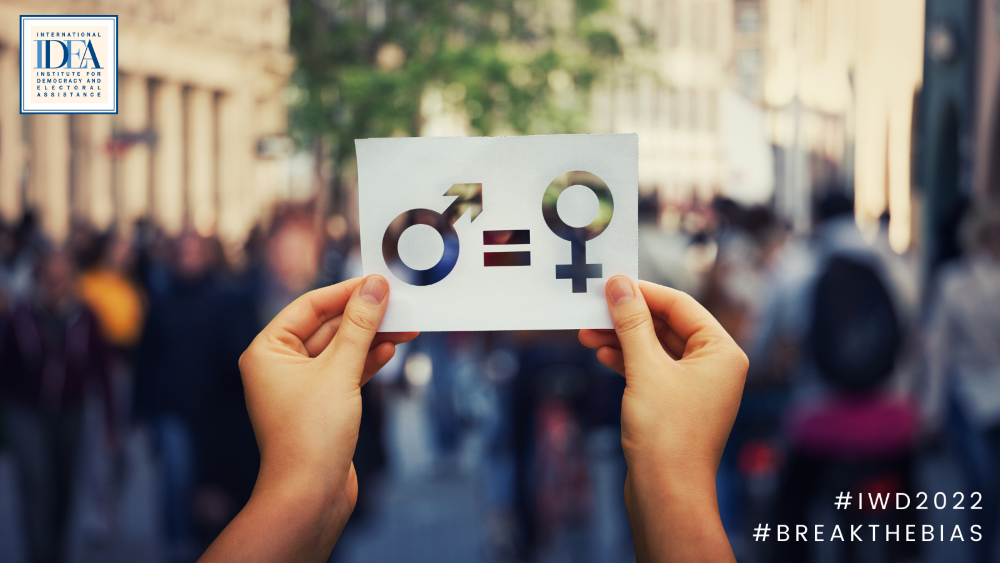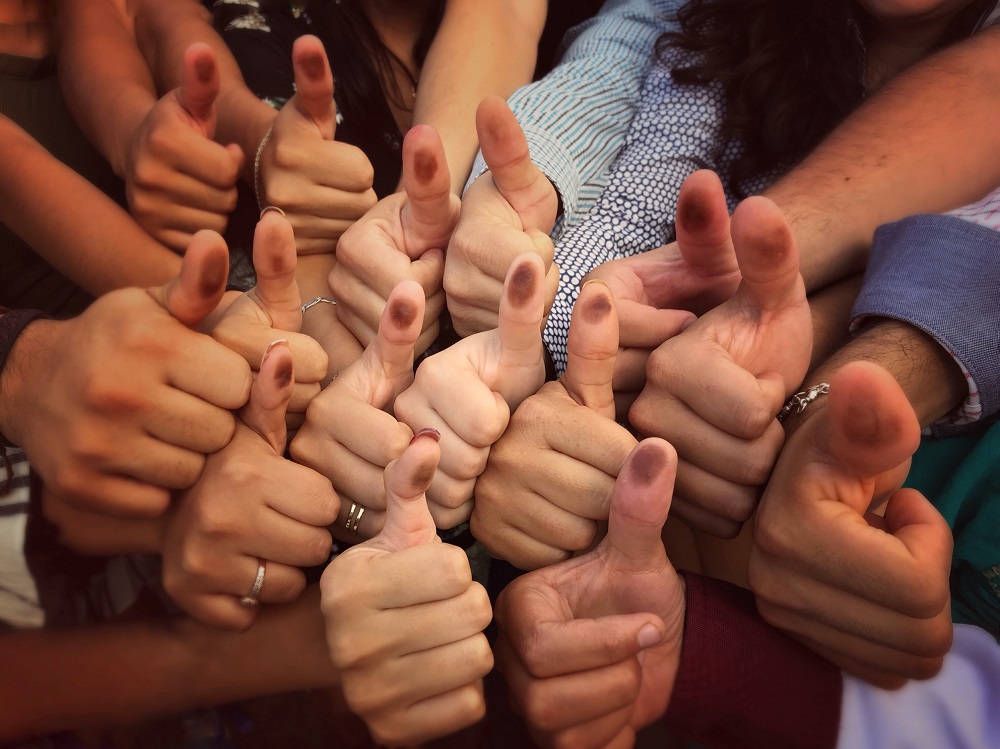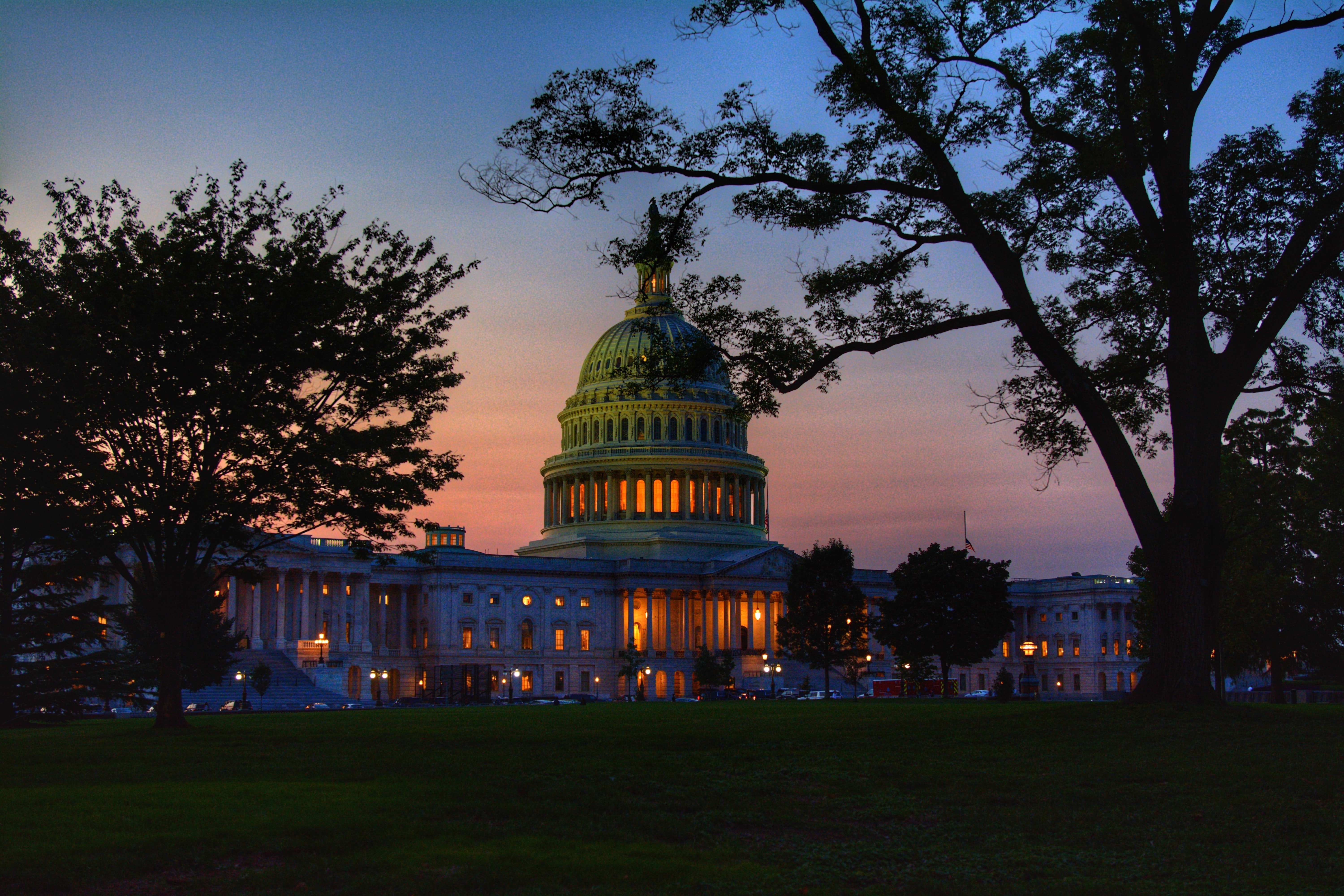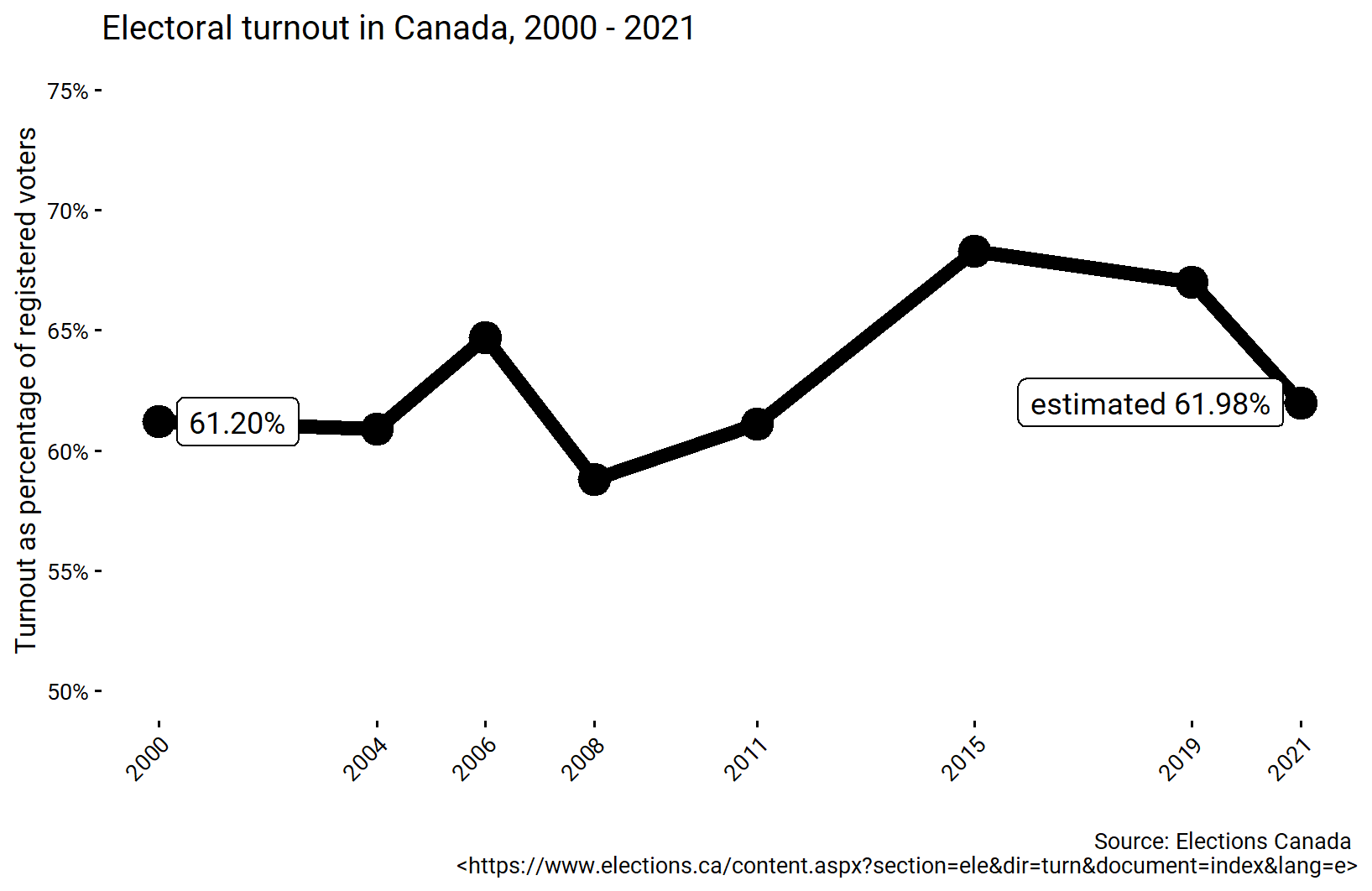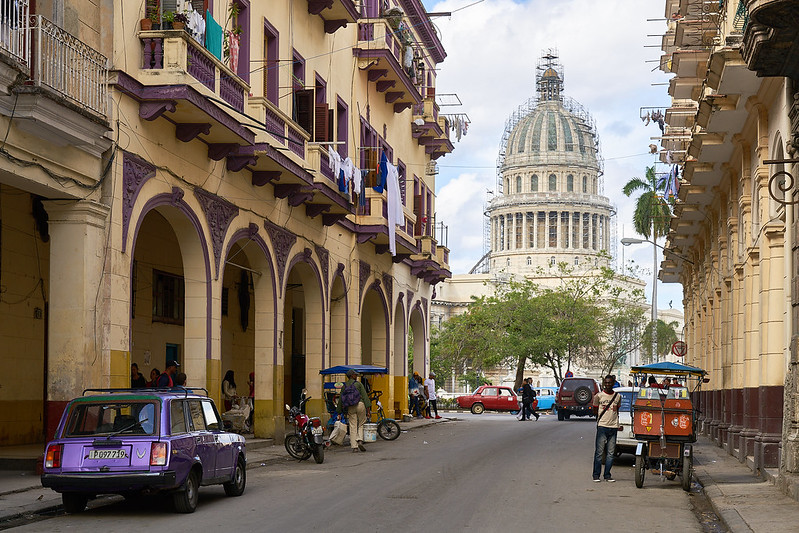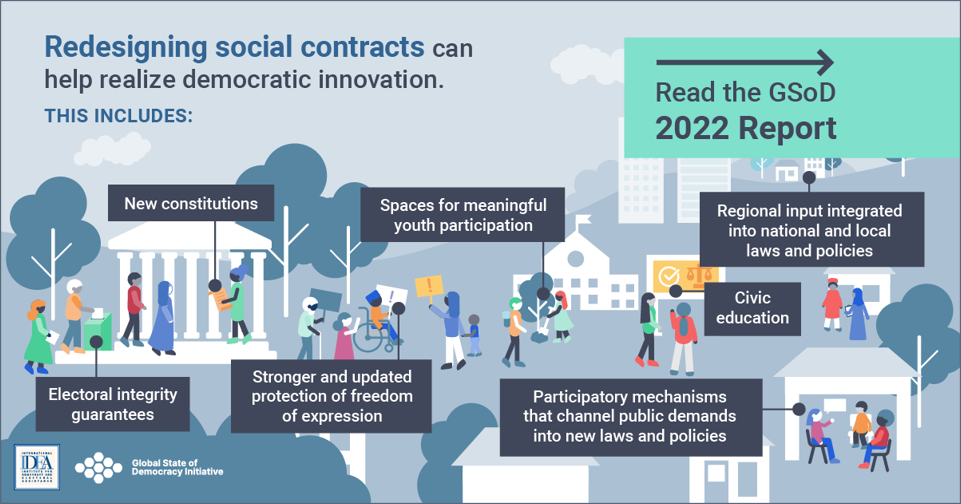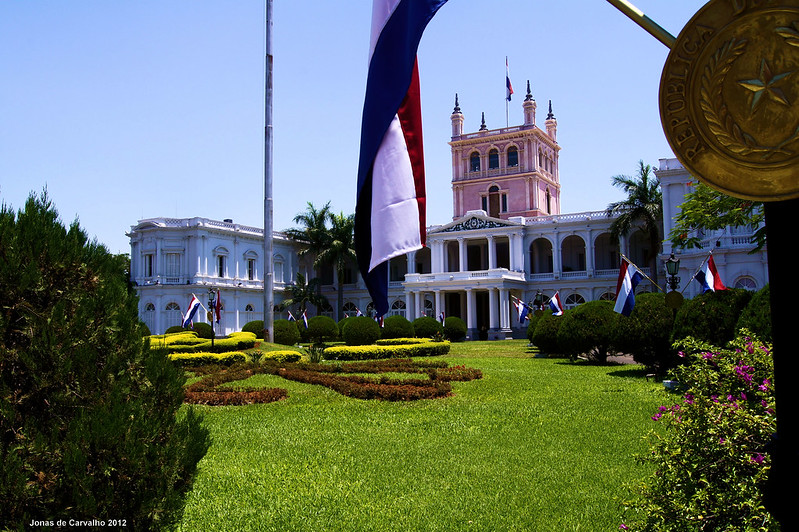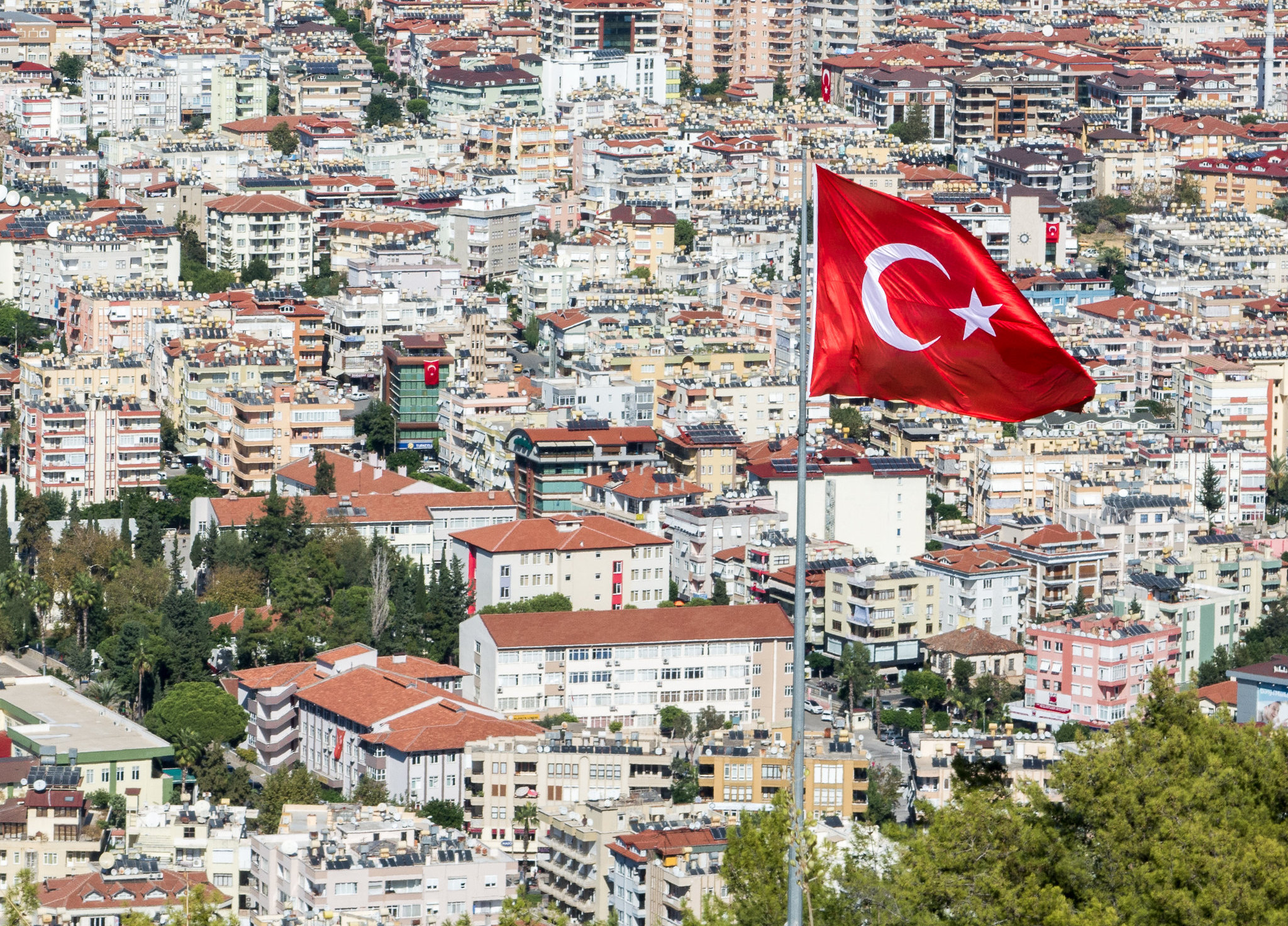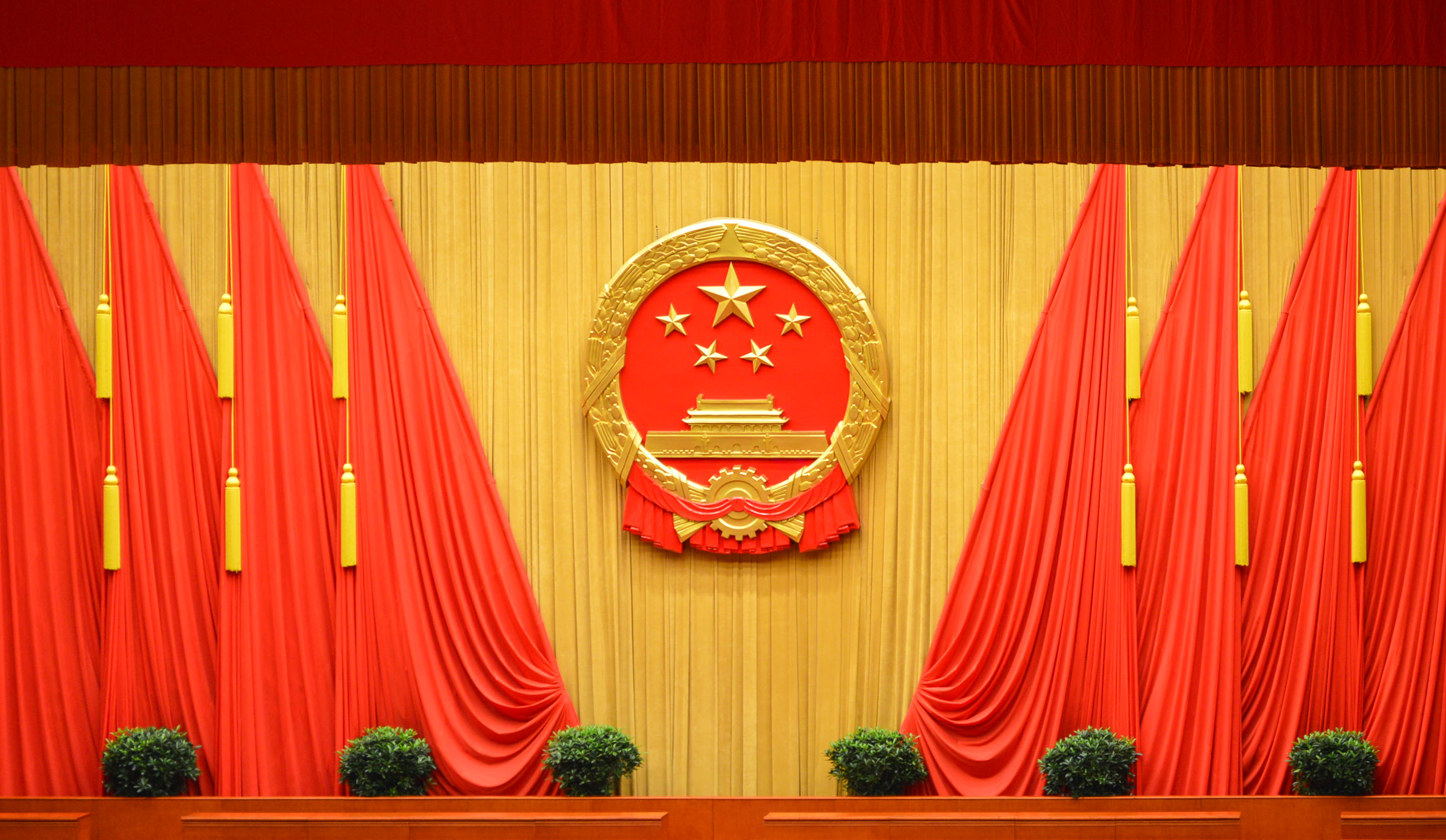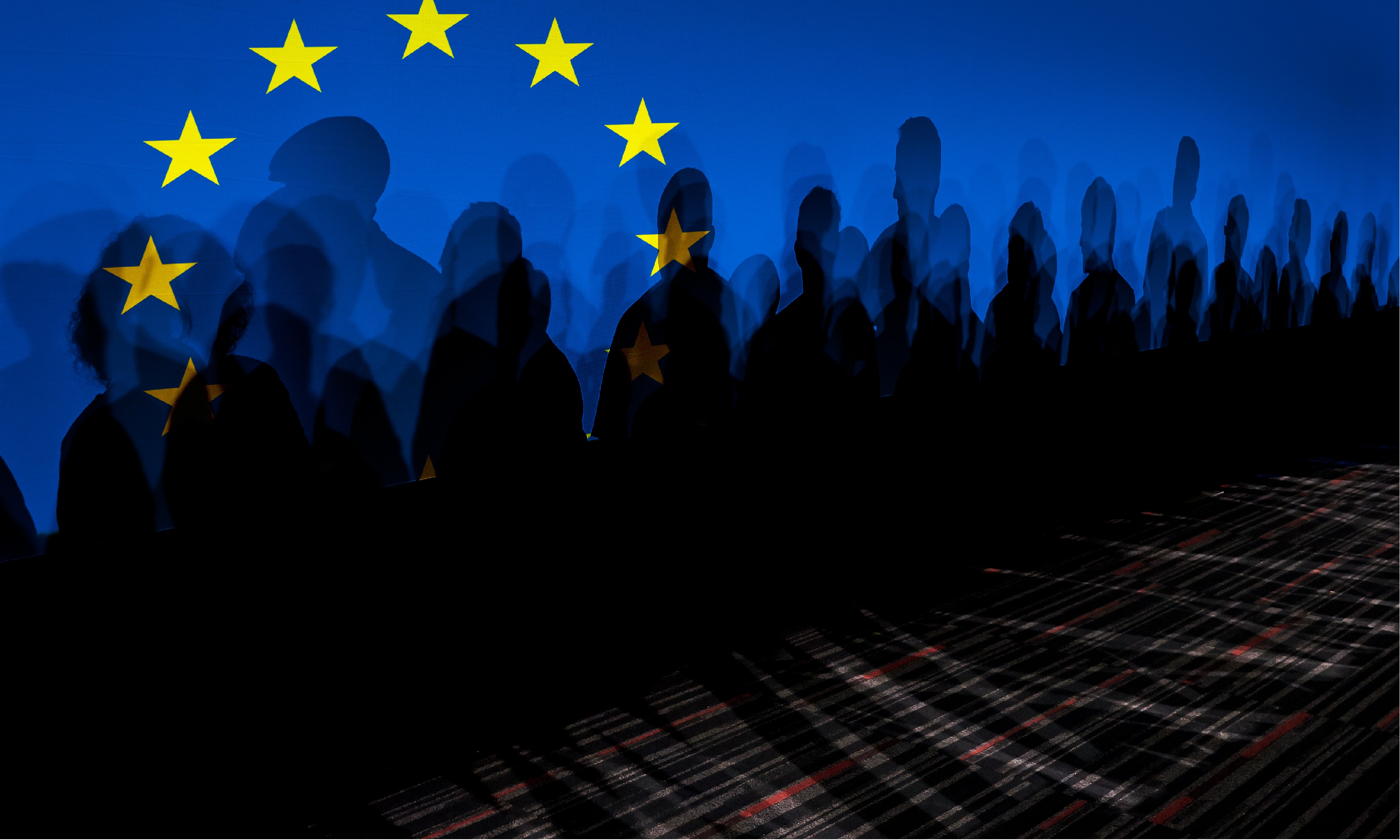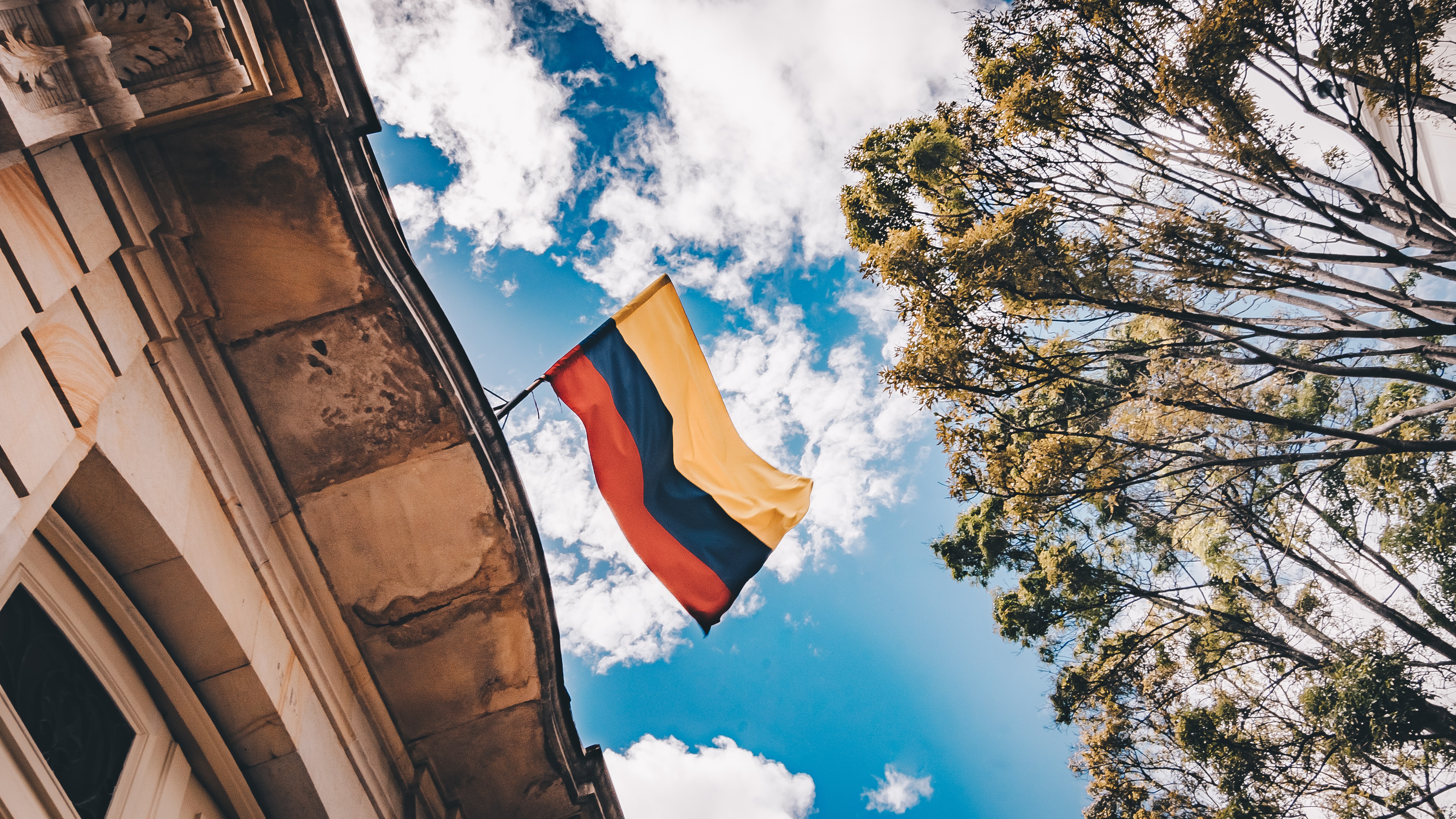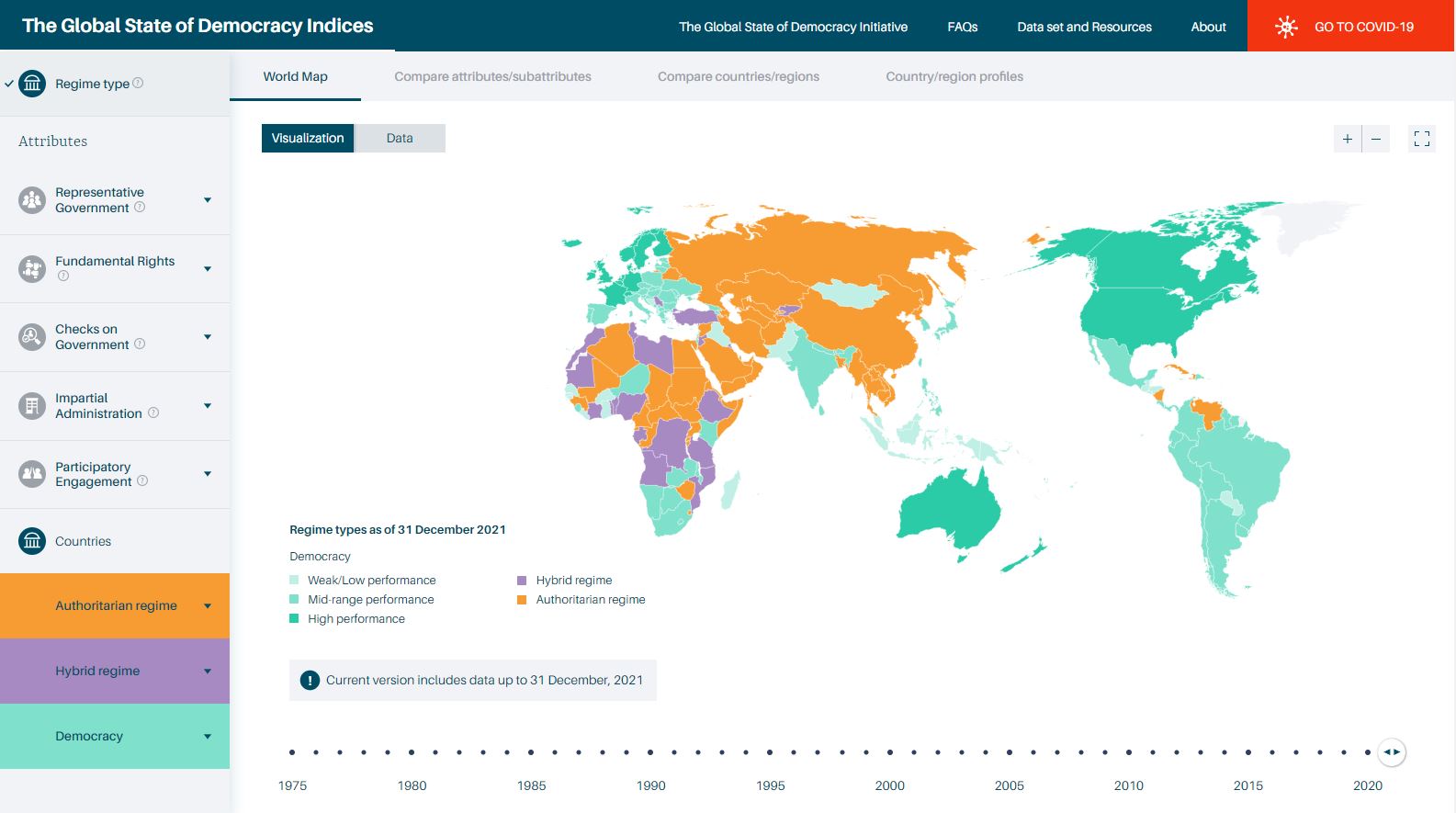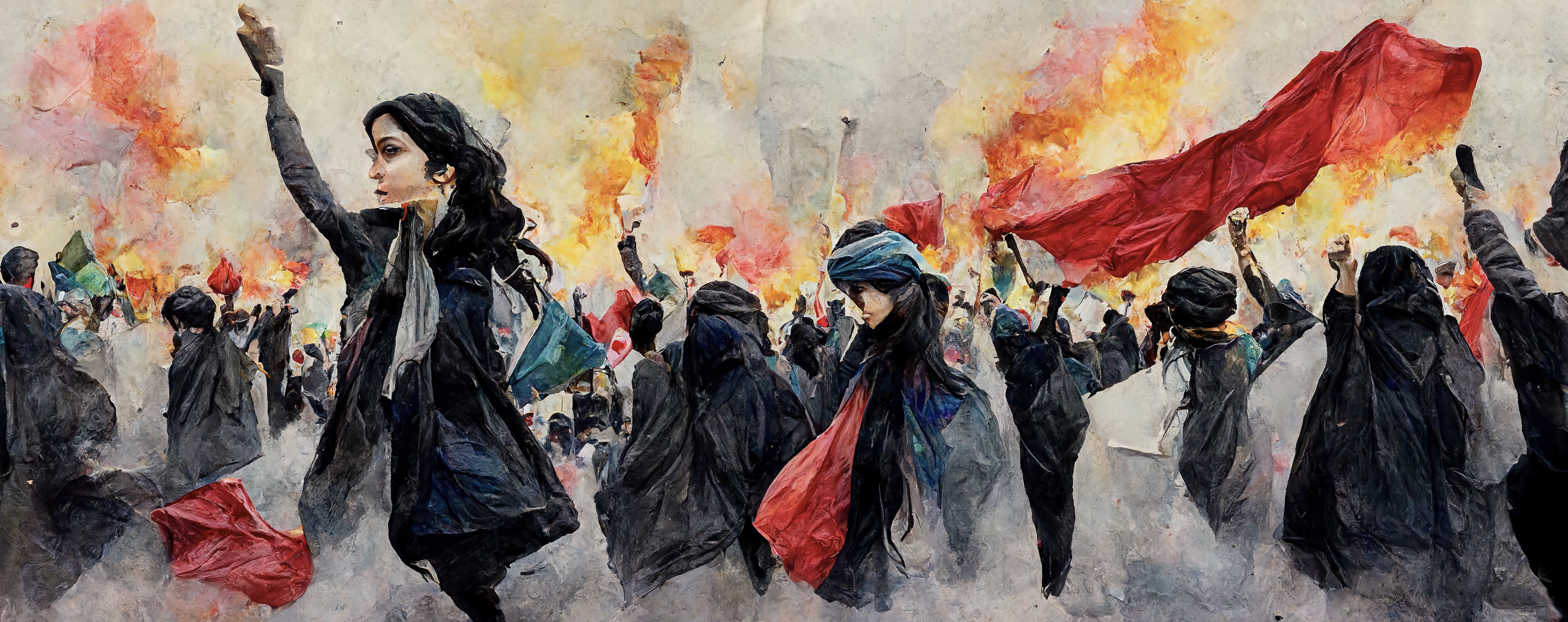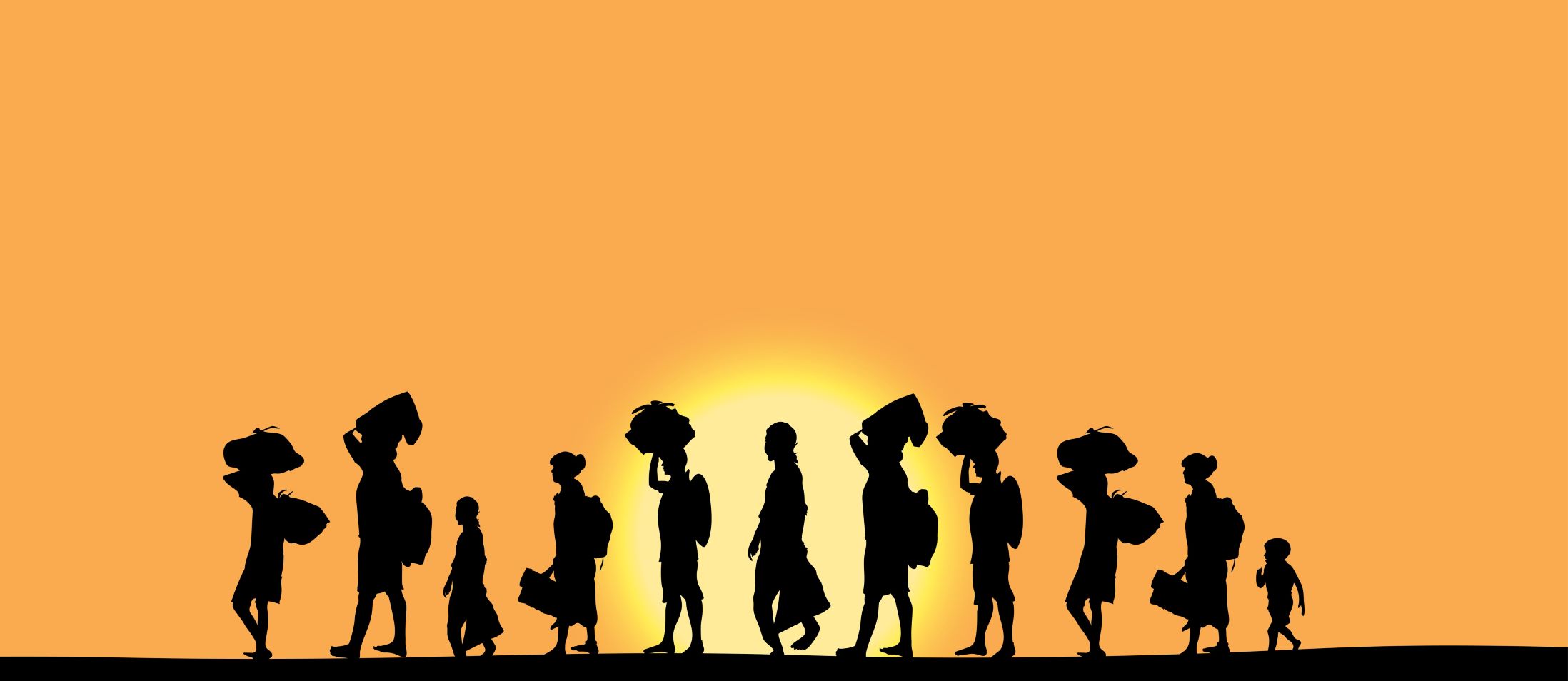Global
The last half of the global super-cycle election year featured notable developments in all regions of the world. Historic transitions of power marked Asia and the Pacific while contentious elections disrupted contexts in Europe. As security concerns ranging from crime to terrorism and war continued to affect Africa and Western Asia as well as the Americas, the rule of law and respect for rights have been in the spotlight.
Emerging patterns
Representation
The last half of the global super-cycle election year was momentous, as national elections took centre-stage. The spectre of foreign interference, especially through the use of social media and new digital technology, loomed large across Europe. Perhaps most prominently, the shock result in Romania’s presidential election sparked an investigation by the European Commission into the role of TikTok and prompted the country’s Constitutional Court to annul the election results and order a re-run (to be held in May 2025).
Other regions also saw controversy and some surprises. In Sri Lanka, left-leaning candidate Anura Kumara Dissanayake, a leader of the Marxist JVP, swept both presidential and snap parliamentary polls. Bangladesh was also in the limelight as the 15-year rule of Sheikh Hasina came to an end amid mass protests that swept her out of power and ushered in a transitional government. Elections in Mozambique and Venezuela were controversial, with significant evidence of an opposition victory in the latter case despite official results showing otherwise.
In many other places, however, opposition political parties were suppressed, including in multiple countries in Africa. Most notably, over one hundred parties were dissolved or suspended in Guinea. Similar problems were seen in Pakistan and Thailand. In contrast, Malian leaders lifted a ban on parties and large-scale Indonesian protests and civil society opposition thwarted a legal reform that would have threatened opposition parties. In the Americas especially, weakened checks on the executive raise questions about an uneven balance of power.
Rights
In contrast to ongoing repression of a range of civil liberties in all regions, it is encouraging to note recent victories related to historical crimes. There was progress in this regard across Africa, including in Guinea and Uganda. ECOWAS approved the establishment of a Special Tribunal for The Gambia to prosecute crimes committed under former President Yahya Jammeh’s rule, and Zimbabwe launched community hearings over the ‘Gukurahundi’ massacres carried out by the country’s military in the 1980s. Similarly, a UN treaty body recommended that the government in Peru make reparations for forced sterilizations that particularly impacted rural and Indigenous women in the 1990s. Advances in Brazil included the restoration of the Special Commission on Political Deaths and Disappearances and recognizing previously unacknowledged groups as victims of the military dictatorship.
On the other hand, already vulnerable groups still bear the brunt of oppression, with attacks against migrants and ethnic minorities in places such as Türkiye and the United Kingdom, undermining Political Equality. State violence has also impacted minority groups in other regions (See Rule of Law below). On the other hand, reforms in Thailand opened the door for permanent residency and citizenship for close to 500,000 stateless individuals, and judicial rulings in Ireland and with regard to Cyprus provide support for the fight against inequality.
A turnaround in the longstanding trend of declining respect for Freedoms of Expression, Association and Assembly and the Press seems increasingly unlikely, especially as states turn their attention to security and argue in many cases that increased attention to security necessitates and justifies less respect for rights. The launch of a joint media platform by Burkina Faso, Mali and Niger, where the juntas are attempting to strengthen state-controlled information and counter critical international reporting, is particularly worrying. Similarly, in Palestine, Freedom of the Press was undermined by the Israeli military’s shuttering of the Ramallah offices of Al Jazeera, one of the few international media outlets reporting from Gaza.
Declines in Gender and Social Group Equality, with particular impacts on the LGBTQIA+ community, marred democratization around the world, including in Vanuatu, Georgia, Bulgaria, Italy and Burkina Faso. Still, women’s reproductive rights and protections against child marriage and domestic violence were expanded, including in Colombia, Indonesia, New Zealand and Poland. Women’s political representation also saw historic gains in Armenia, Jordan and Namibia.
Rule of Law
Violence continues to undermine people’s safety around the world, with concerning developments in every region. In the Americas, Panama, Chile and Trinidad and Tobago have struggled to balance respect for rights and controlling gang violence and crime, while confirmed and alleged assassination attempts marred the US presidential campaign and the political context in Bolivia. In Africa and Western Asia, on the other hand, violence continues to manifest in the form of terrorist attacks, insurgencies and war.
Although not violent, there are also battles between the courts and other branches of government. In Burkina Faso, Zambia and Tunisia, executives have made moves to shape and influence the courts in their favour, while in Slovakia and Cyprus, key investigation institutions were disbanded. On the other hand, courts, including in Brazil, the Dominican Republic and Pakistan were able to assert their independence in cases ranging from social media companies’ violation of the law to the appointment of key judicial officials. In Mexico and the United States, the introduction of elections for judges and a ruling in favor of broad presidential immunity, respectively, have raised several questions about institutional independence and accountability.
Perhaps the most dramatic development, however, has been in the Republic of Korea, where the president’s declaration of martial law sparked impeachments as well as the arrest of the now former president and other actors.
Participation
In the latter half of 2024, 35 countries held national elections across all regions. There were several historic cases of party turnover, including in (but not limited to) Botswana, Sri Lanka and the United States. In Bangladesh and Syria, milestone transitions of power took place outside the context of elections, while highly contentious polls marked Georgia, Mozambique, Romania and Venezuela. In fact, 2024 saw losers rejecting election outcomes in 15 per cent of cases.
While a majority of registered voters turned out (61.0 per cent), representing more than 1.6 billion voters in 2024, there was not necessarily evidence of more expansive inclusion. The average percentage of women in legislatures increased by less than one per cent, and the number of female heads of state stands at nine (although this is more than the 6sixwho were in power at the beginning of 2024). Europe’s first black head of government, Vaughn Gething in Wales, lost power in August.
Despite violence, especially at the hands of police, mass protests continue to colour streets around the world. Notable such events took place in the closing months of 2024 in Cambodia, Georgia, Indonesia, Kenya, Nigeria and the Republic of Korea. In Cambodia and Indonesia, the protests were successful in pushing the governments to backtrack on unpopular proposals, demonstrating the power of mass mobilization across diverse contexts.
In other restricted environments, however, such as Azerbaijan, Cameroon and Ethiopia, the space has shrunk even more as civil society organizations have been targeted. In Nicaragua, new amendments have further criminalized dissidence and expanded the definition of who can be prosecuted, with the threat of “transnational” prosecutions and scrutiny of citizens abroad raising serious concerns.
Factors of Democratic Performance
Scores represent world averages in 2023.
*Data represents an average of the entire world
Number of events reported
See the most frequently impacted categories of democratic performance over the last six months
Most impacted factors of democracy
| Civil Liberties |
|
98x |
| Political Equality |
|
85x |
| Predictable Enforcement |
|
59x |
| Personal Integrity and Security |
|
57x |
| Access to Justice |
|
34x |
